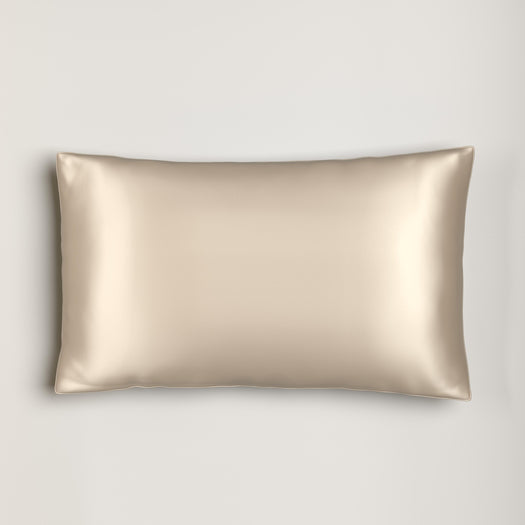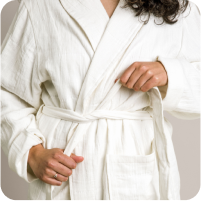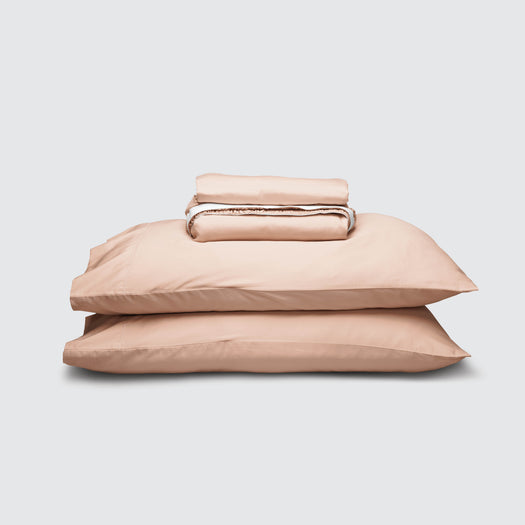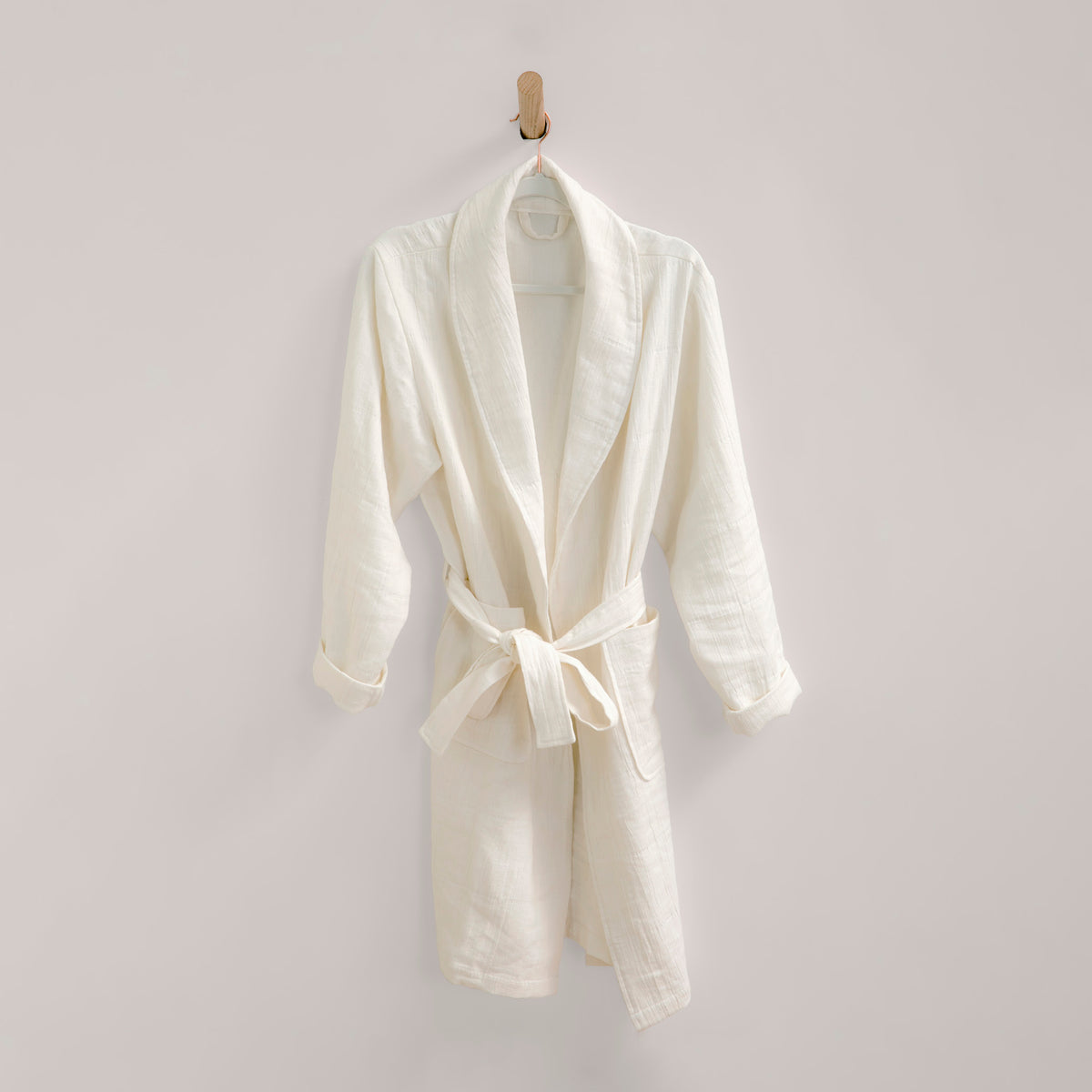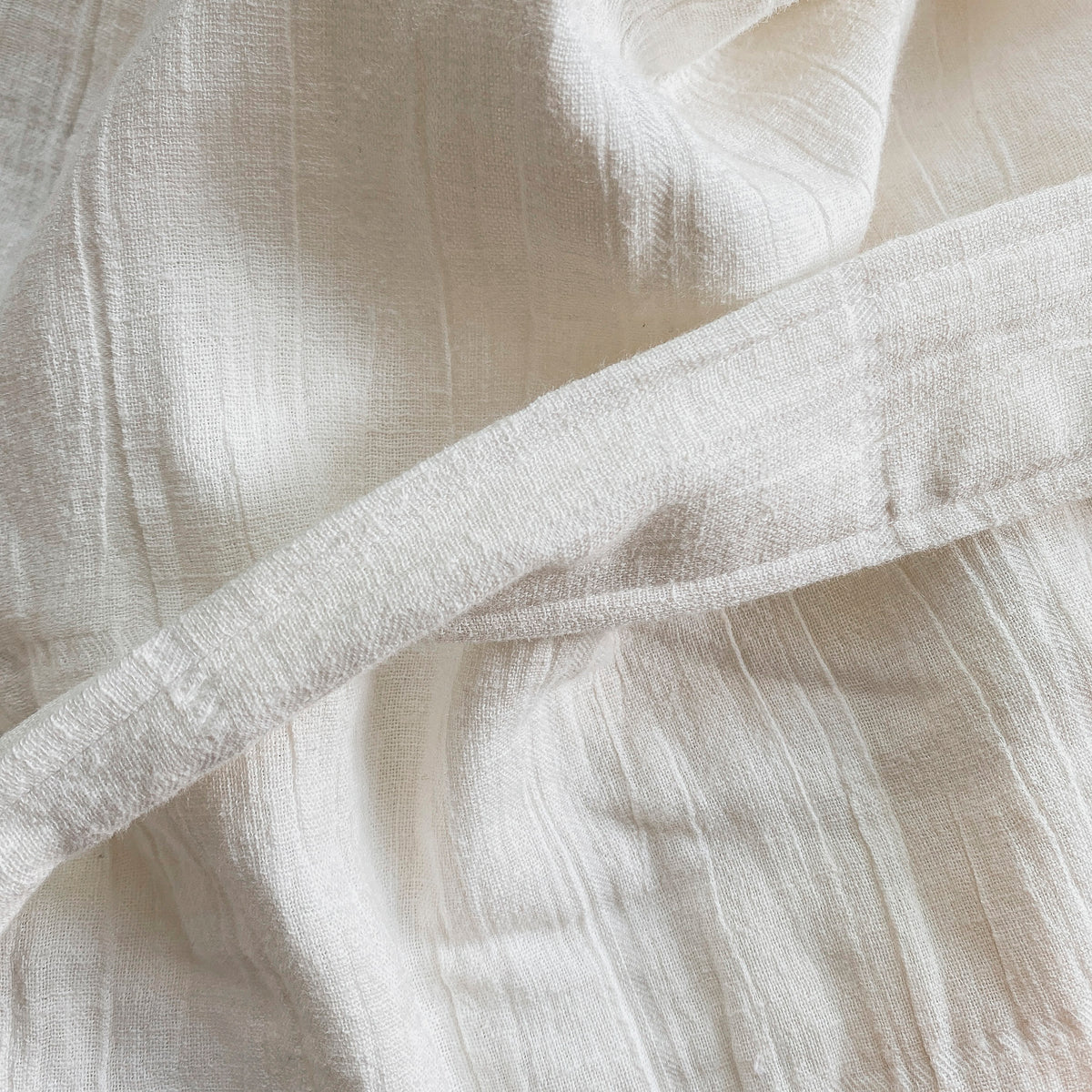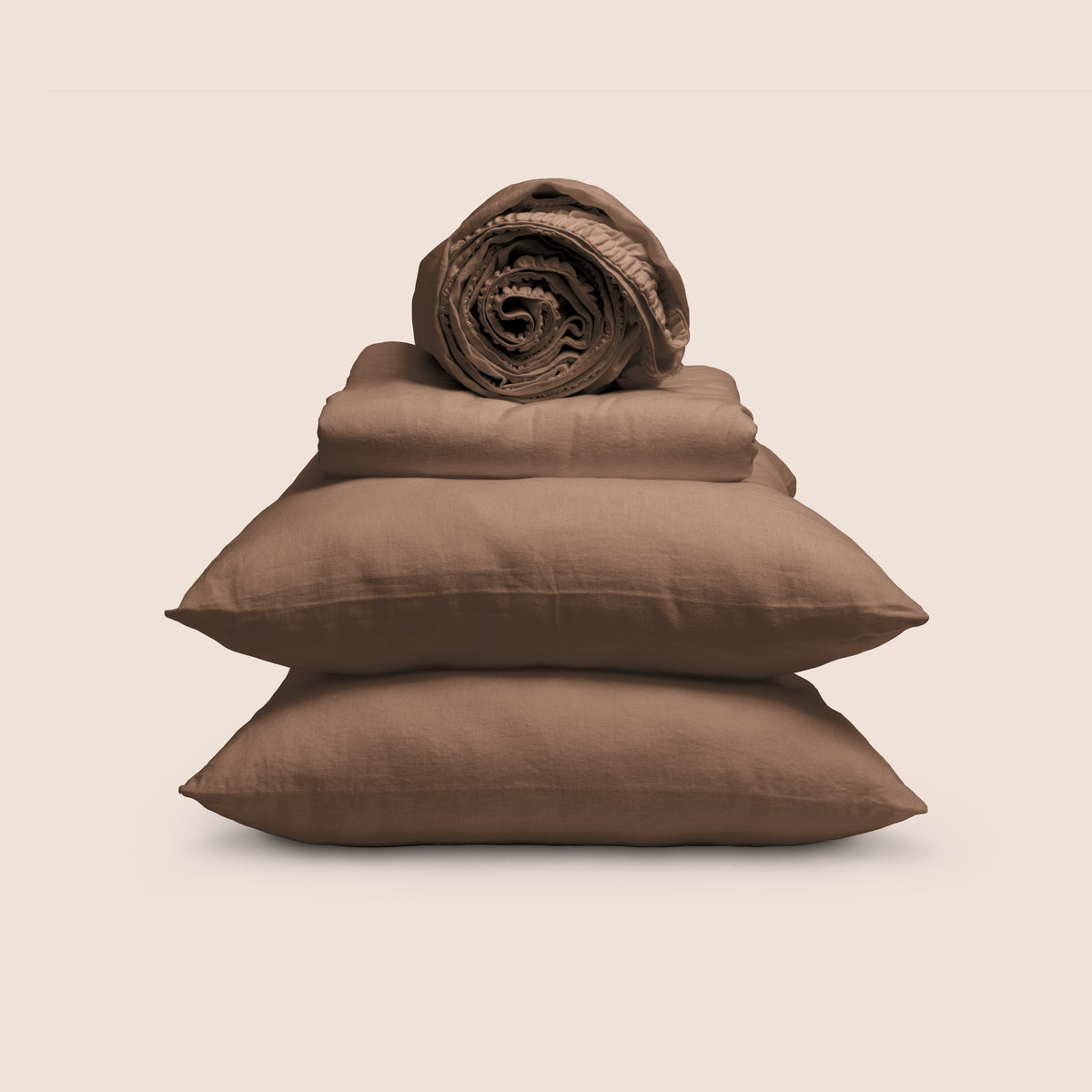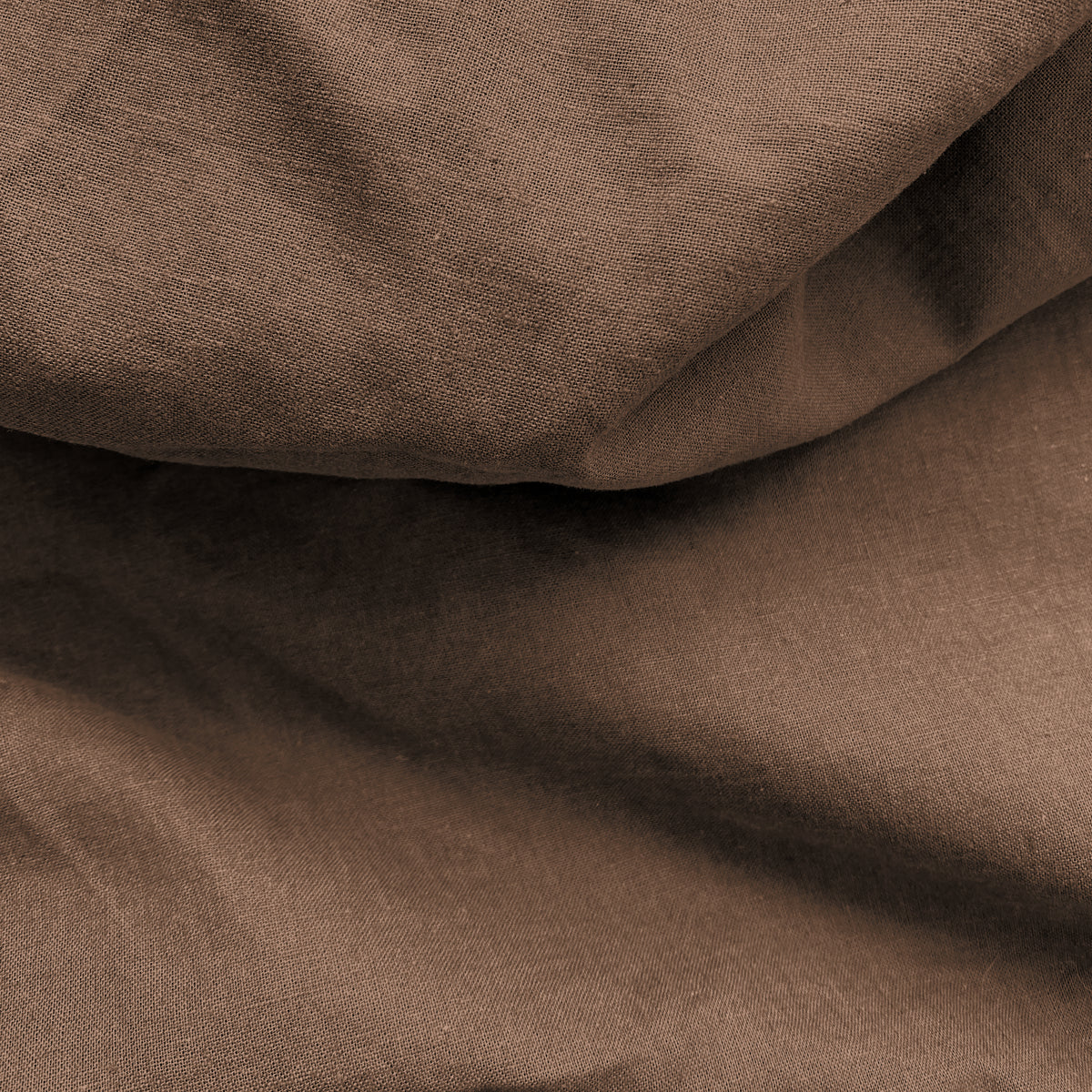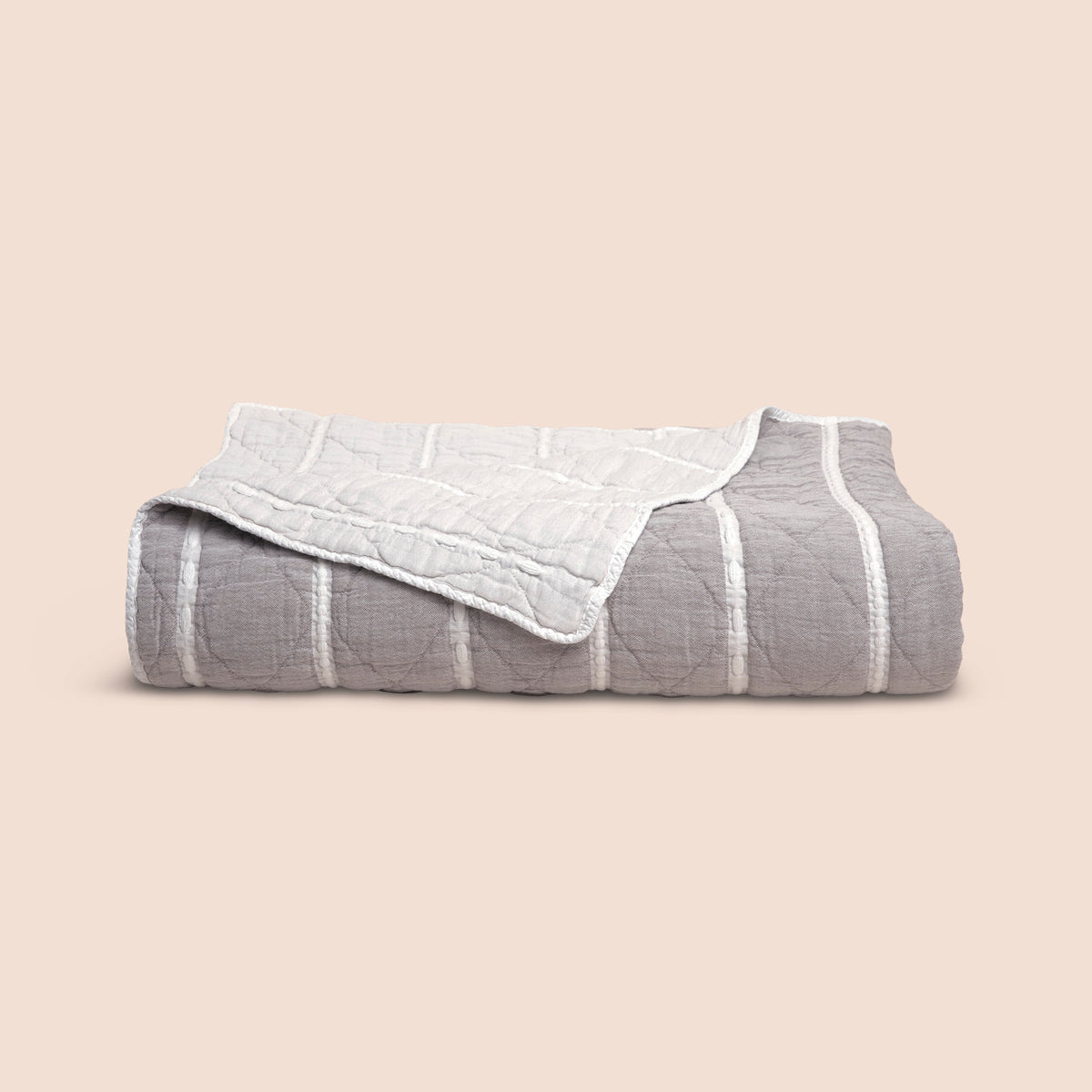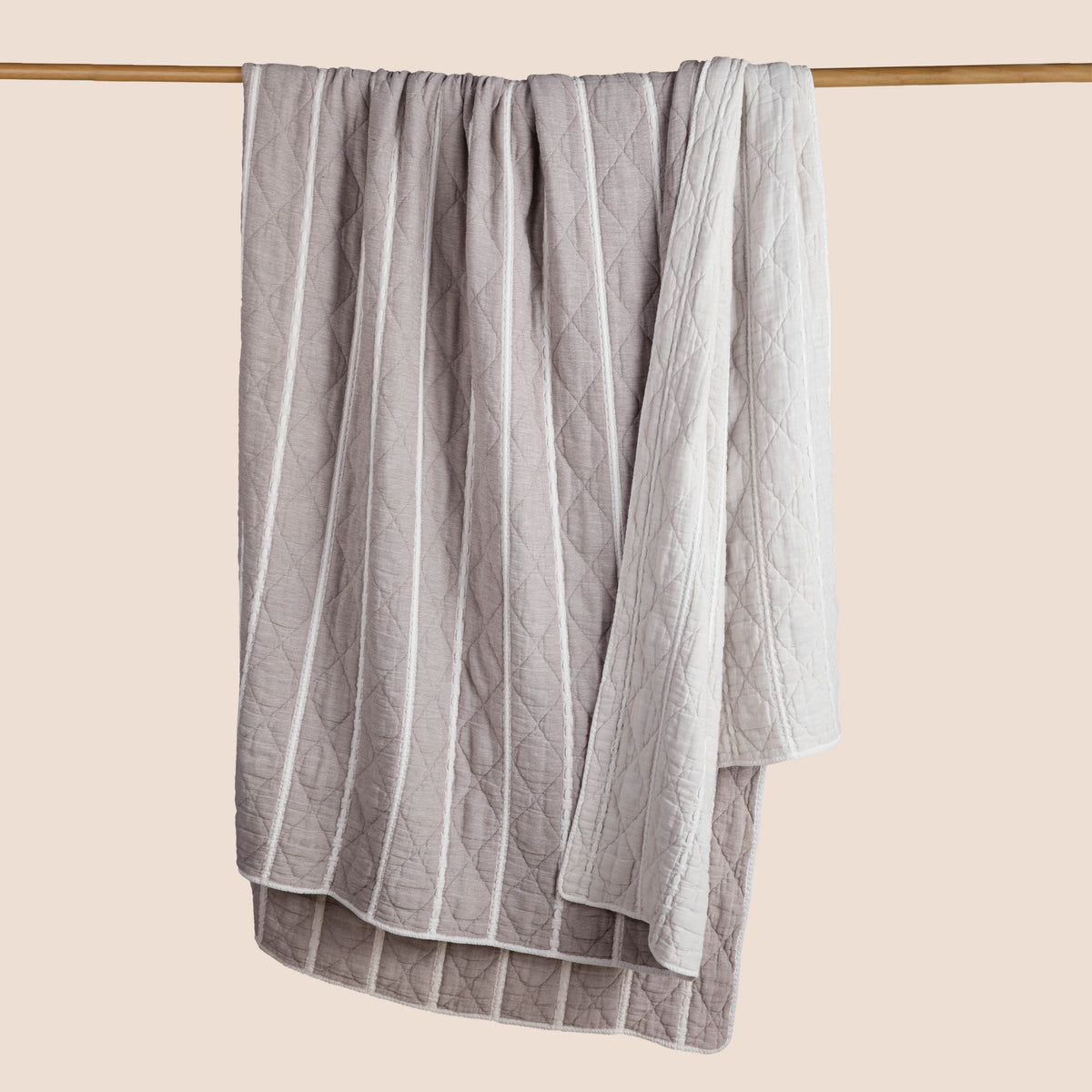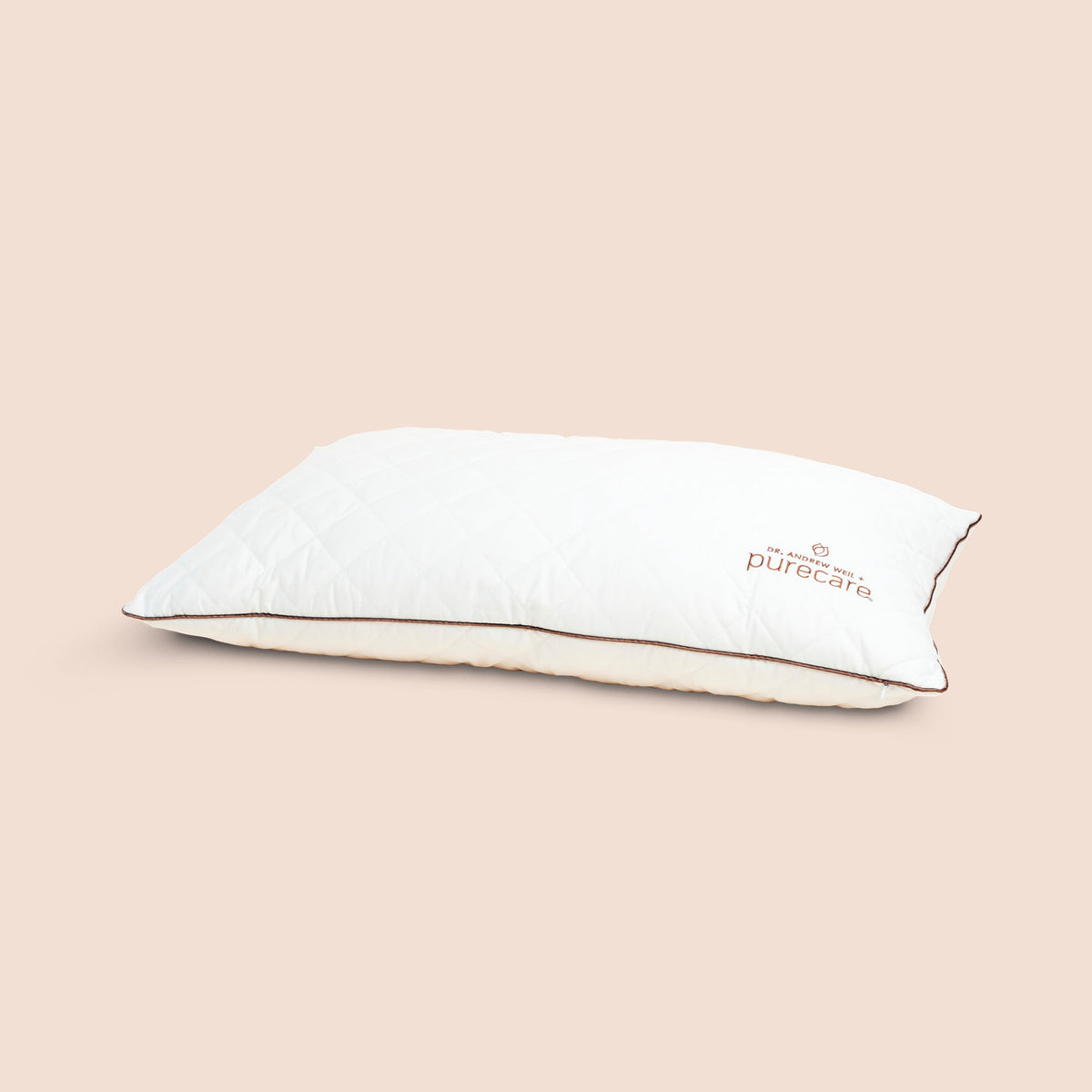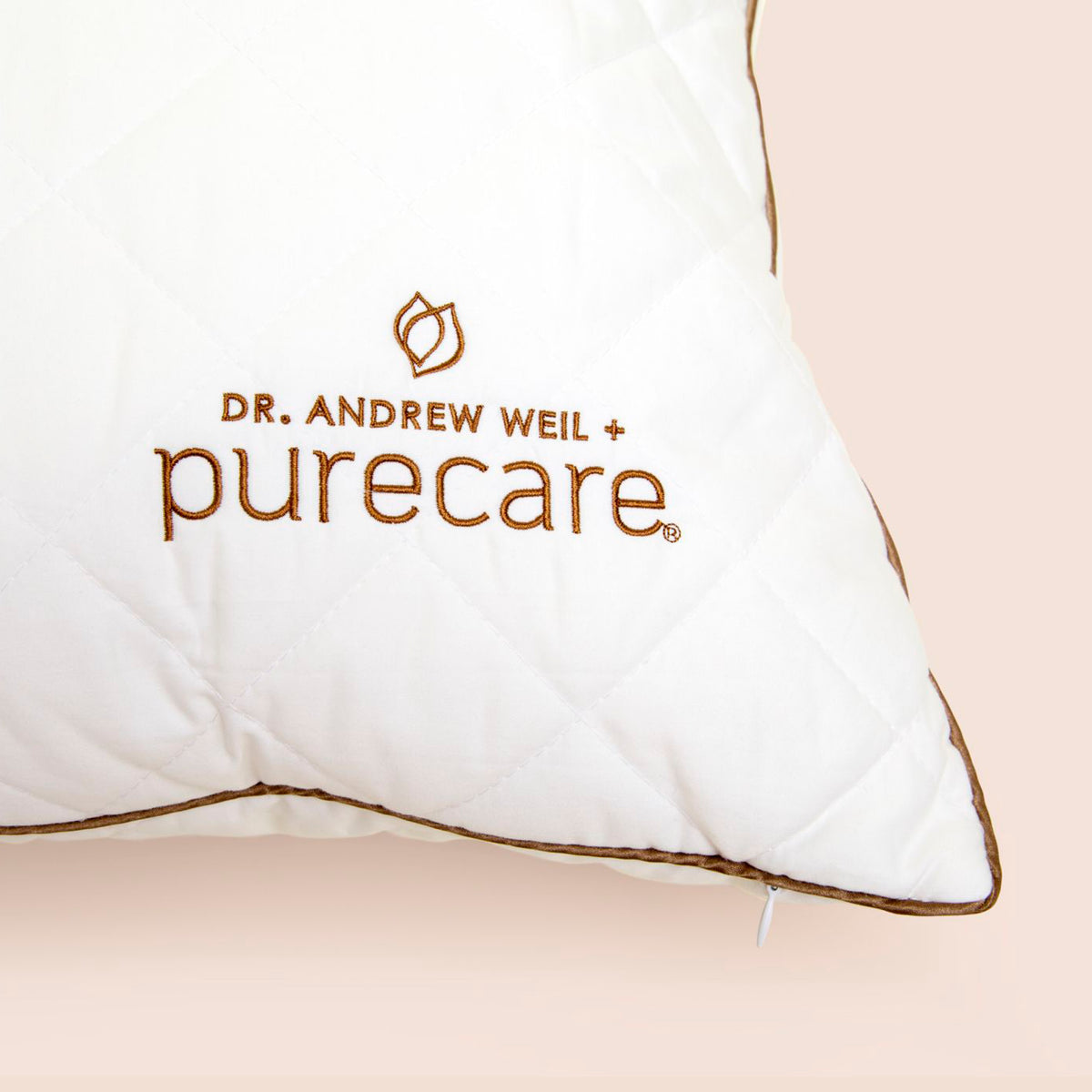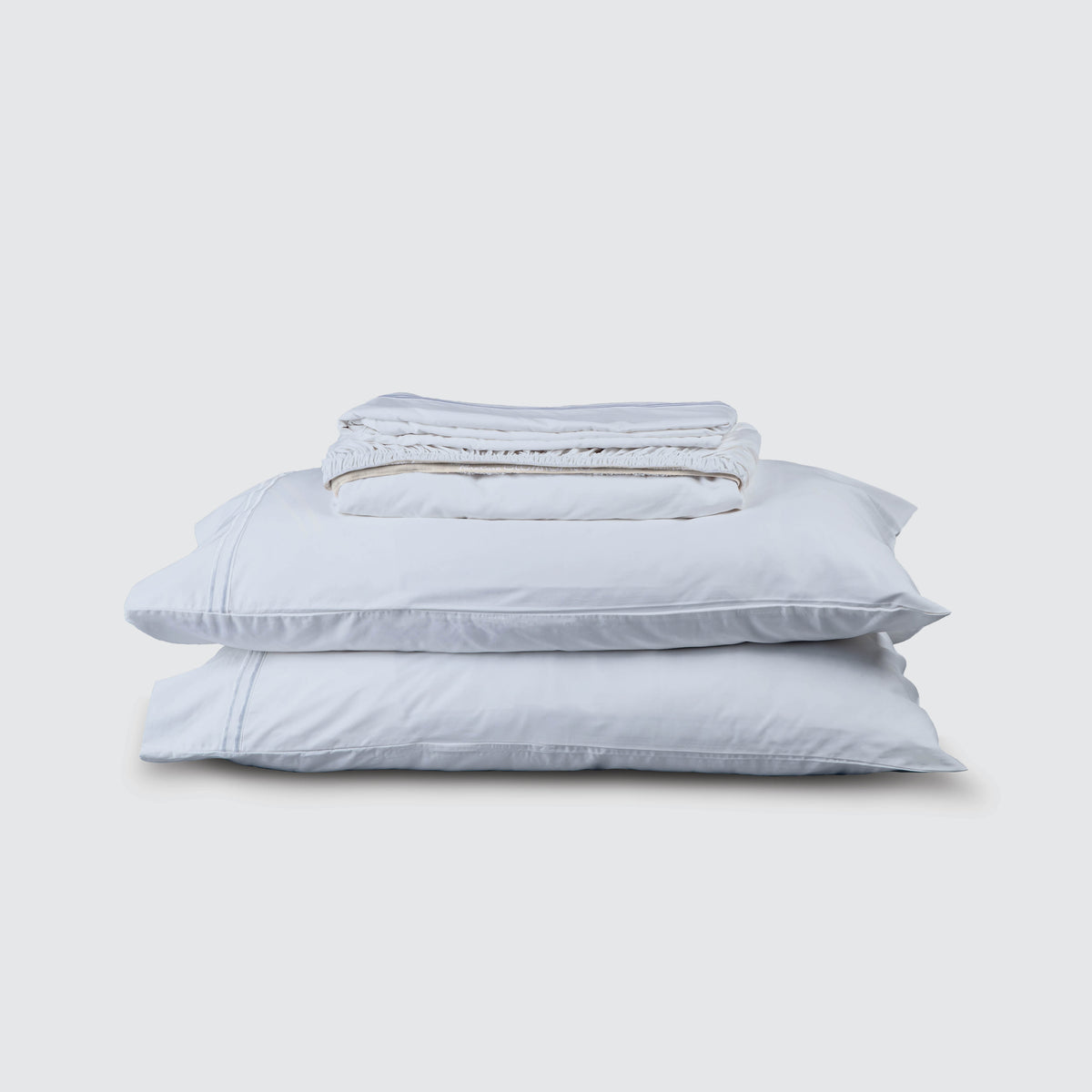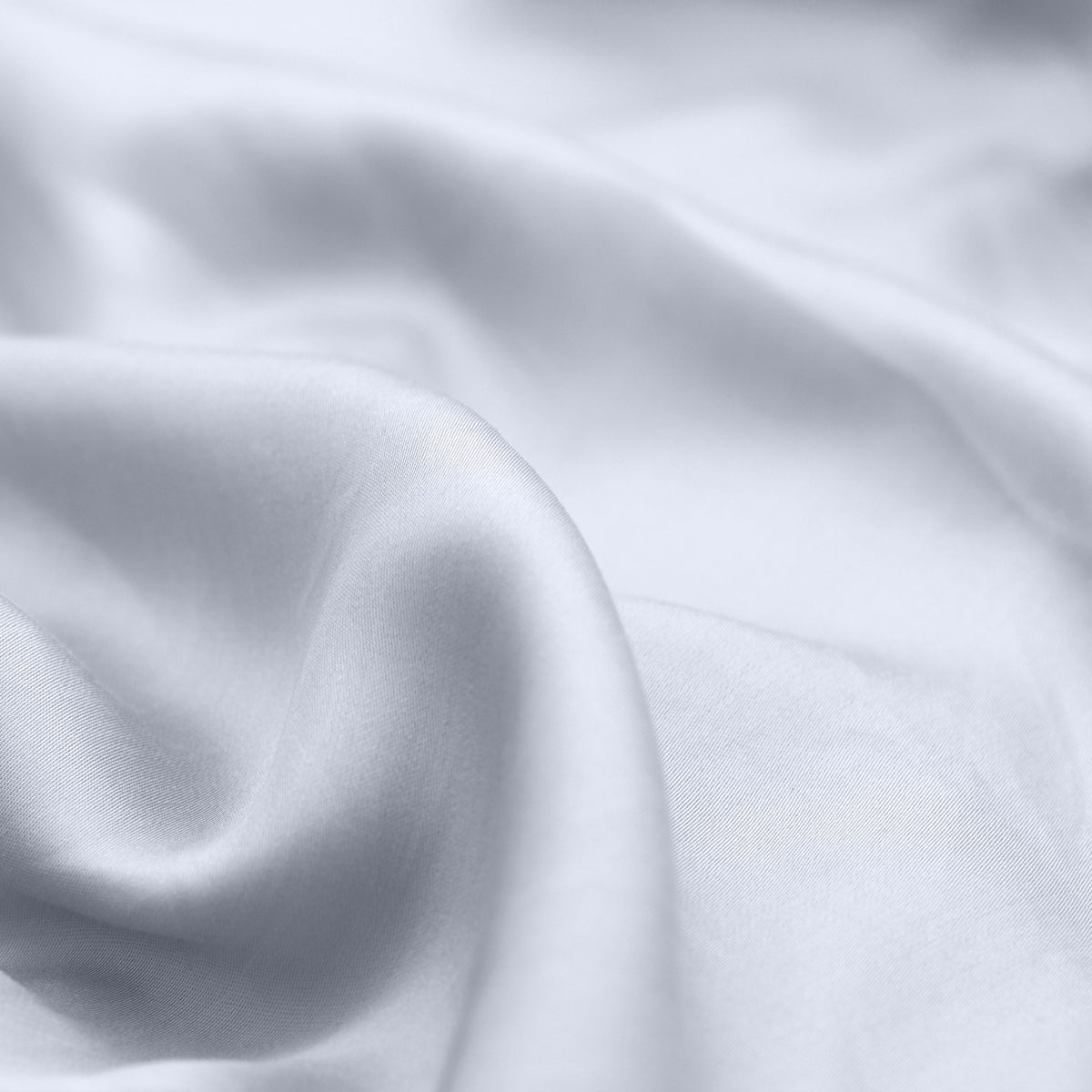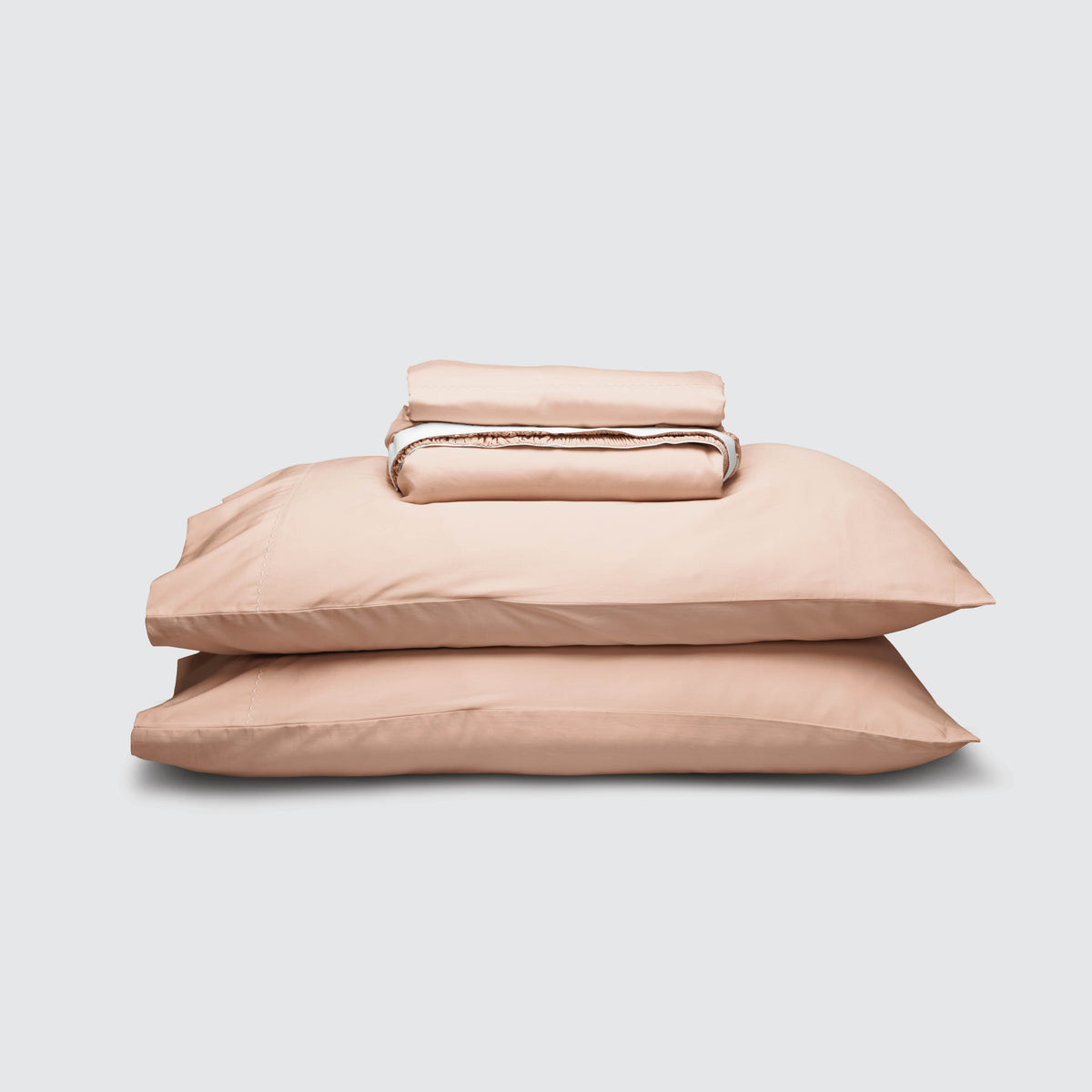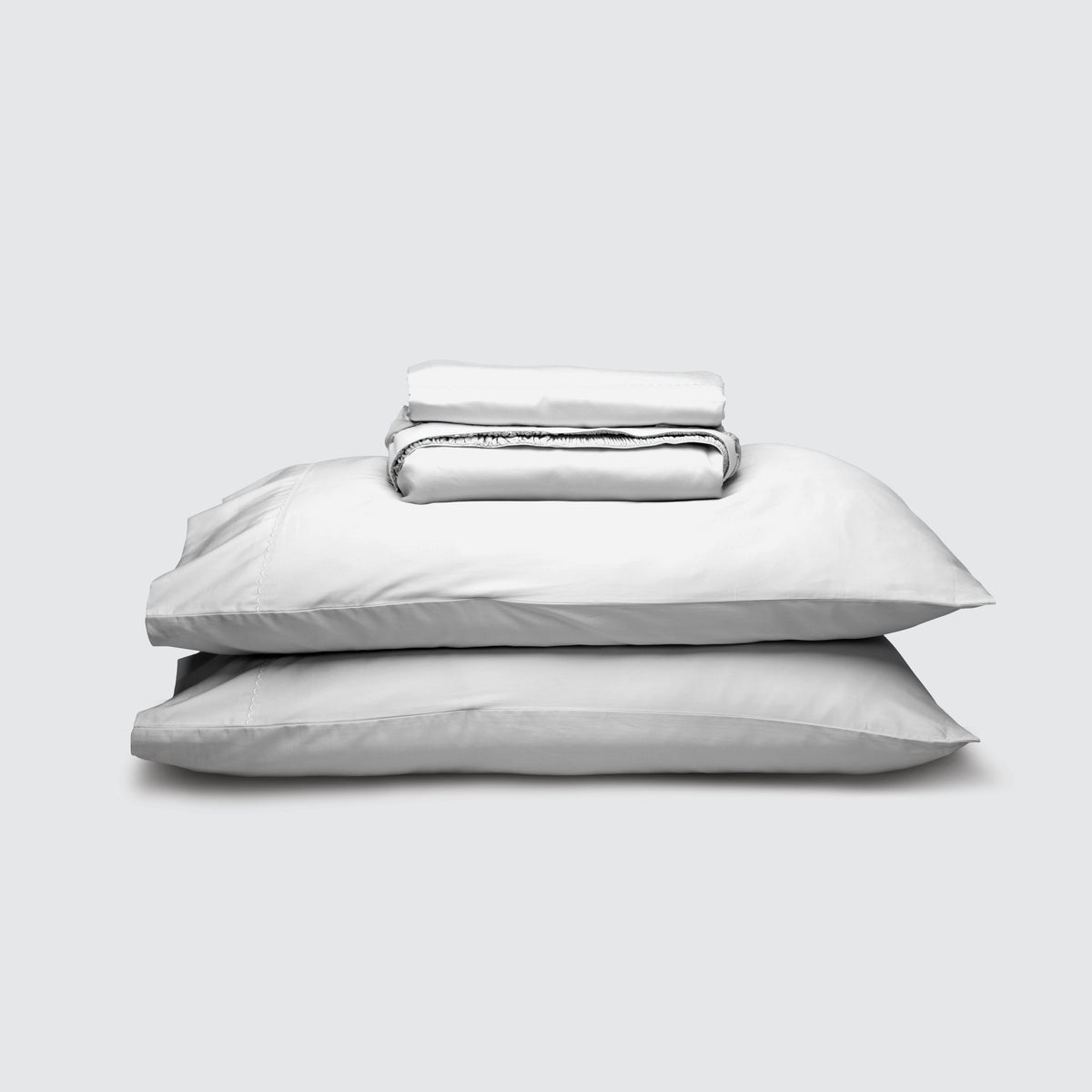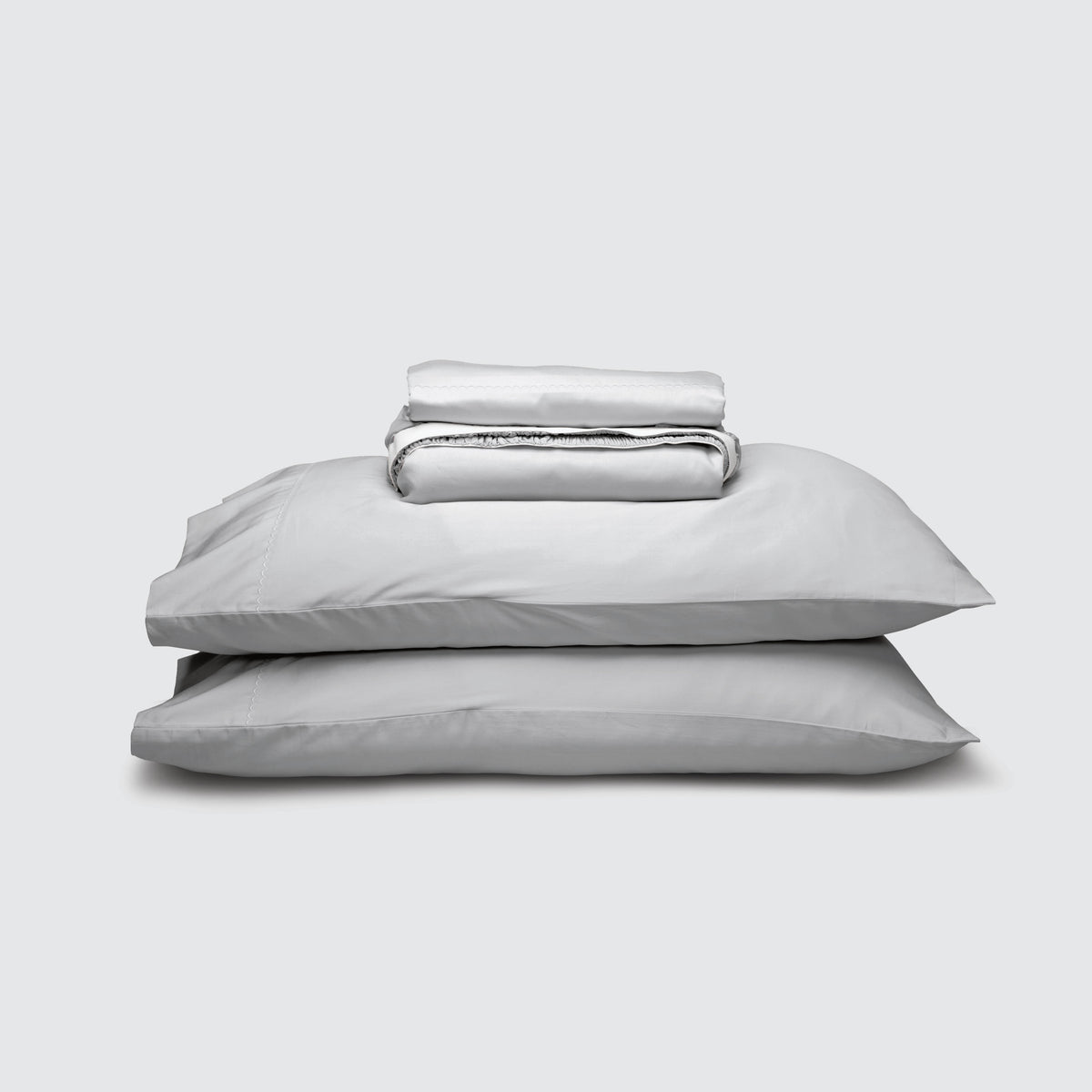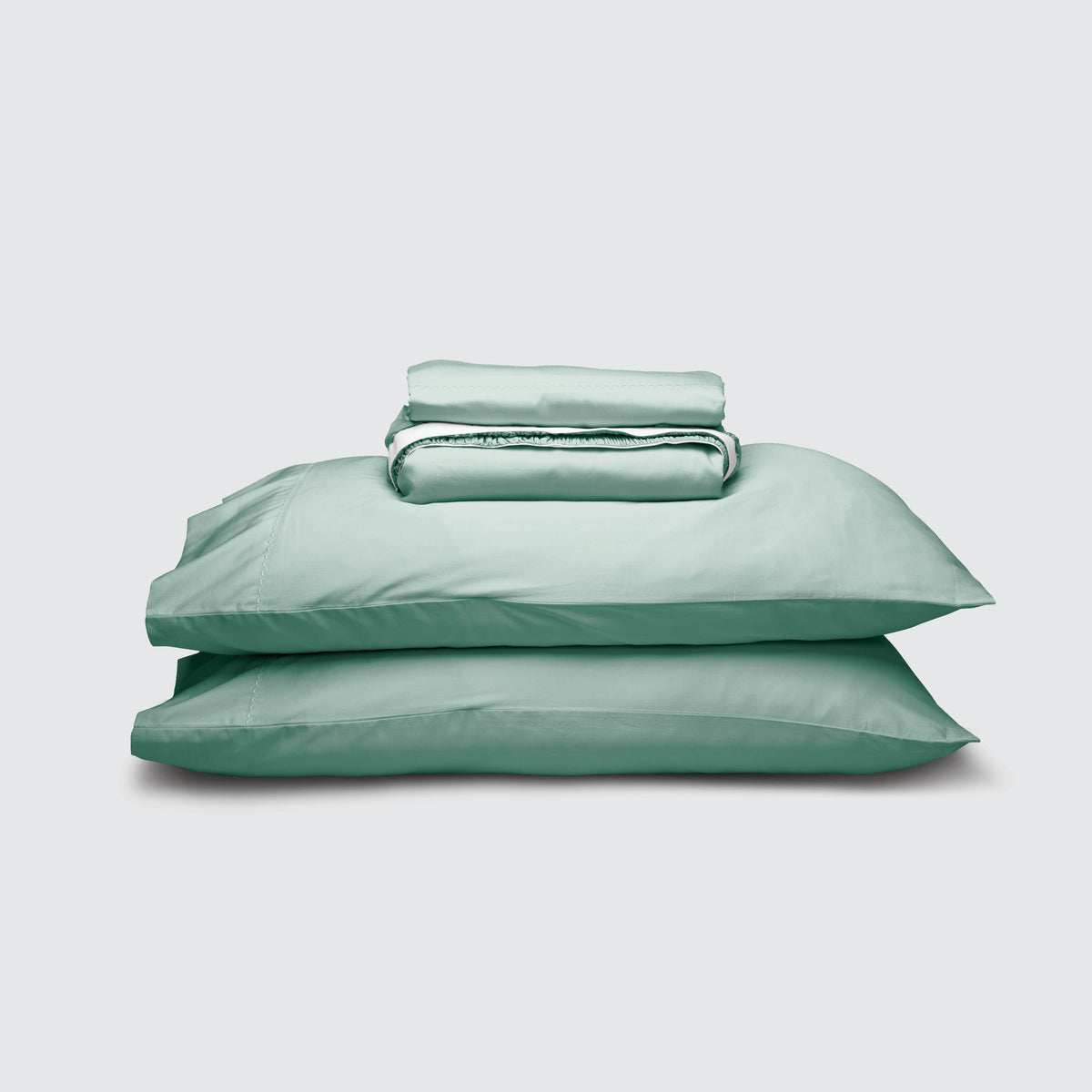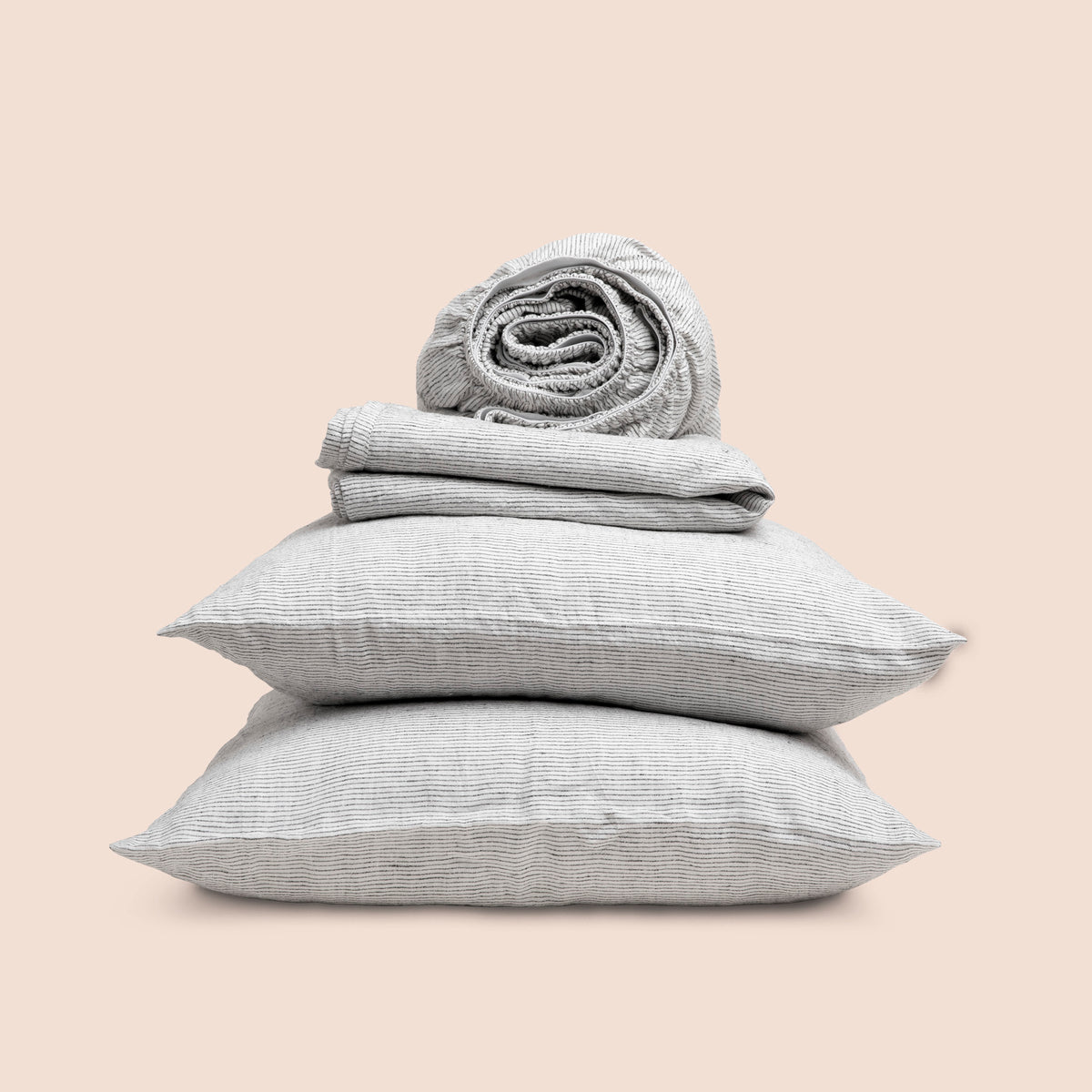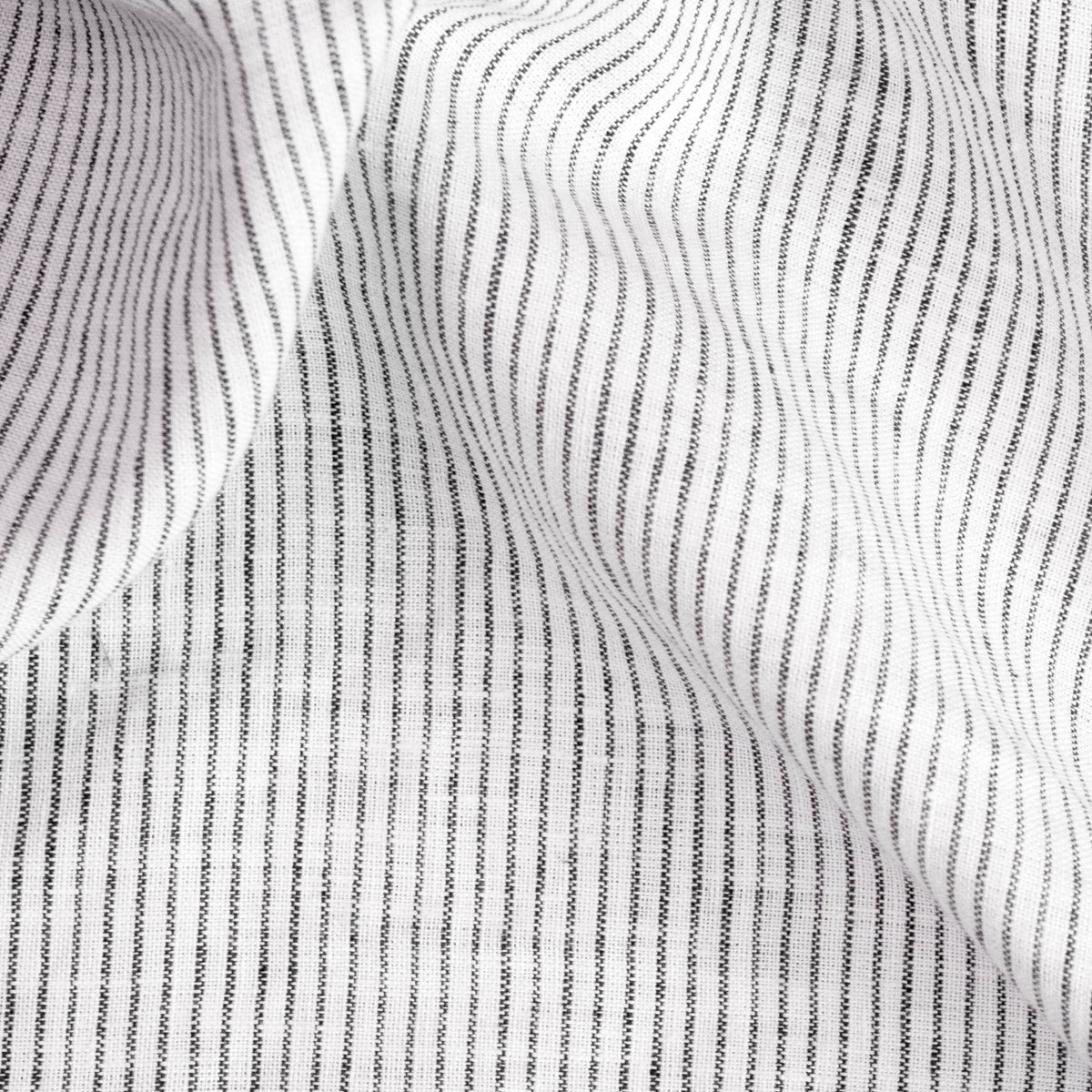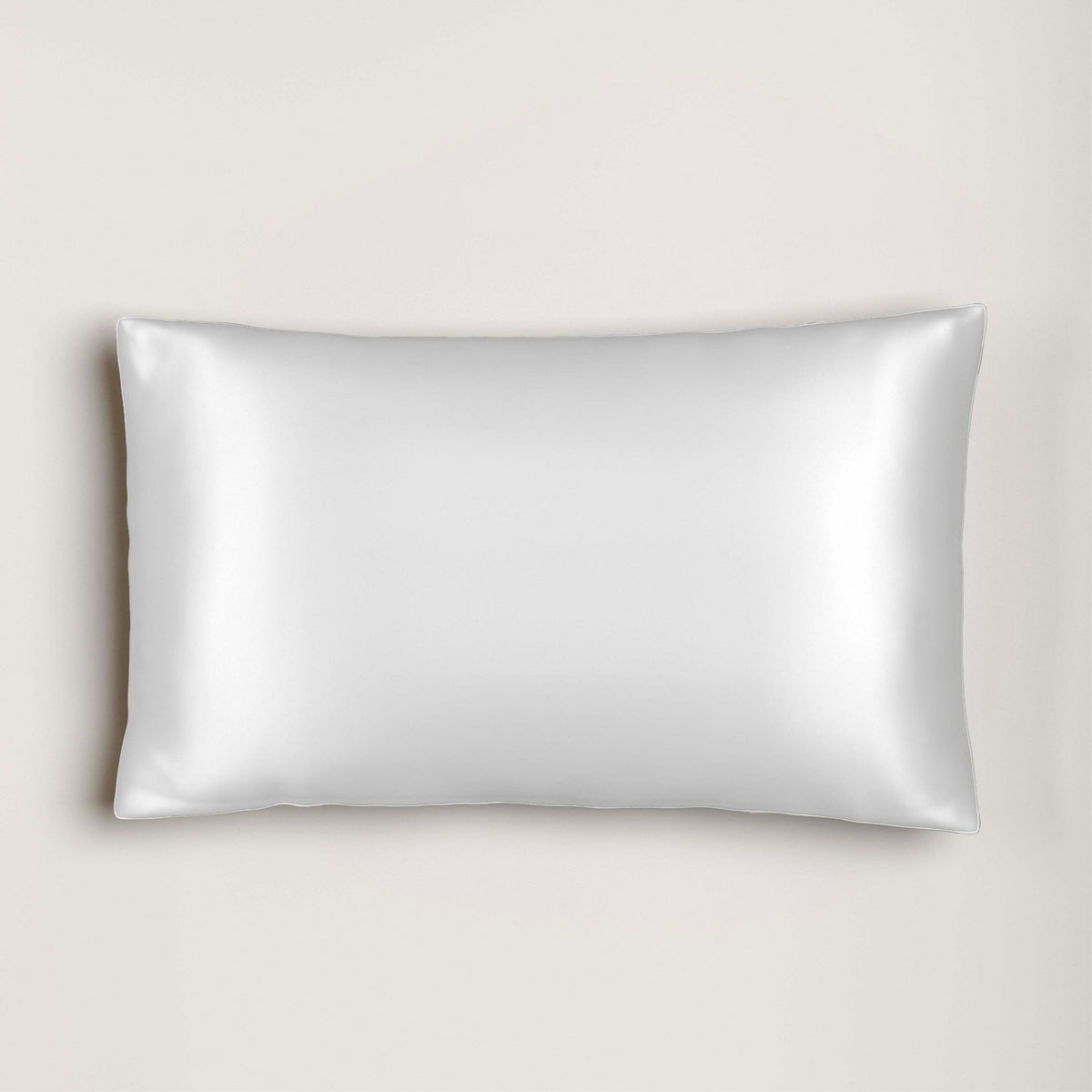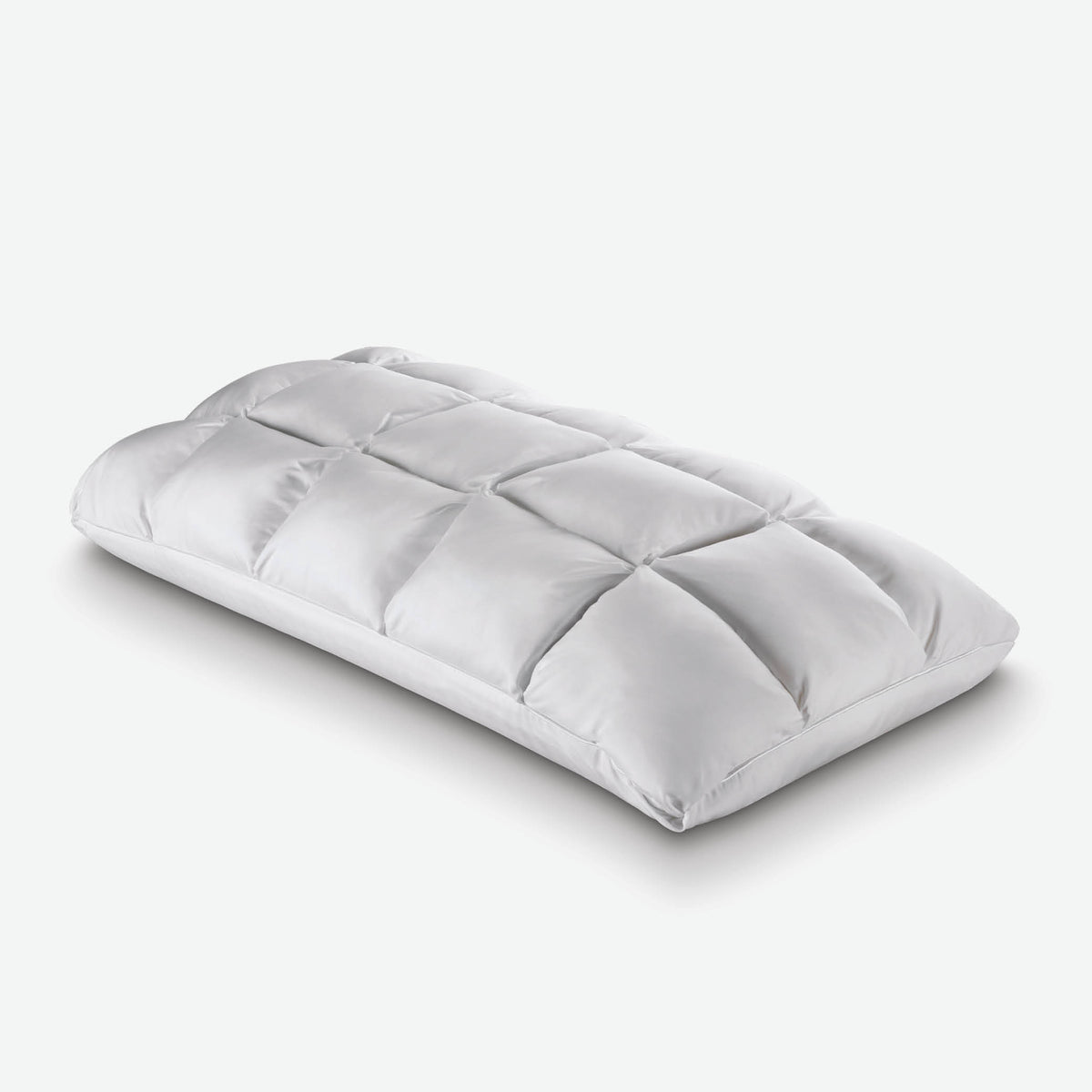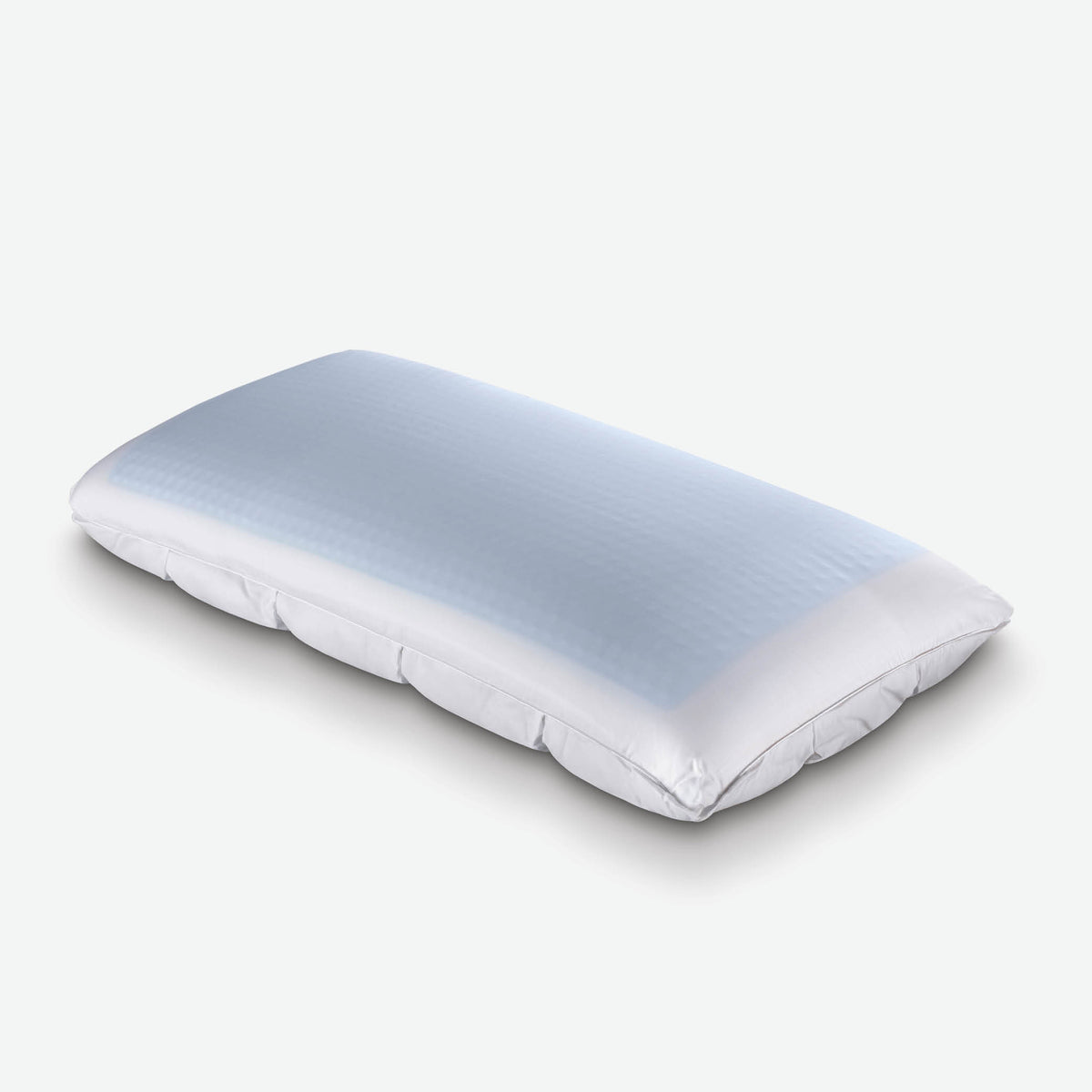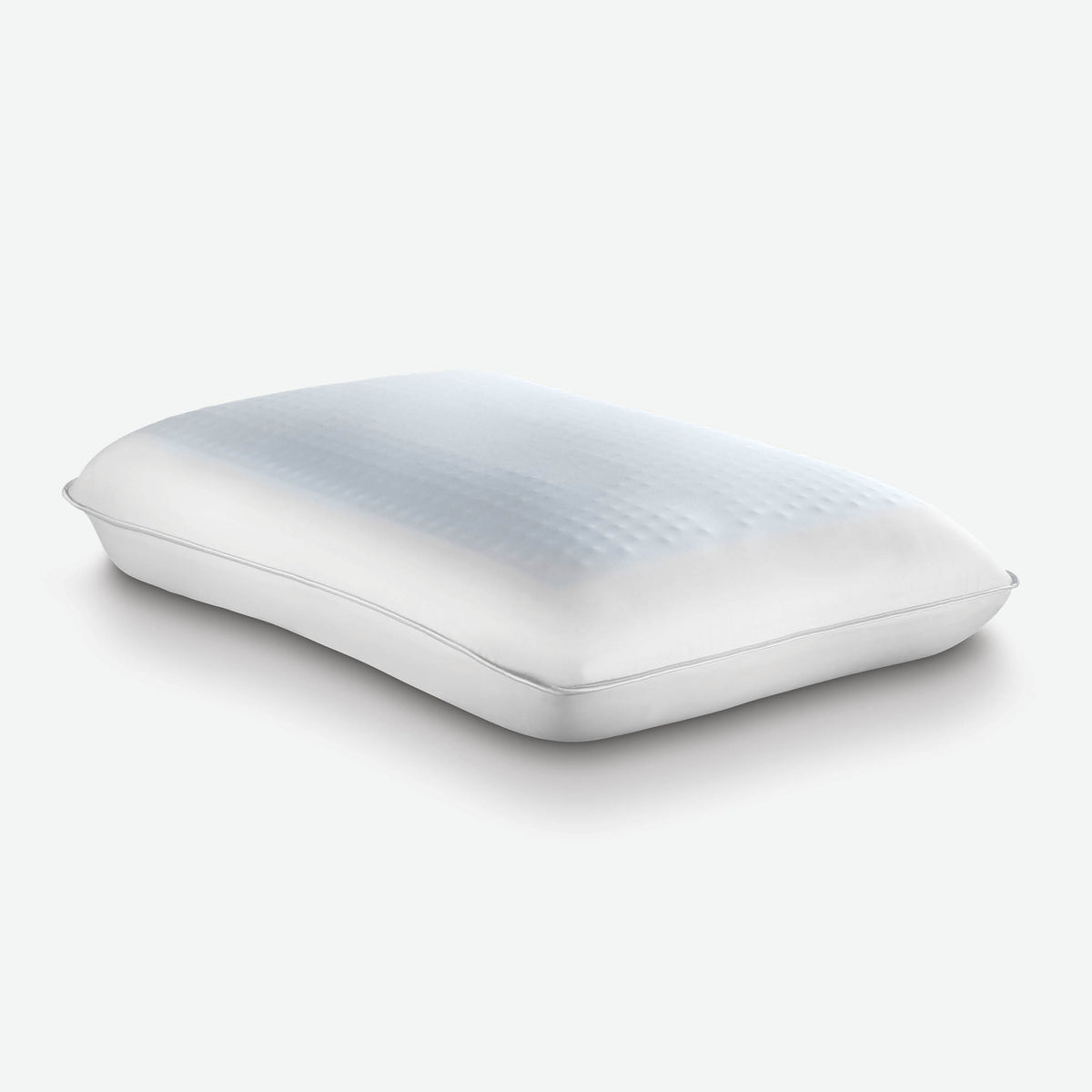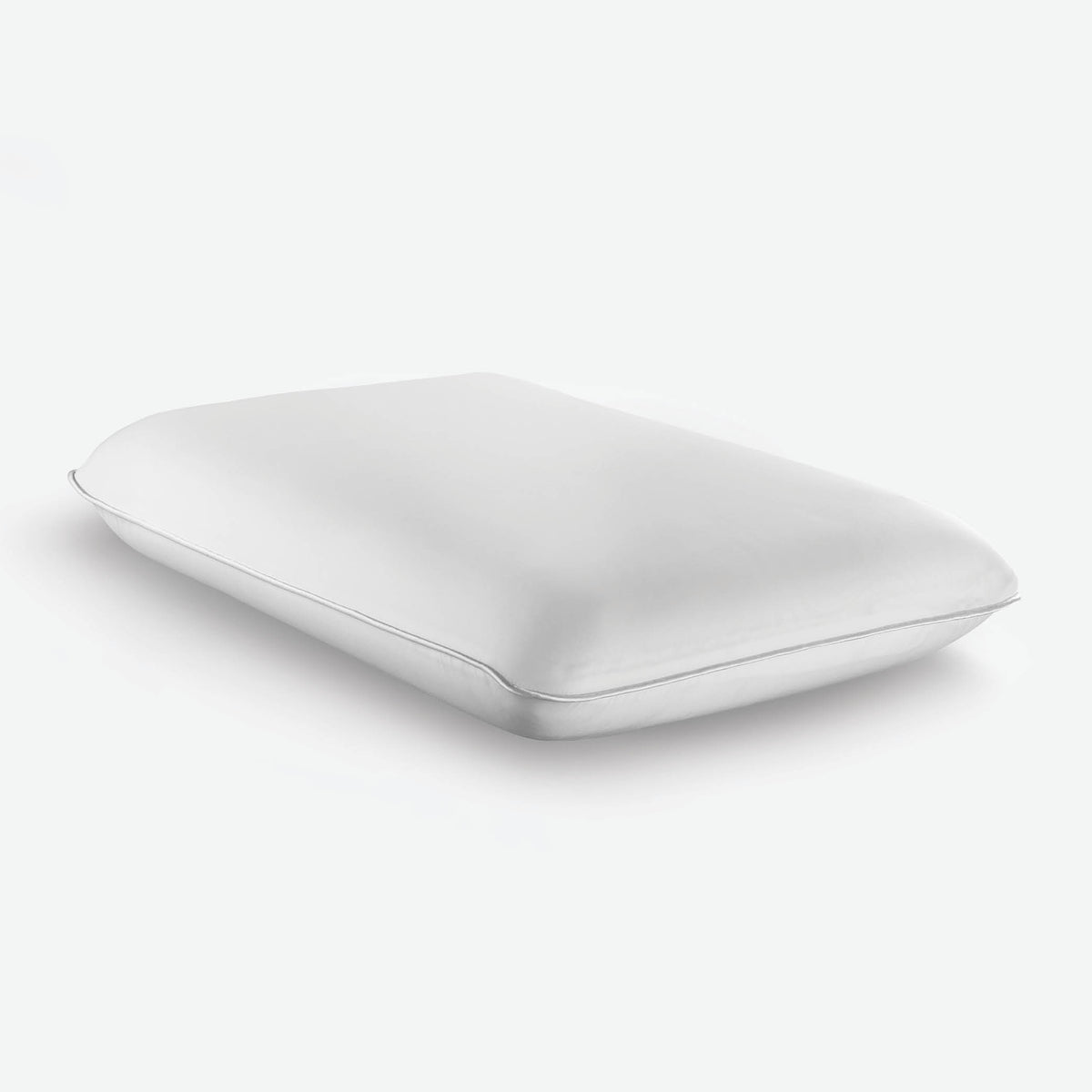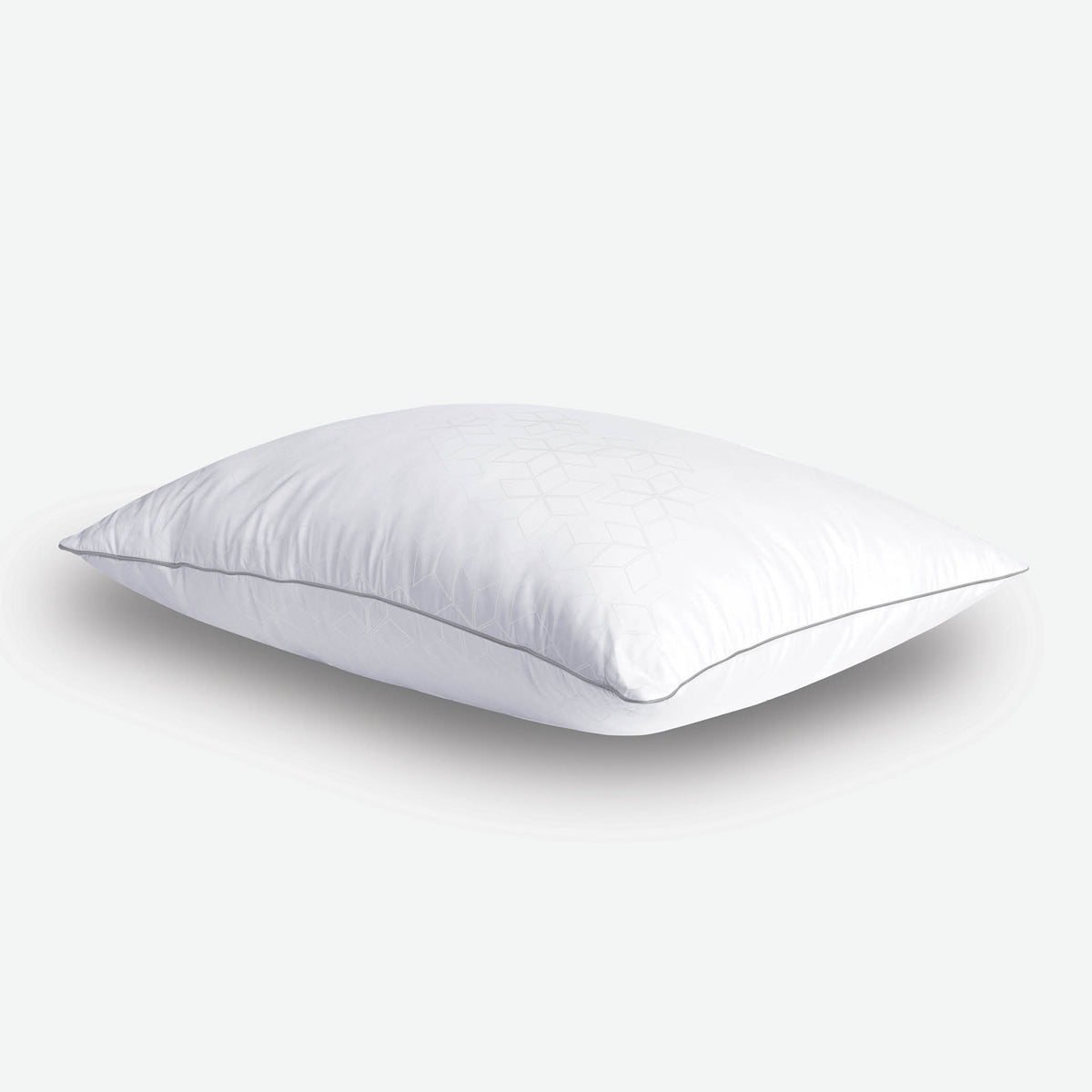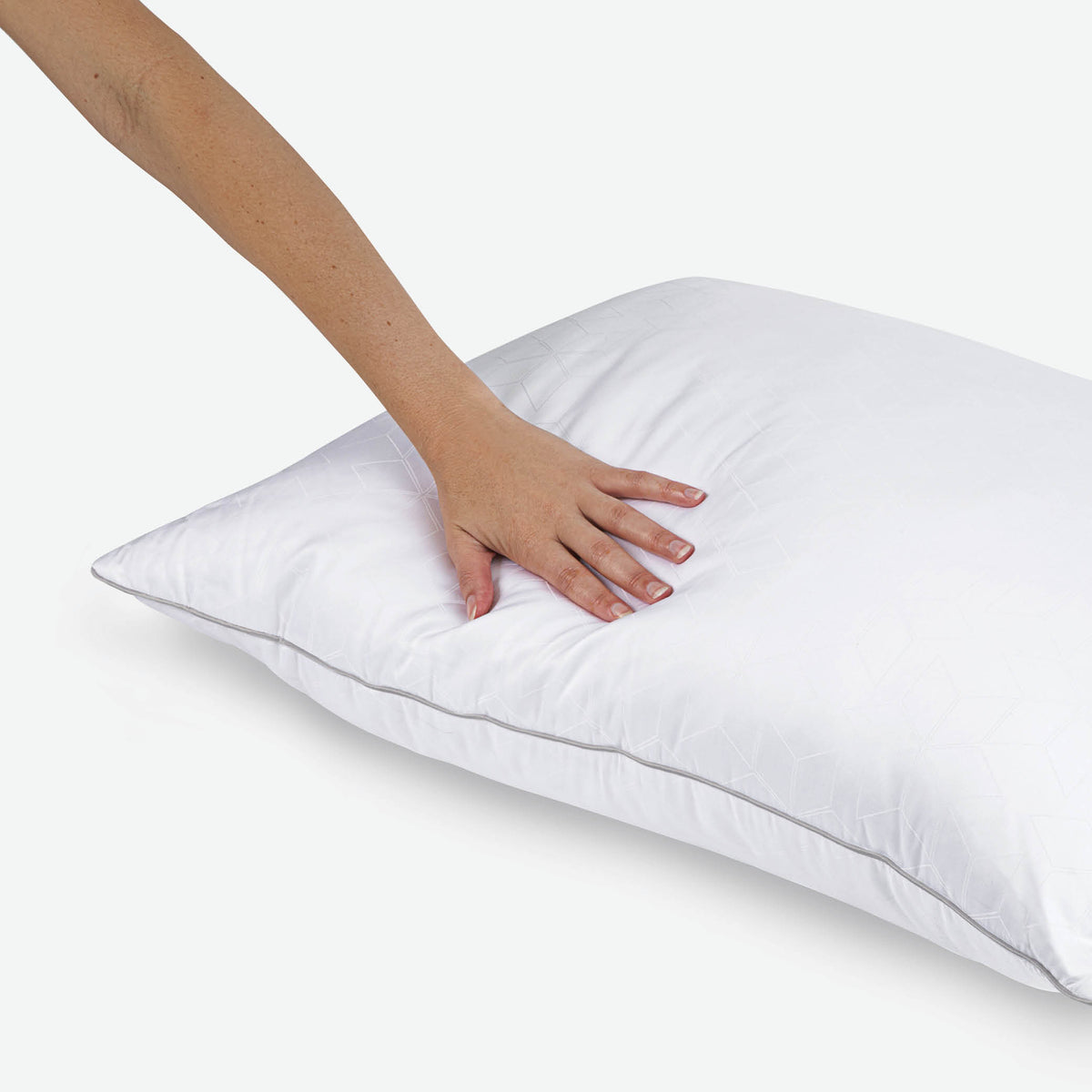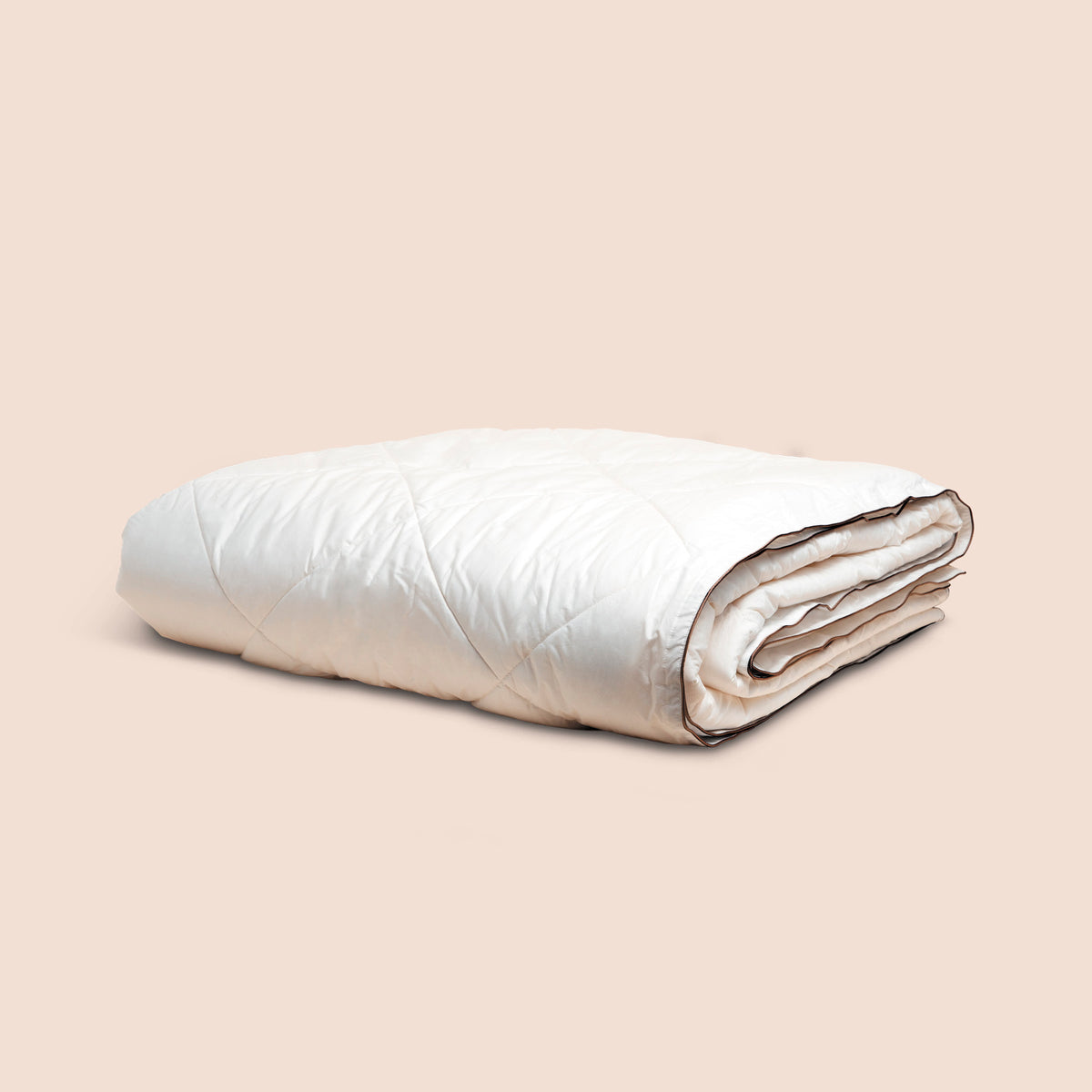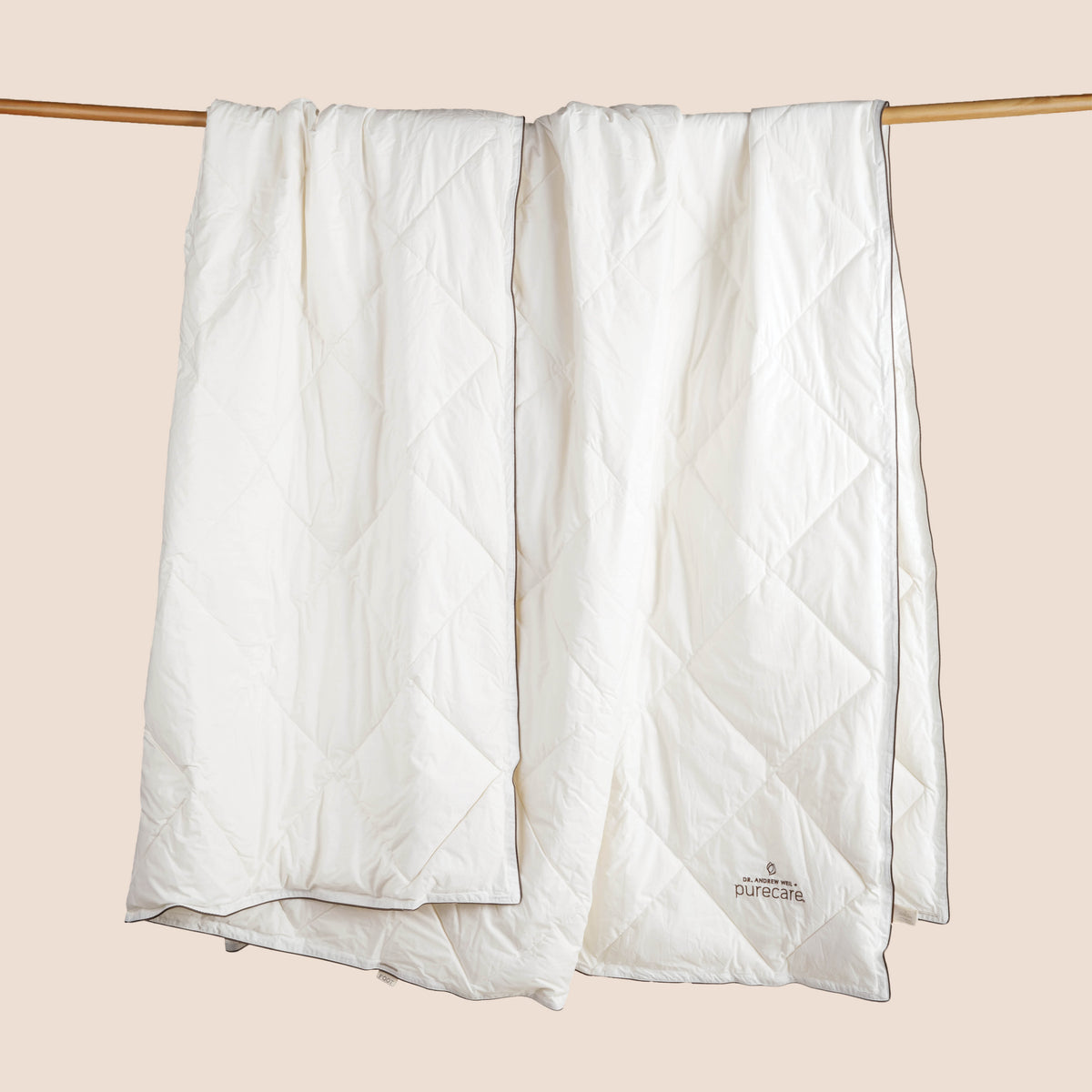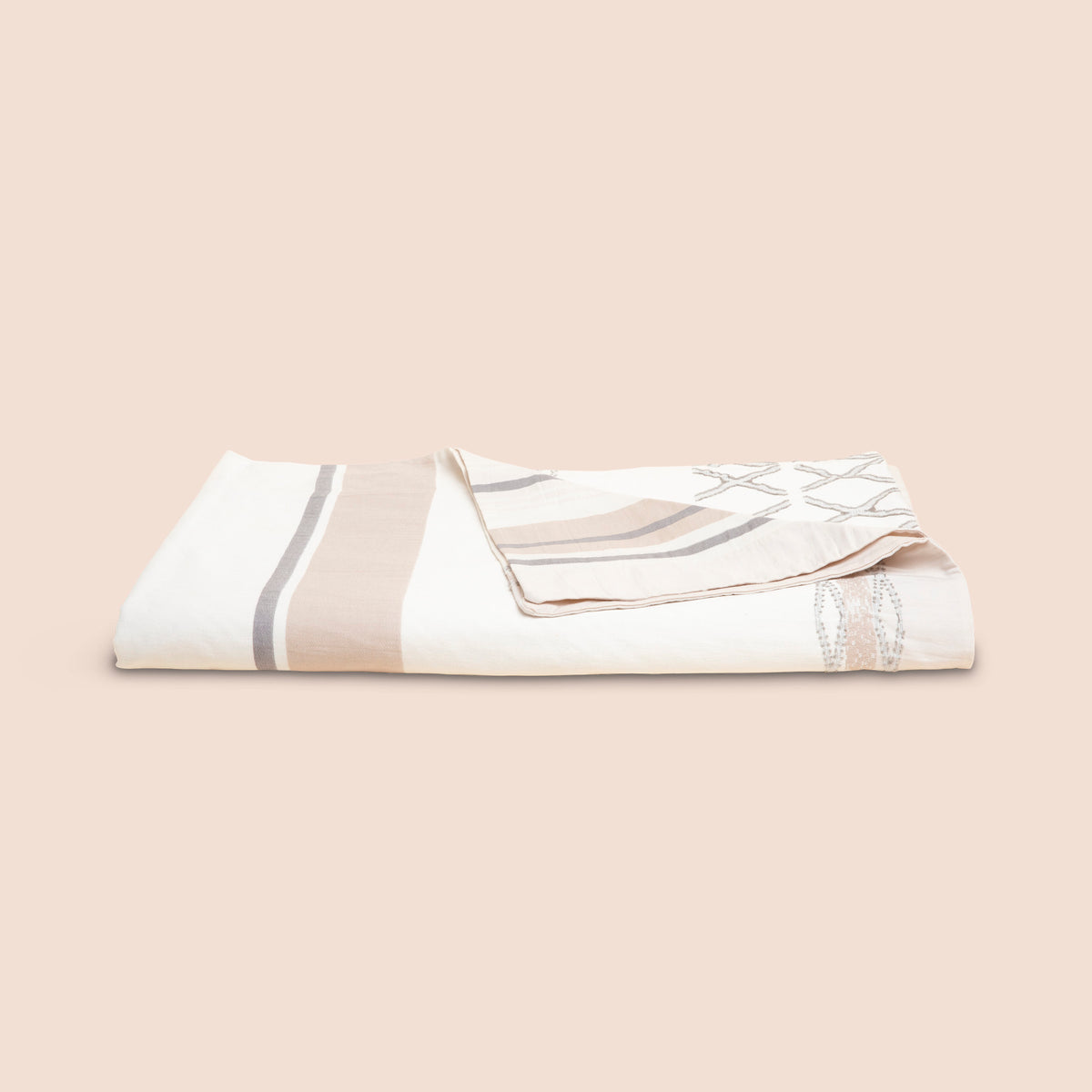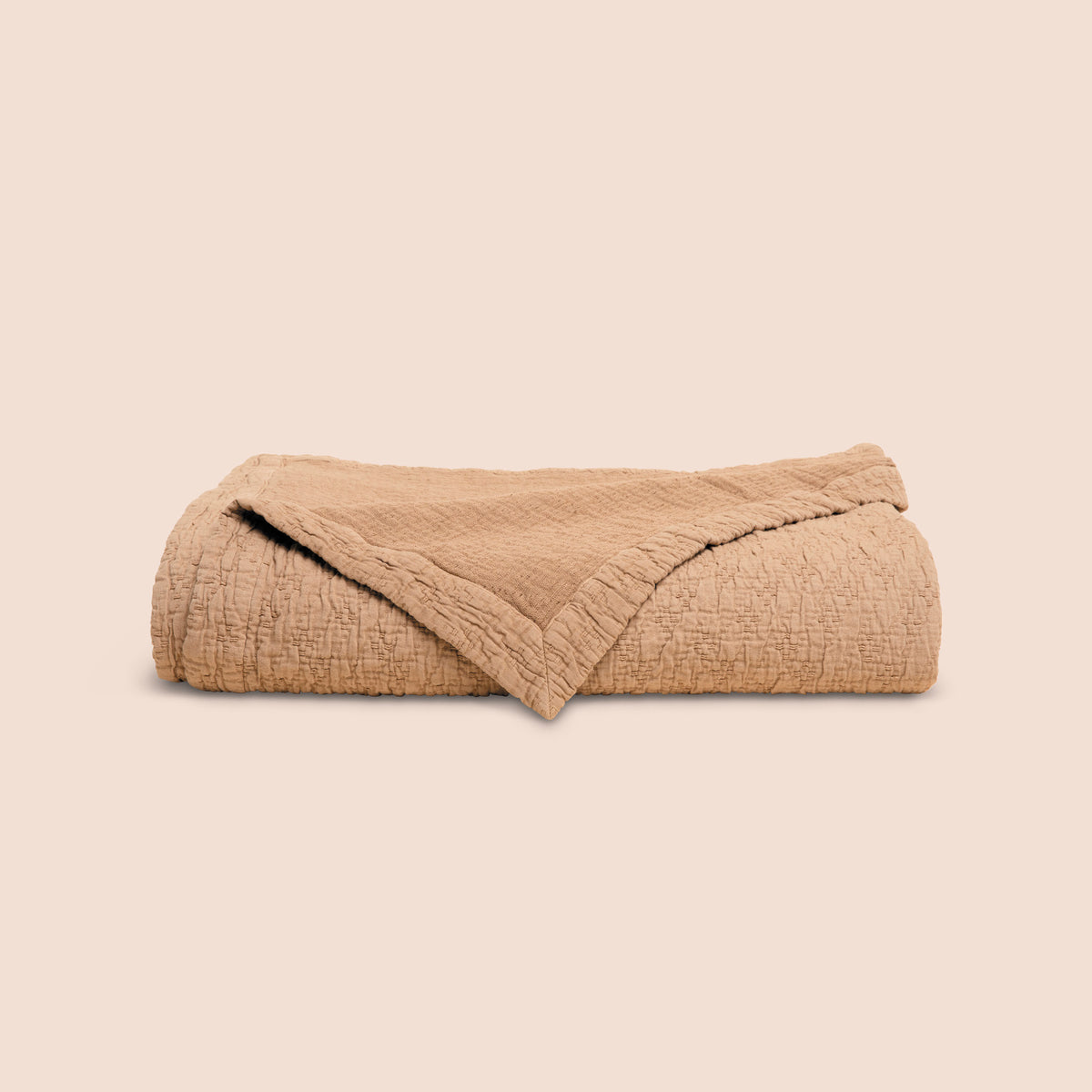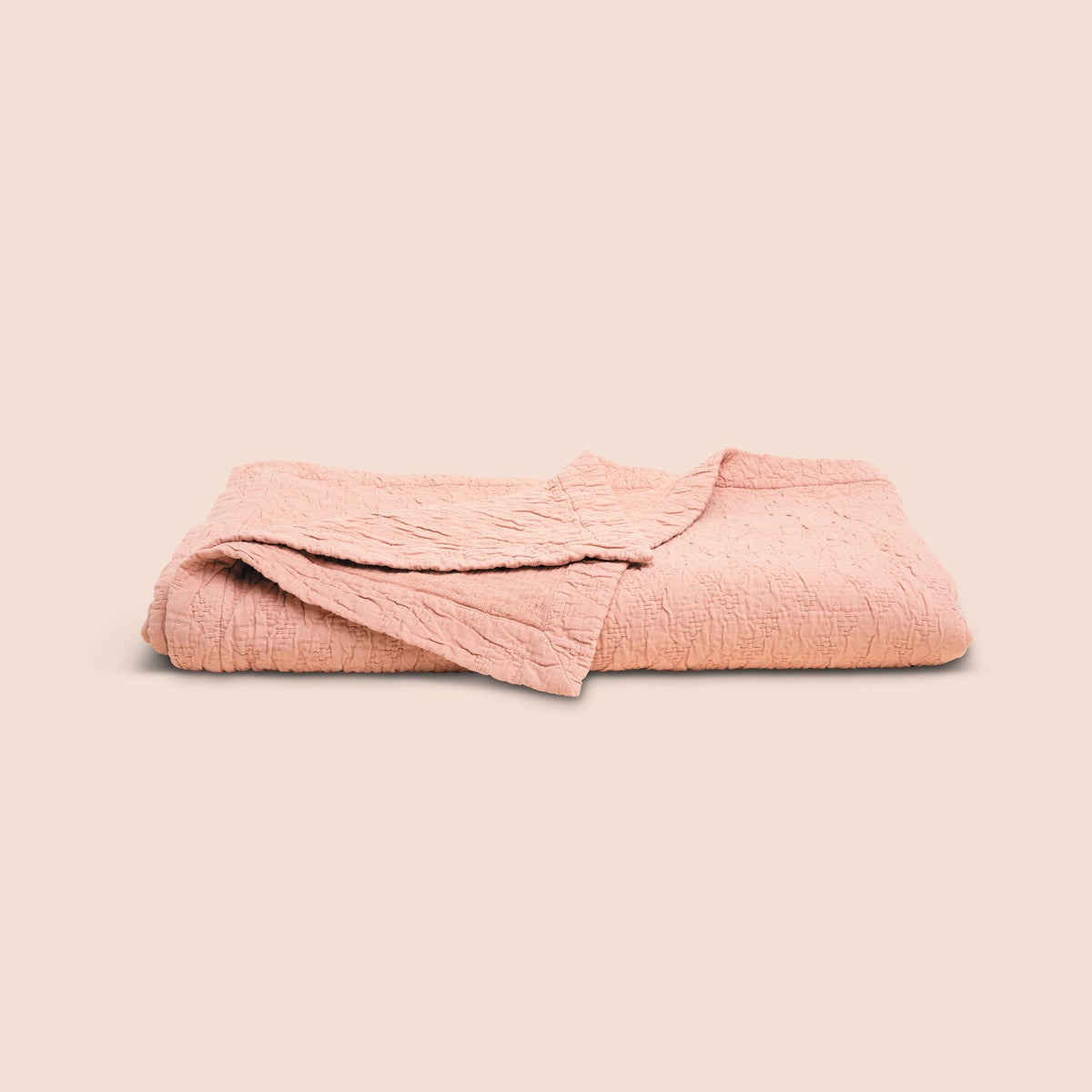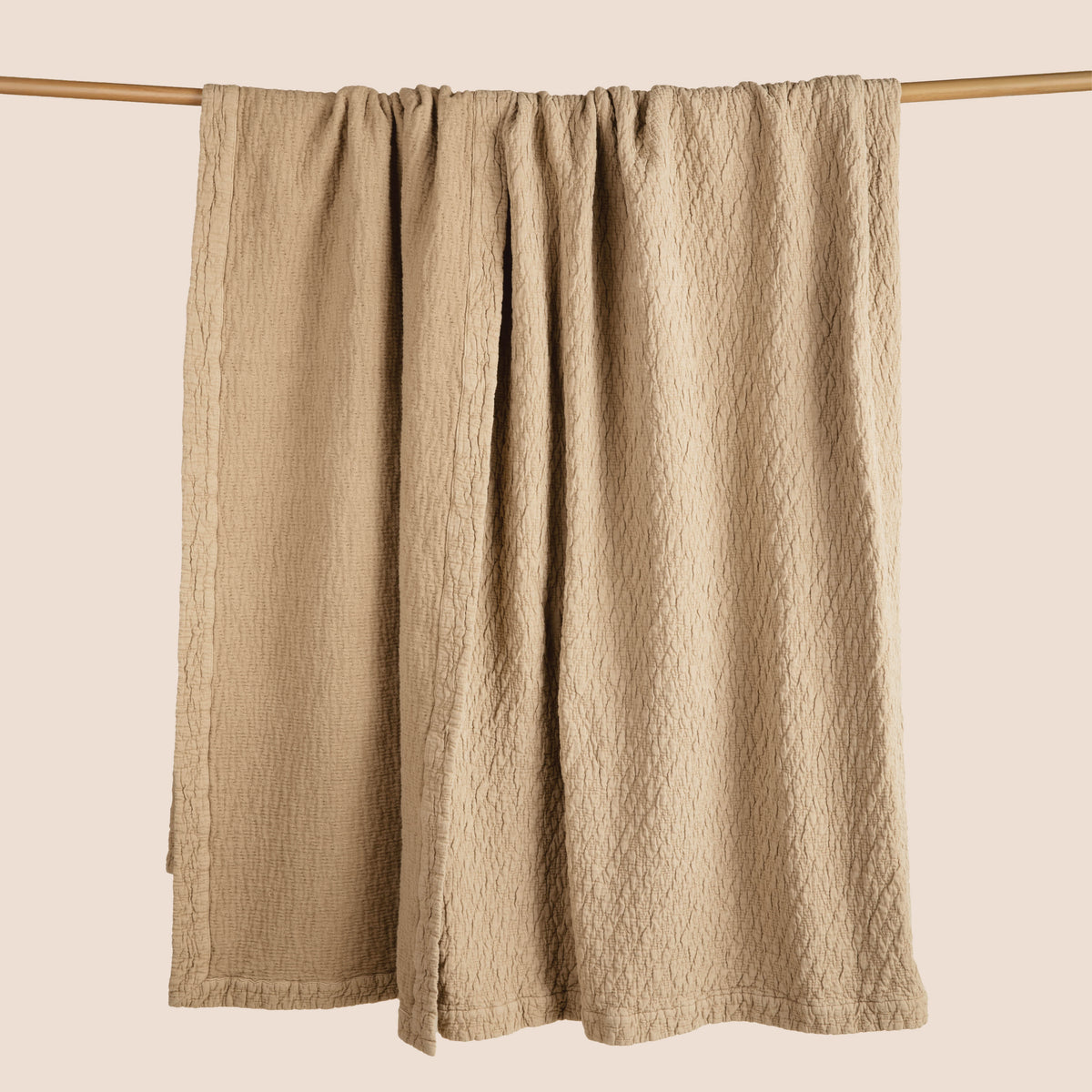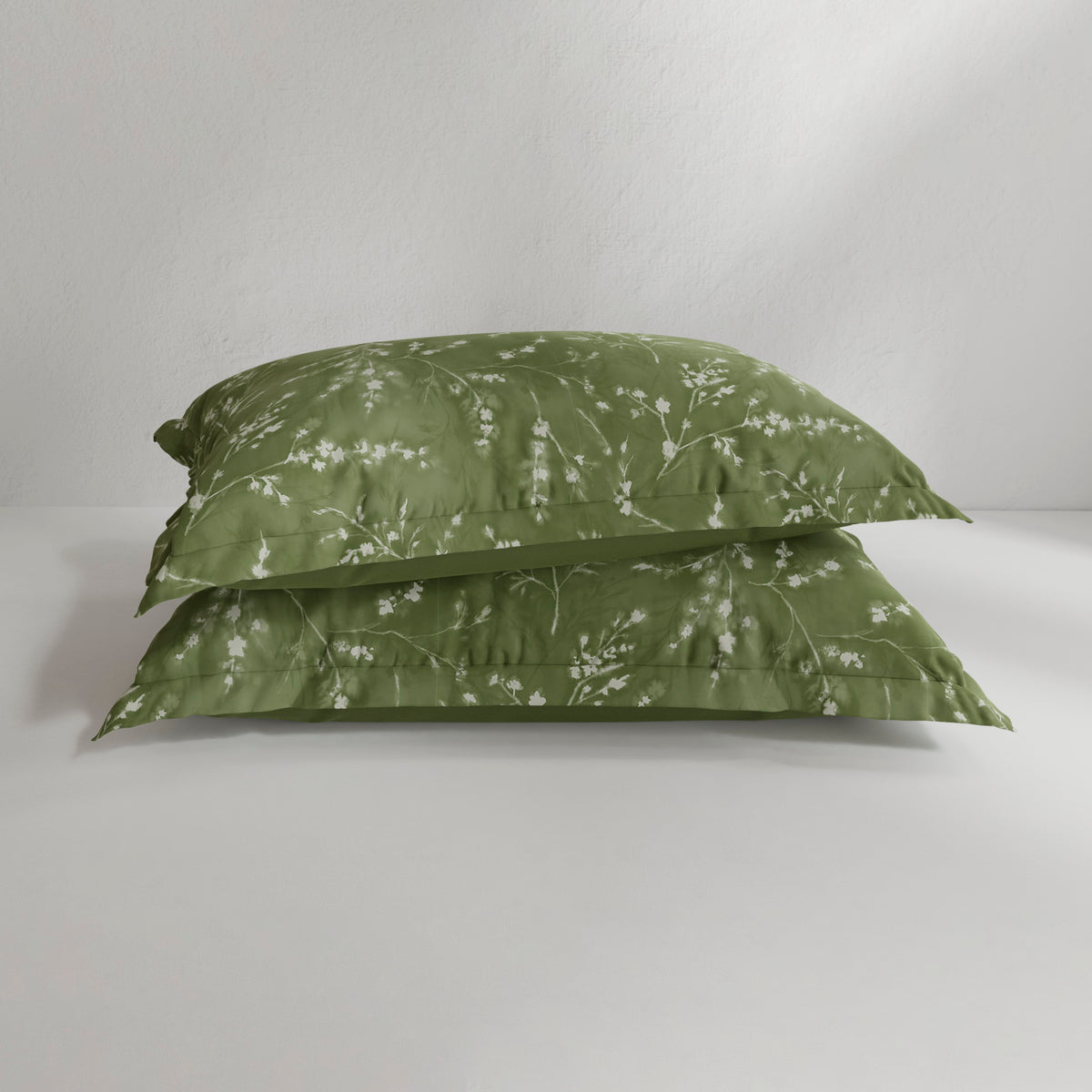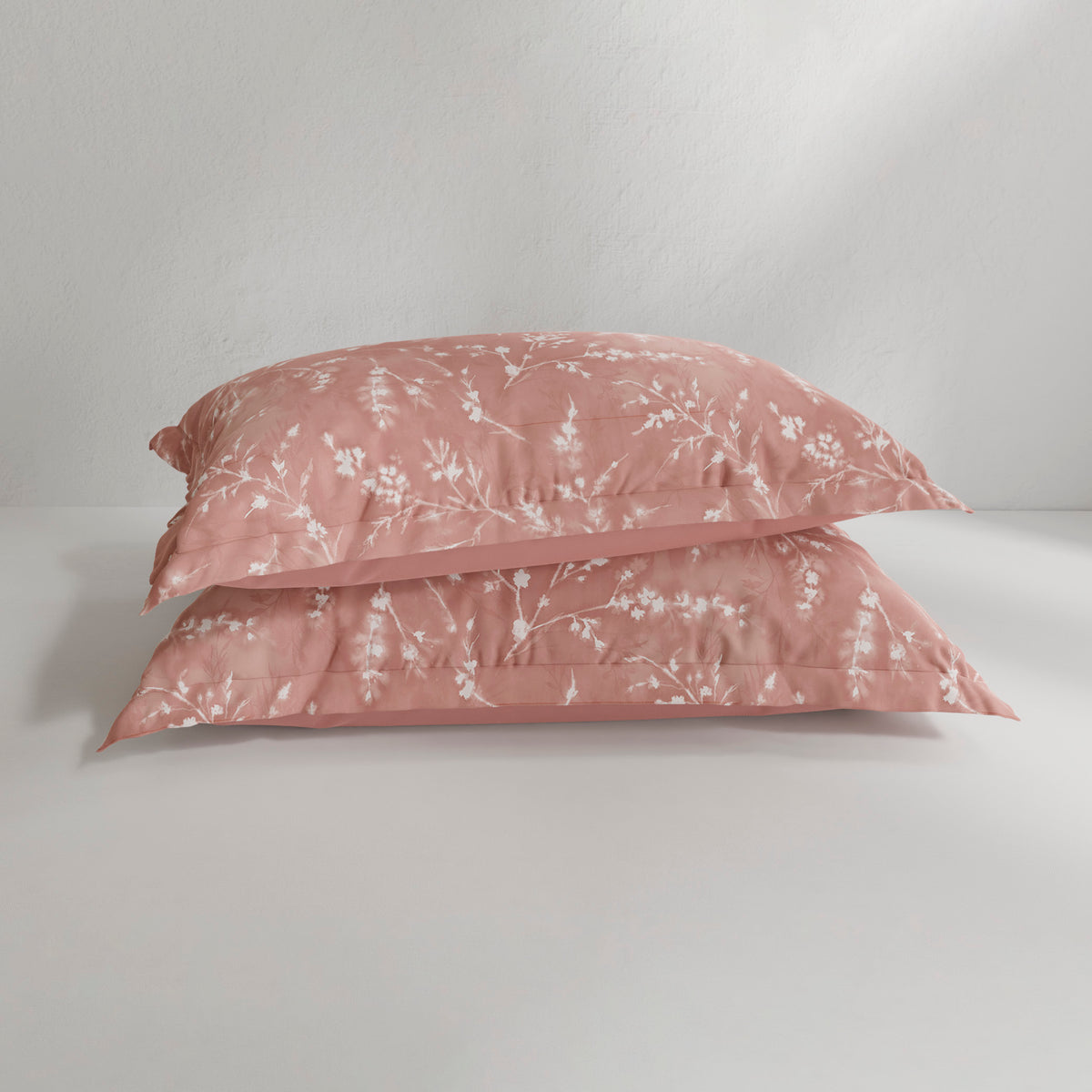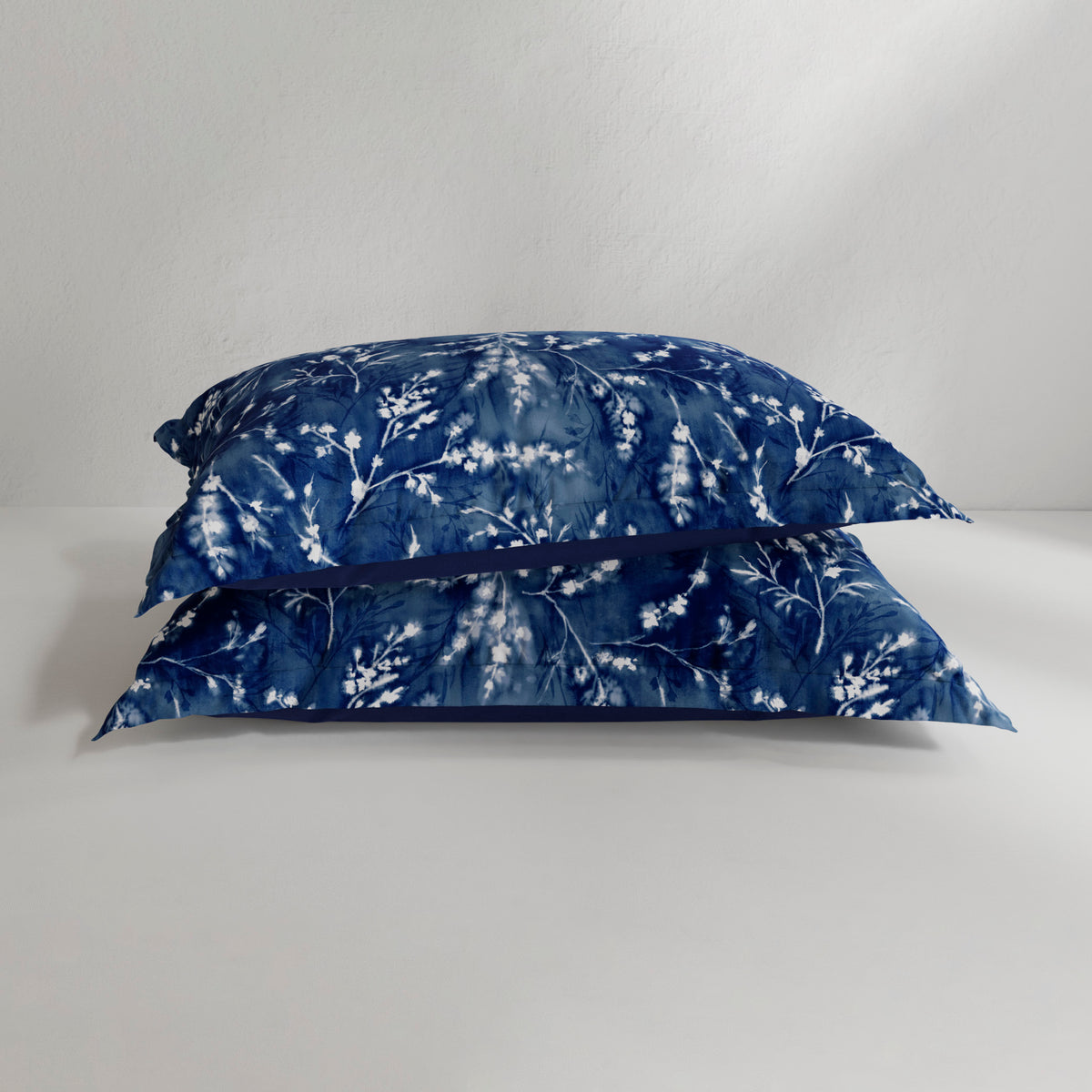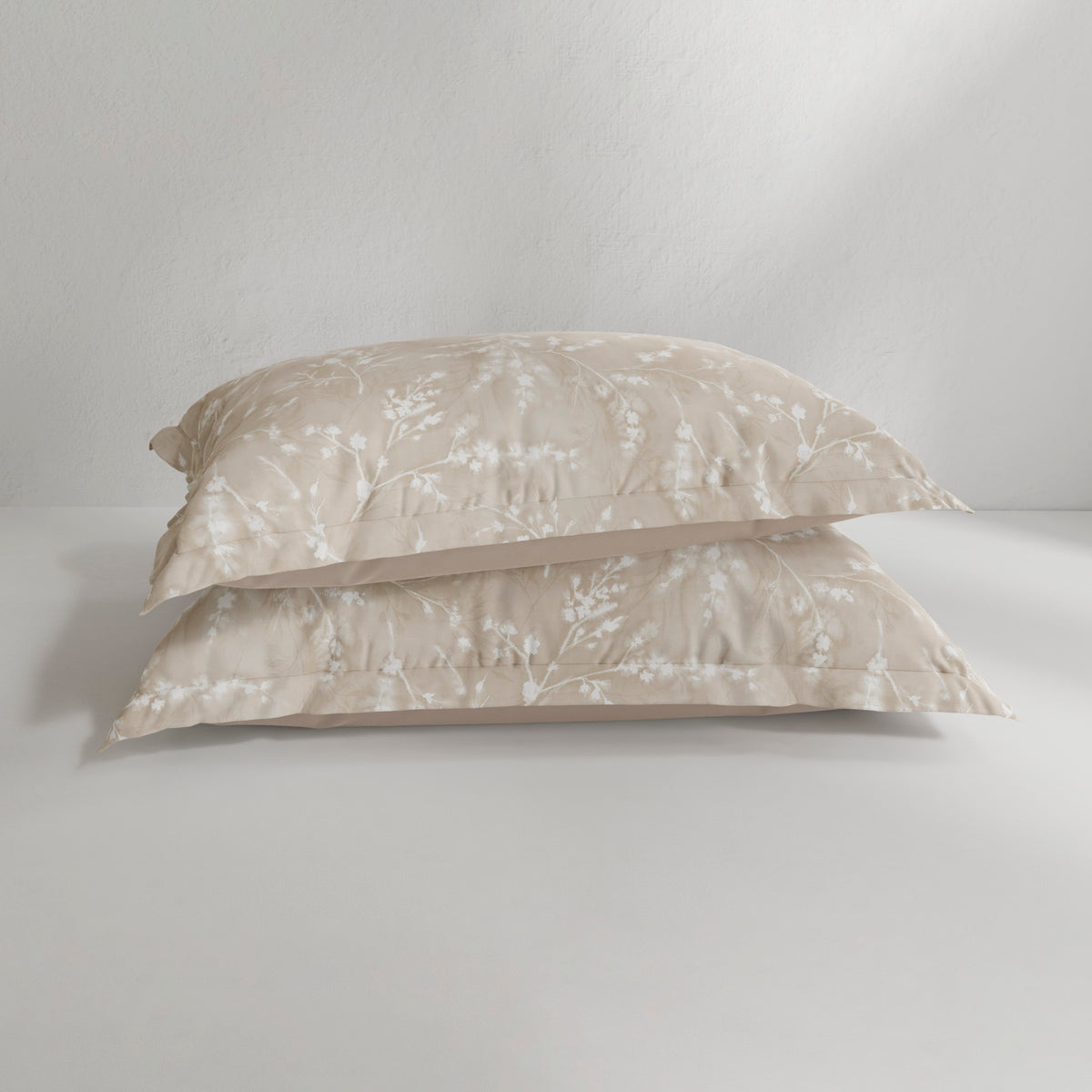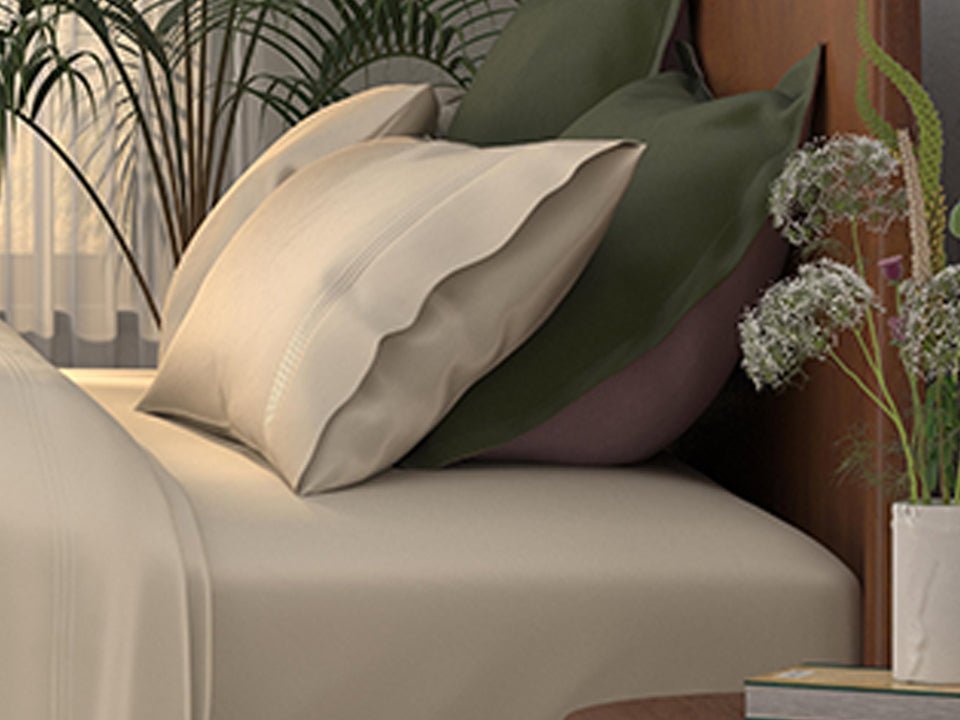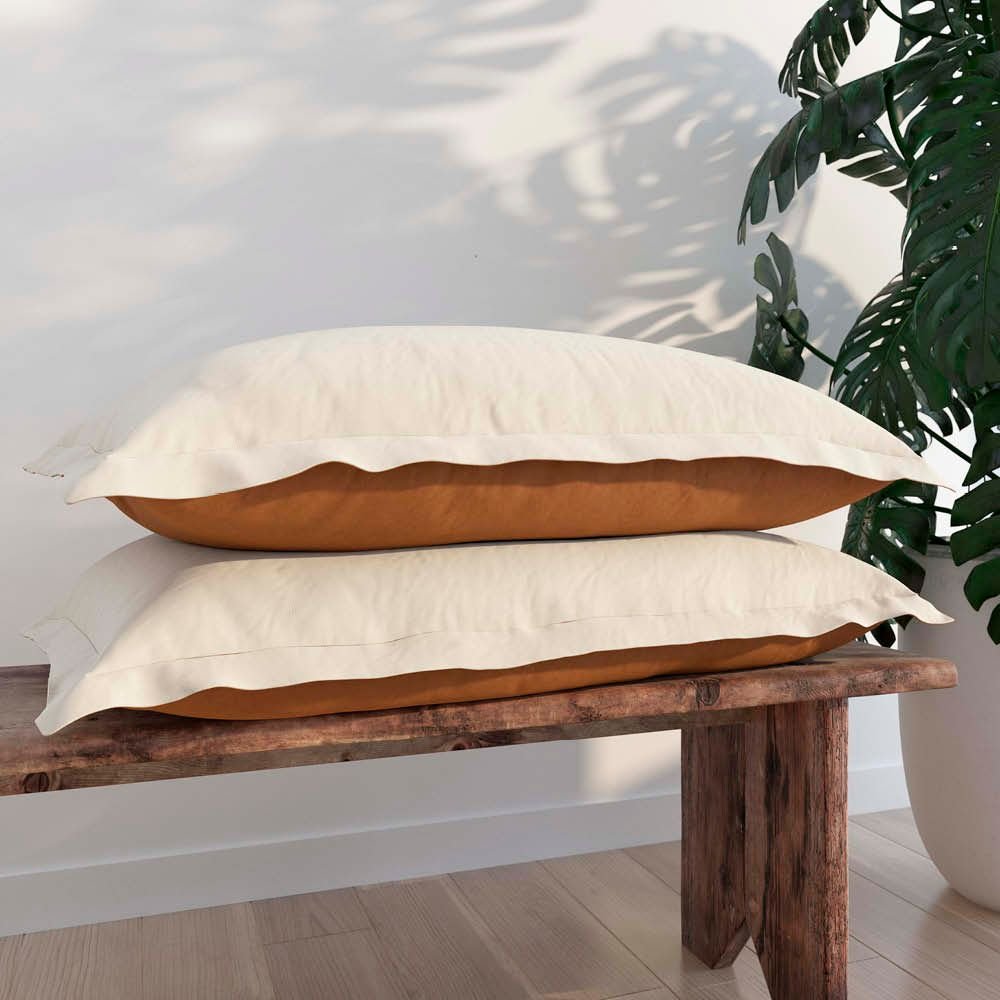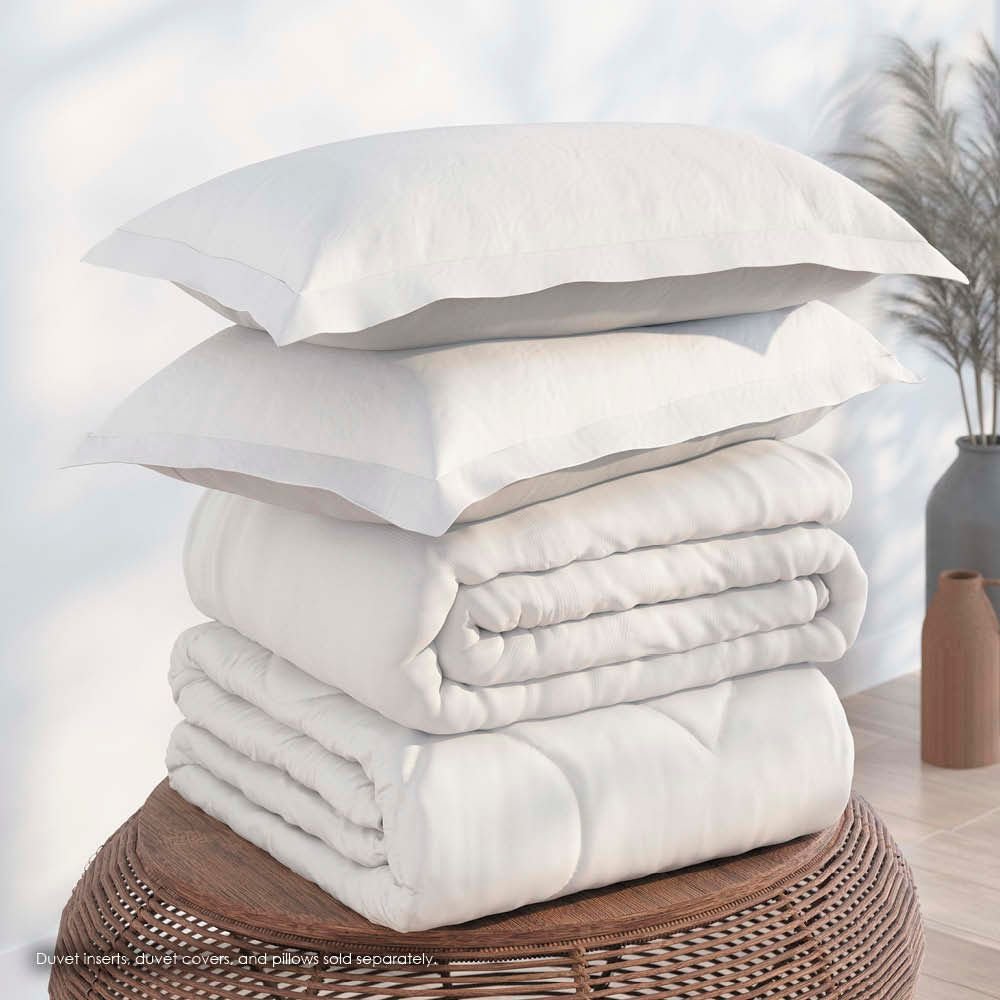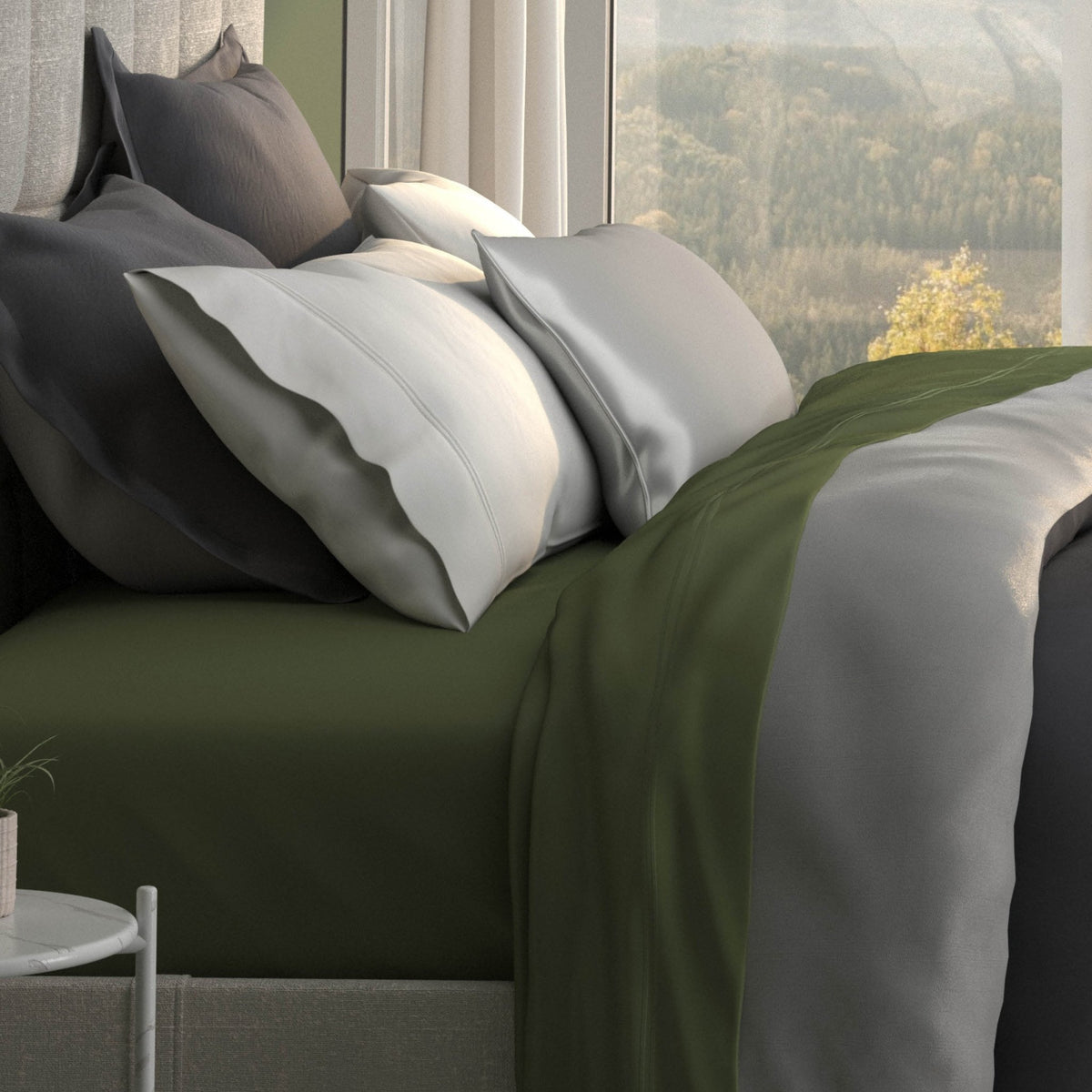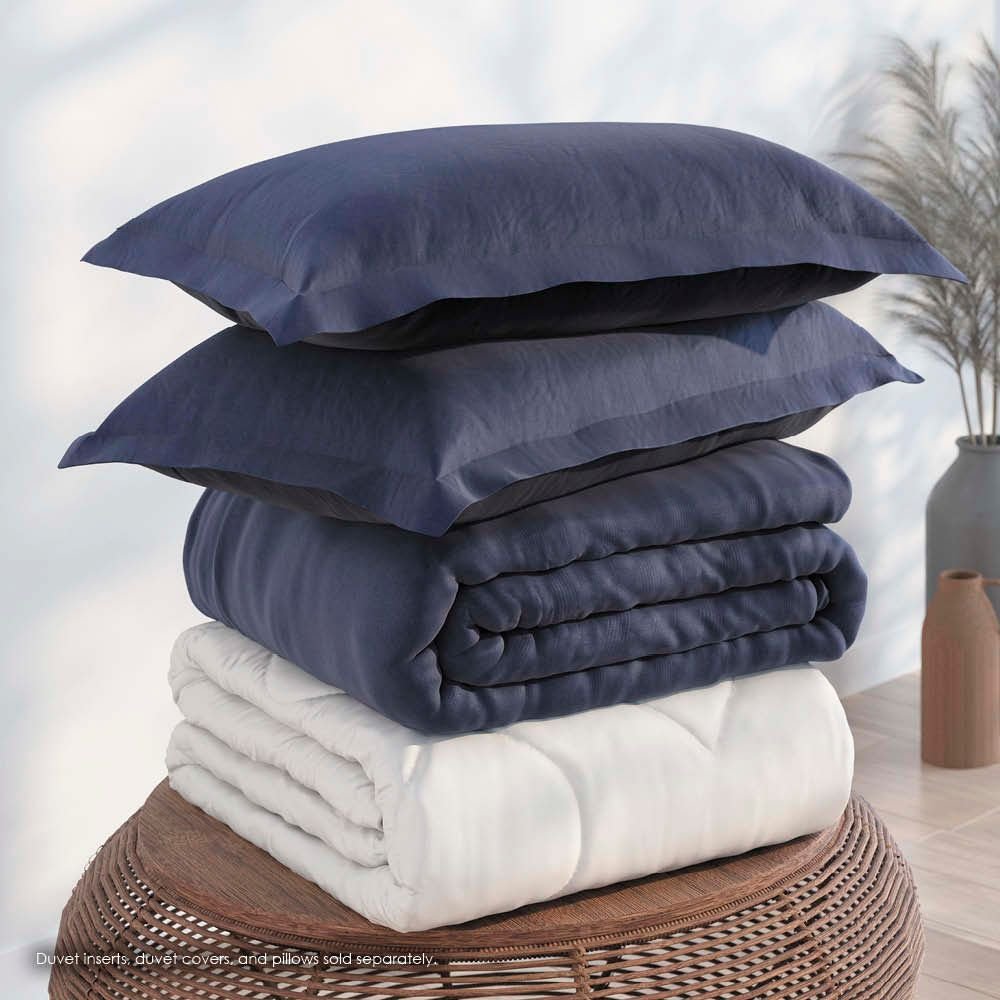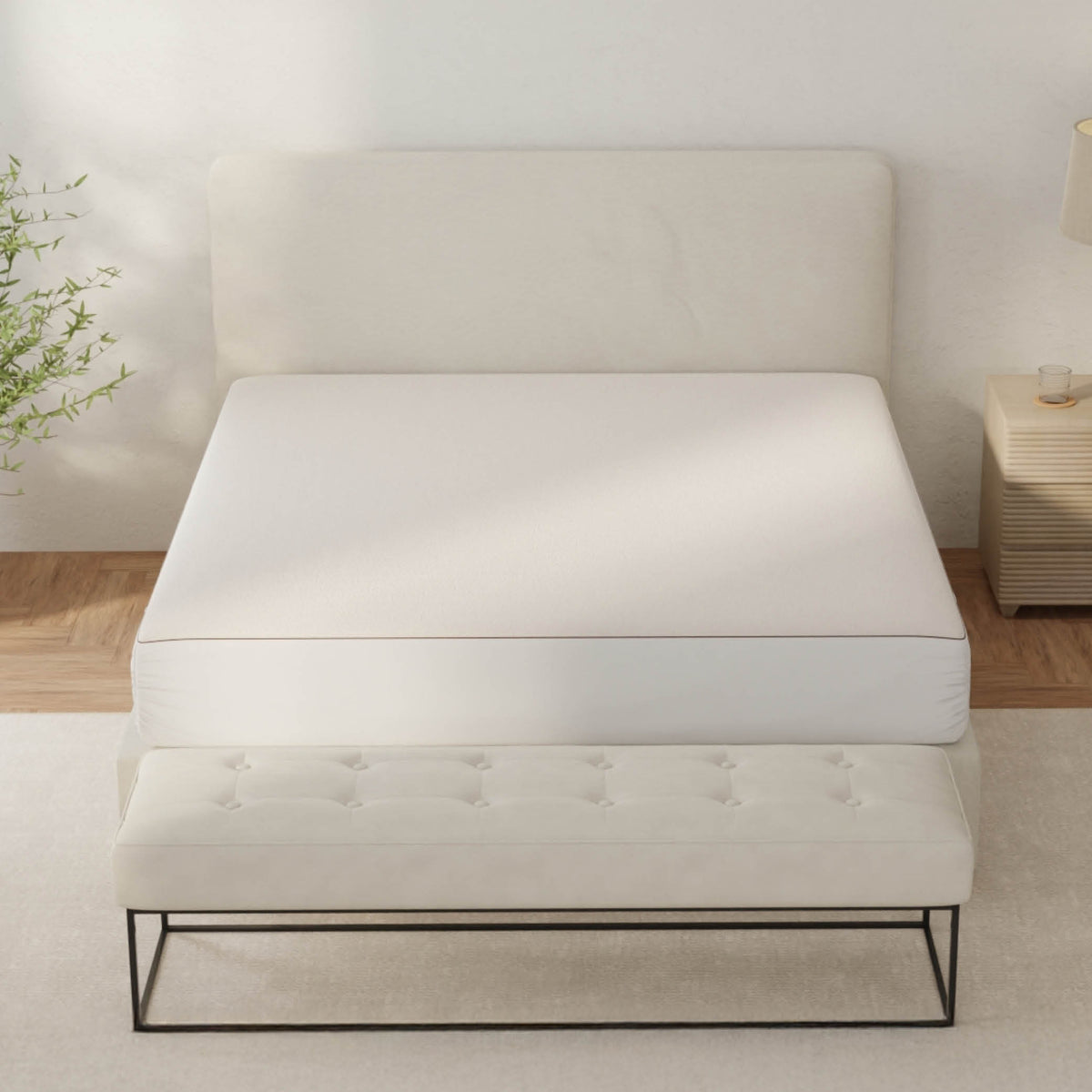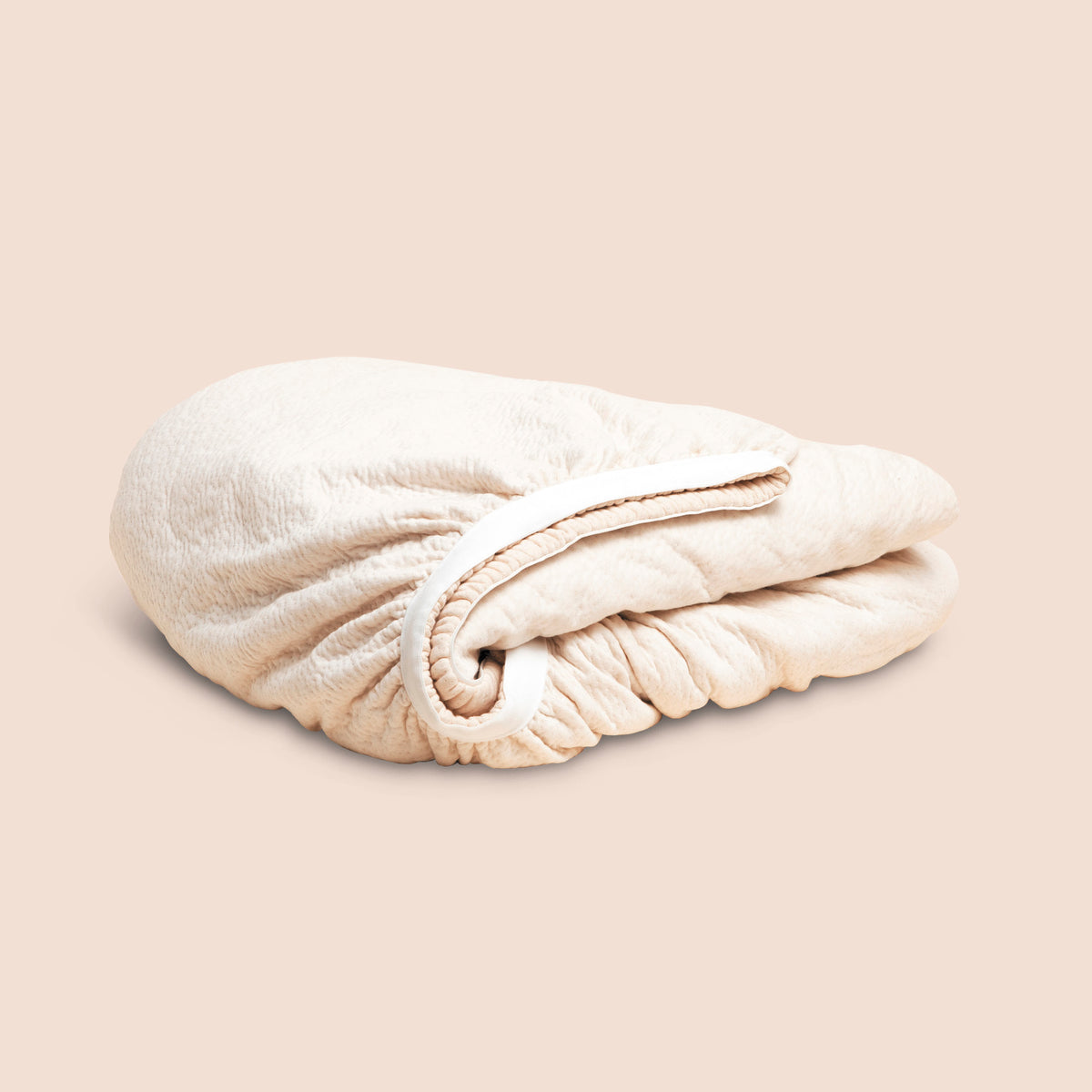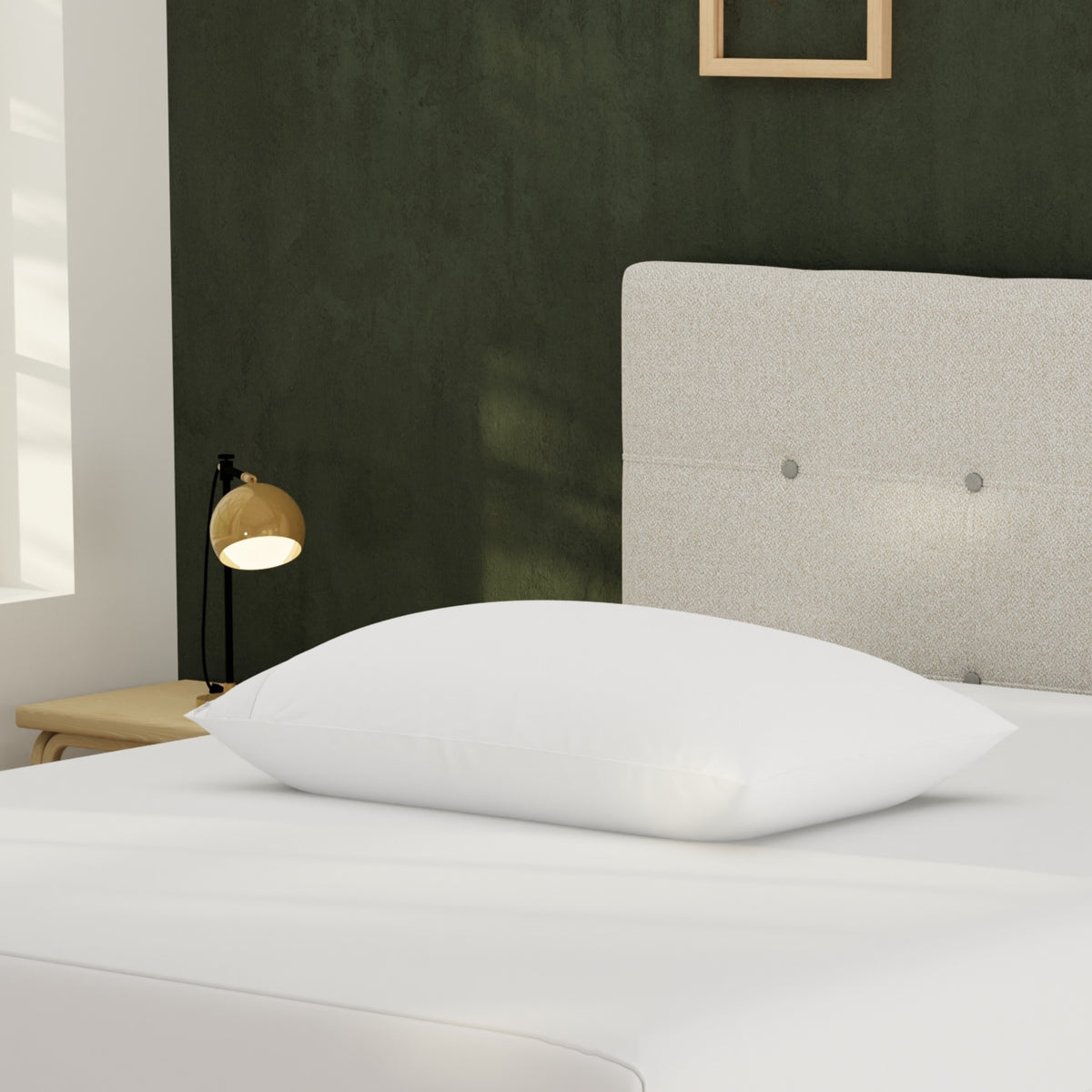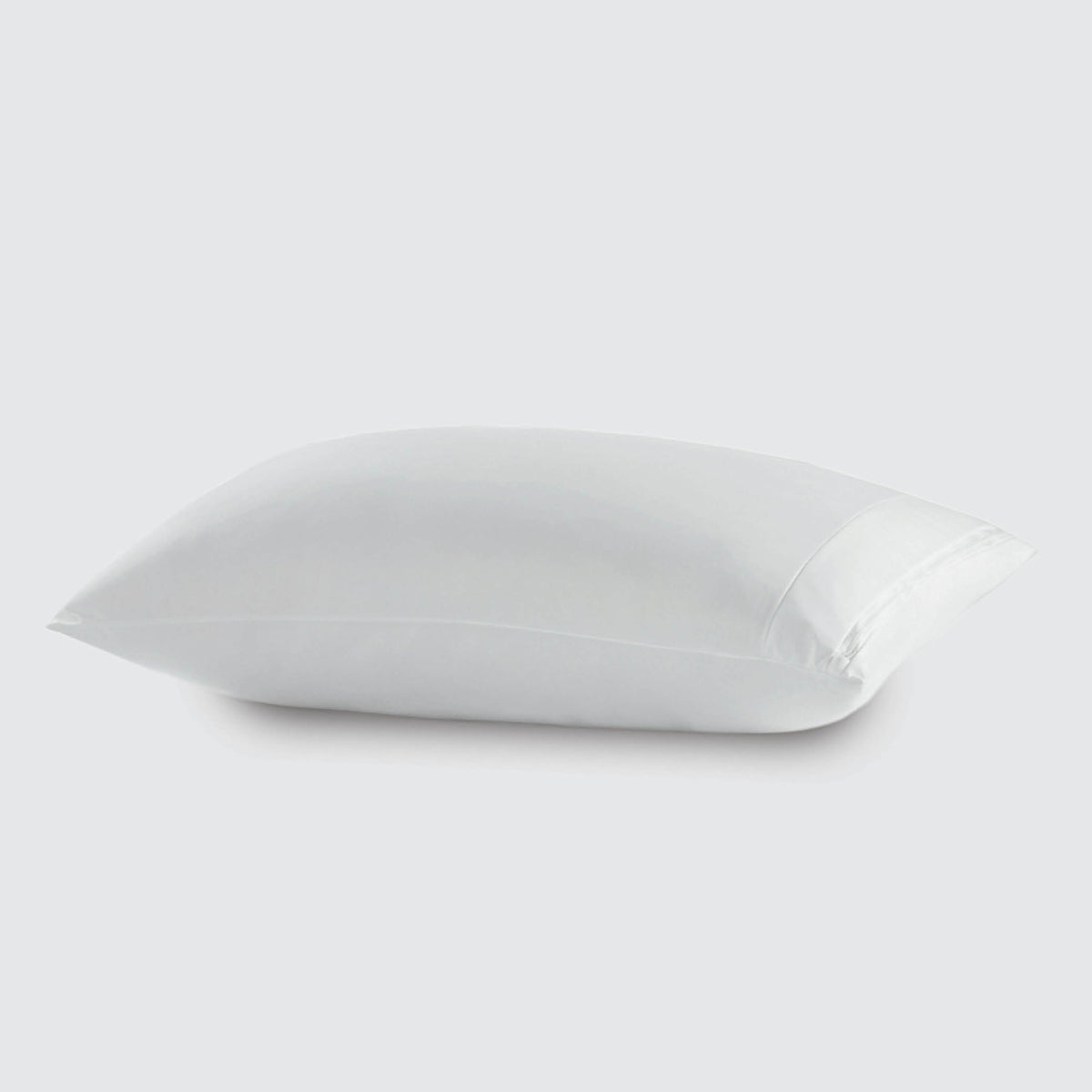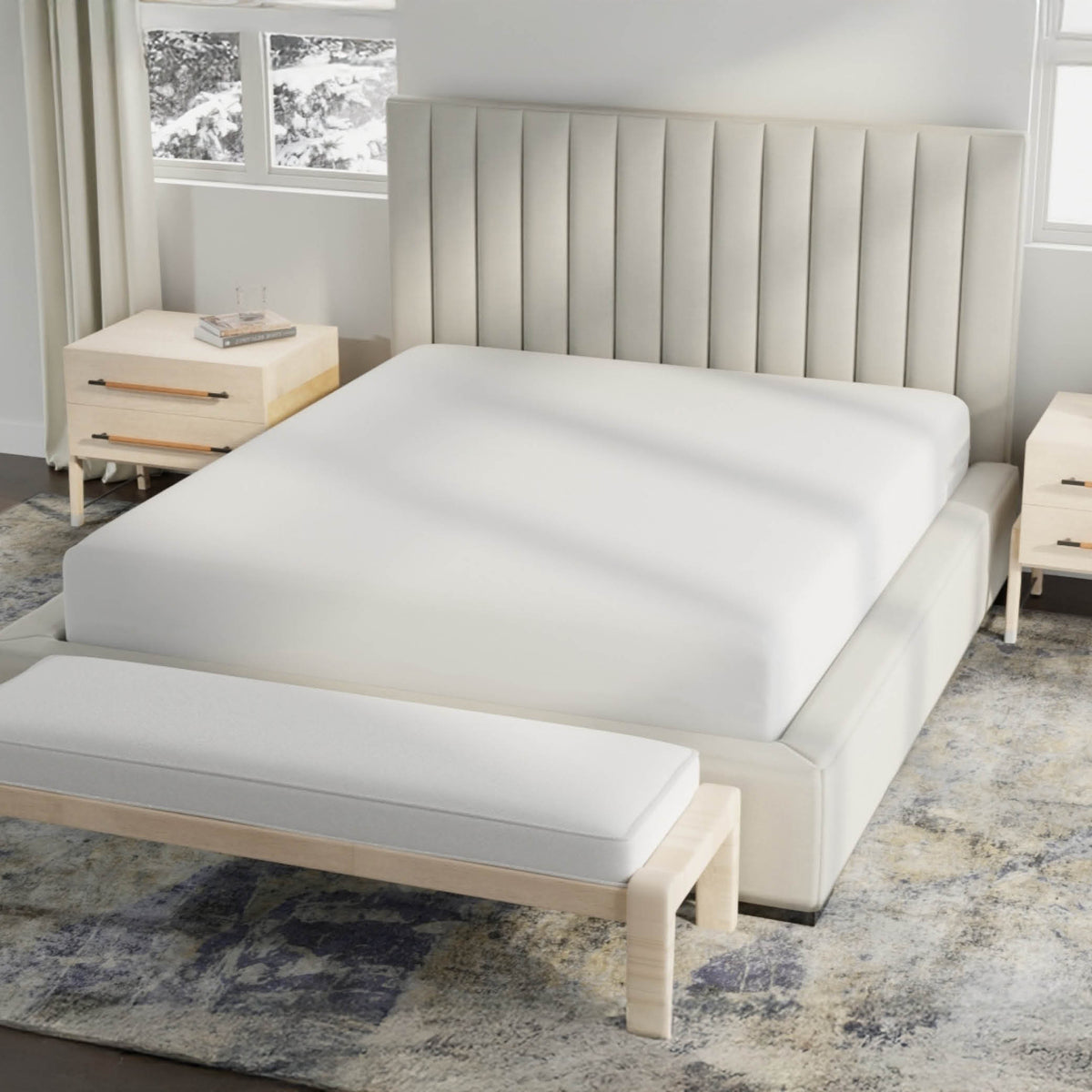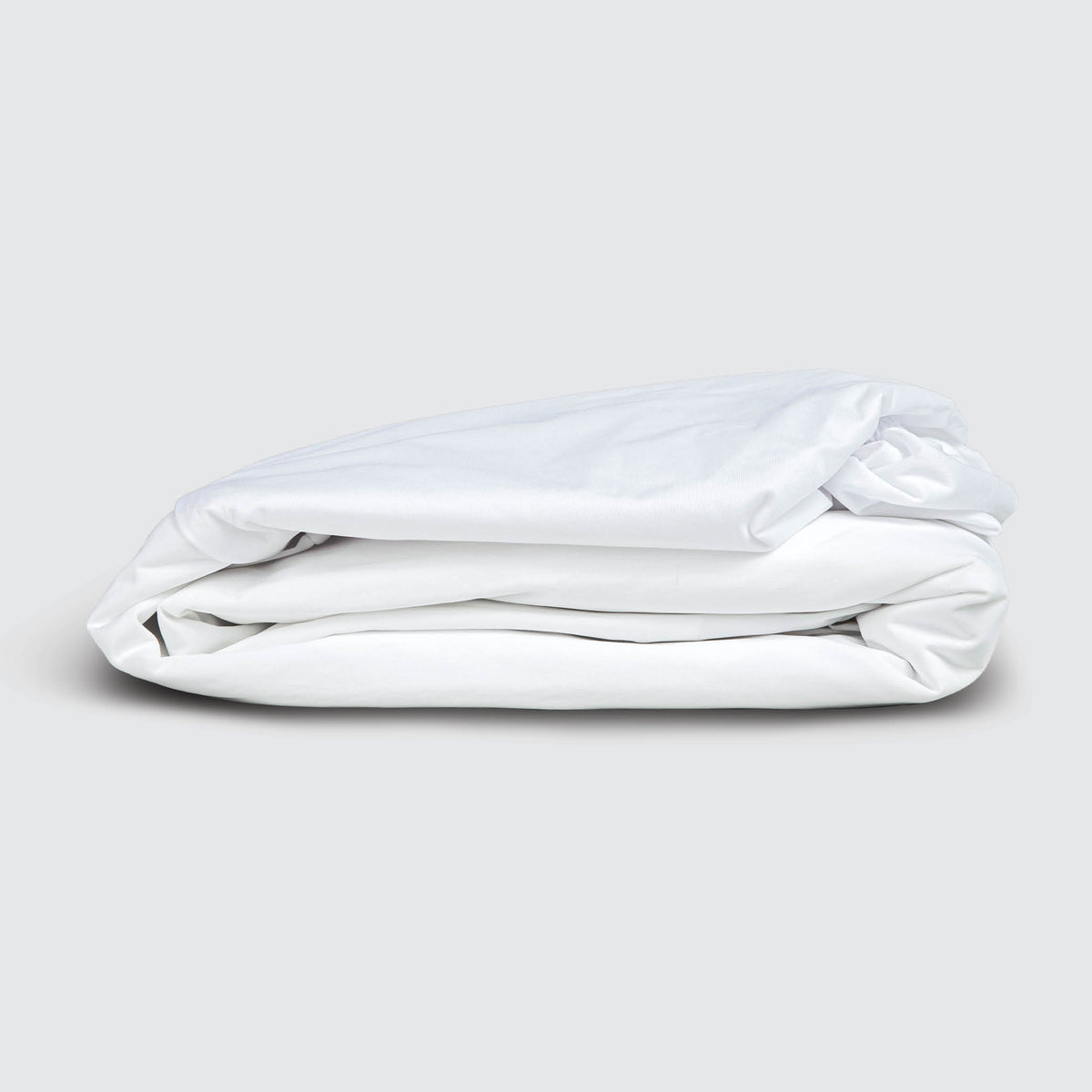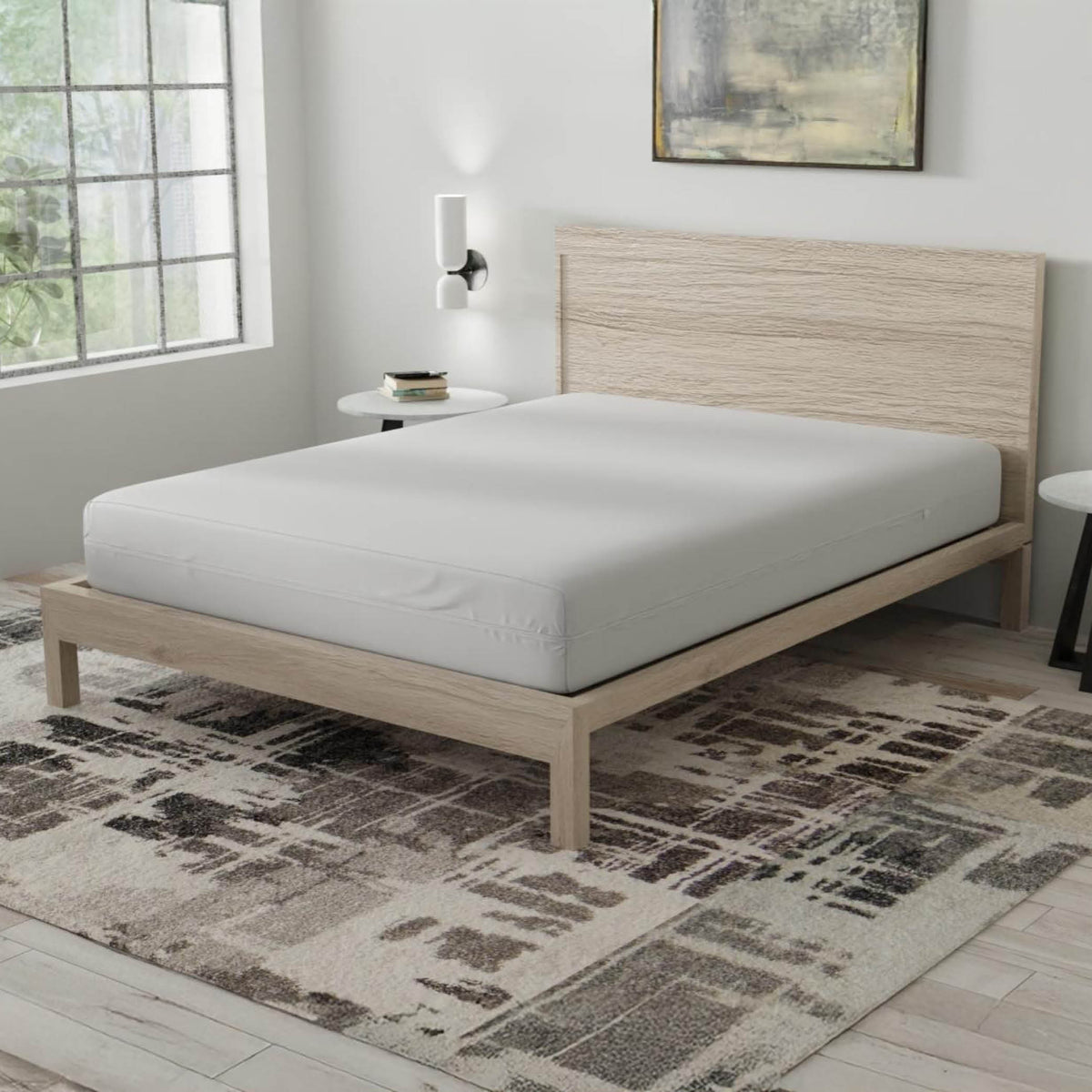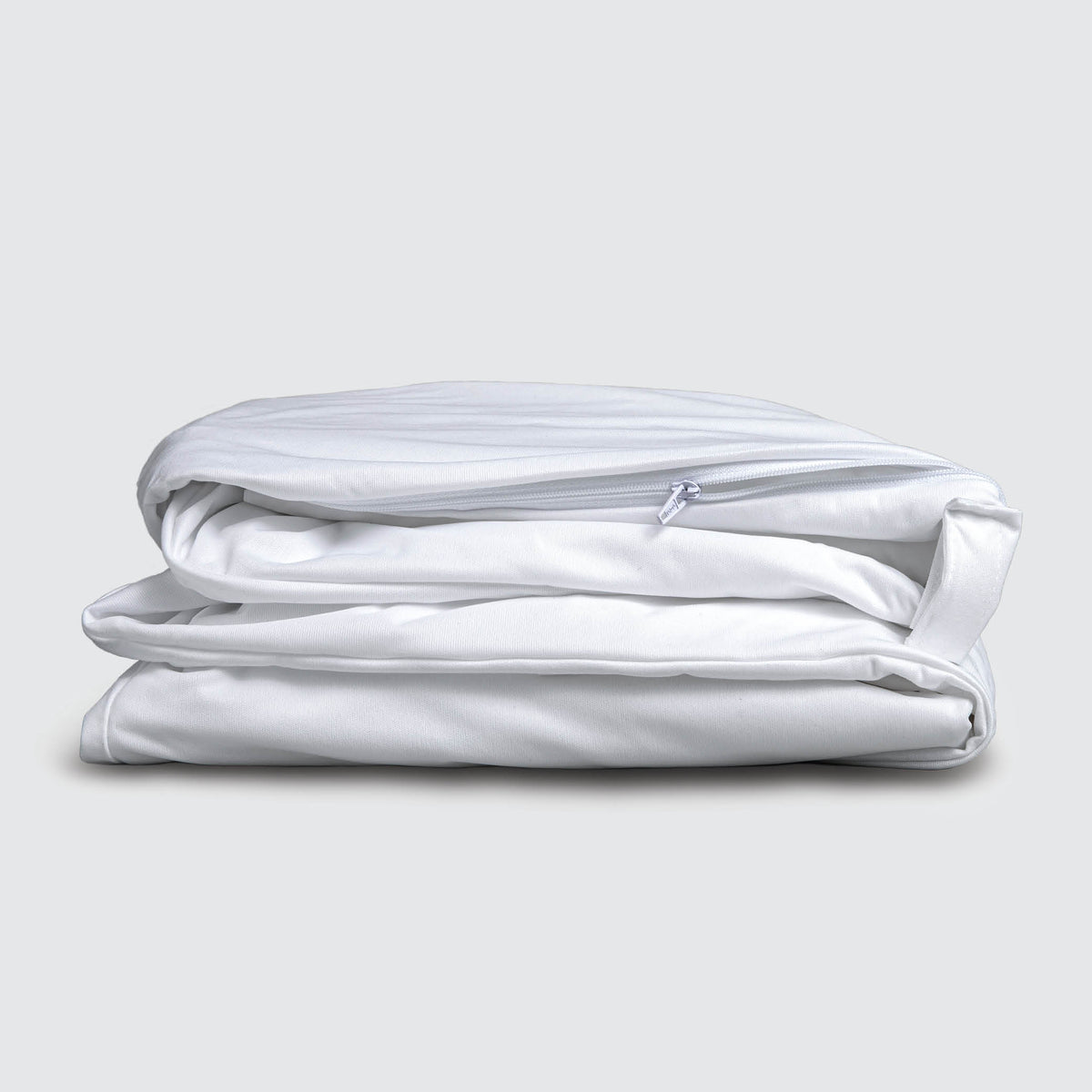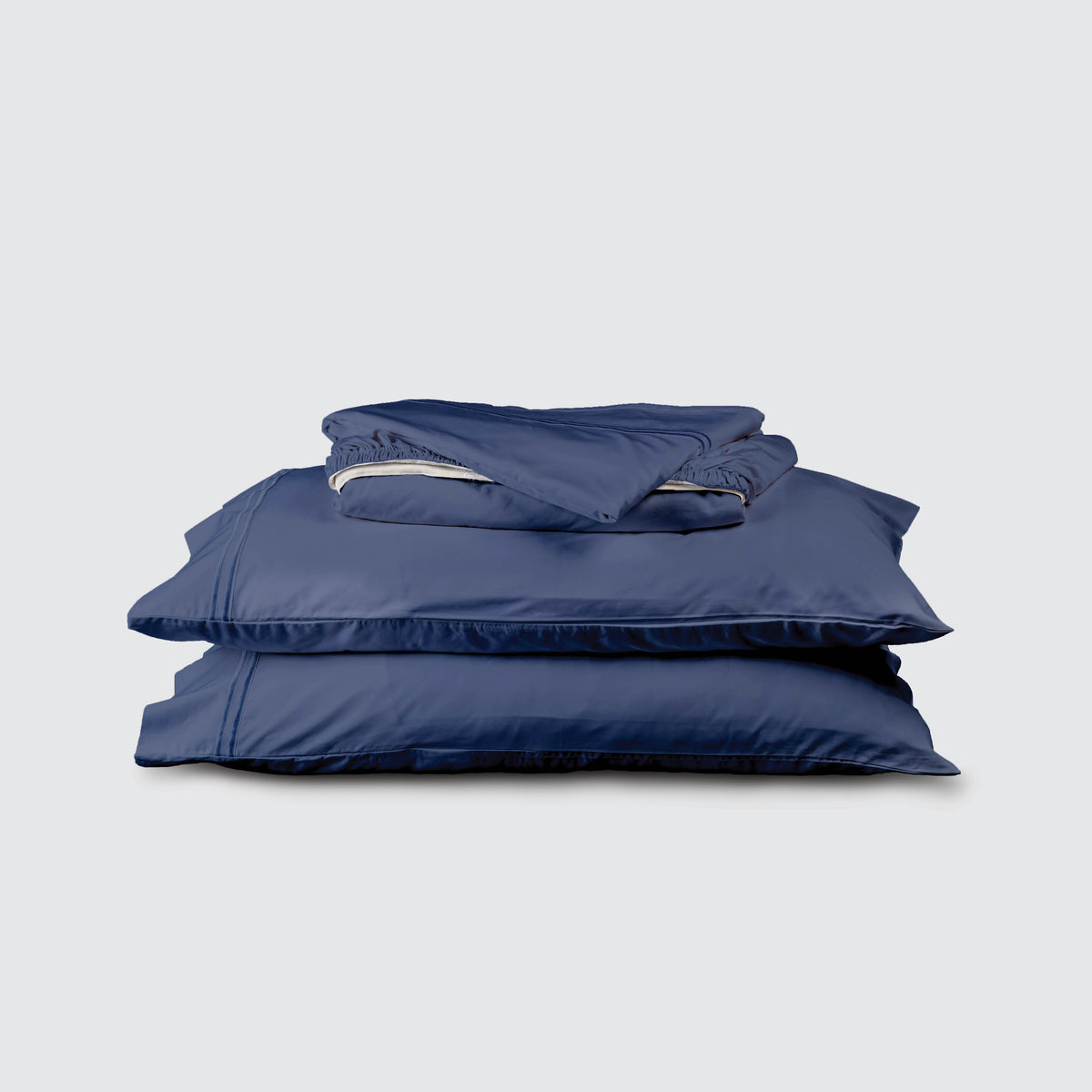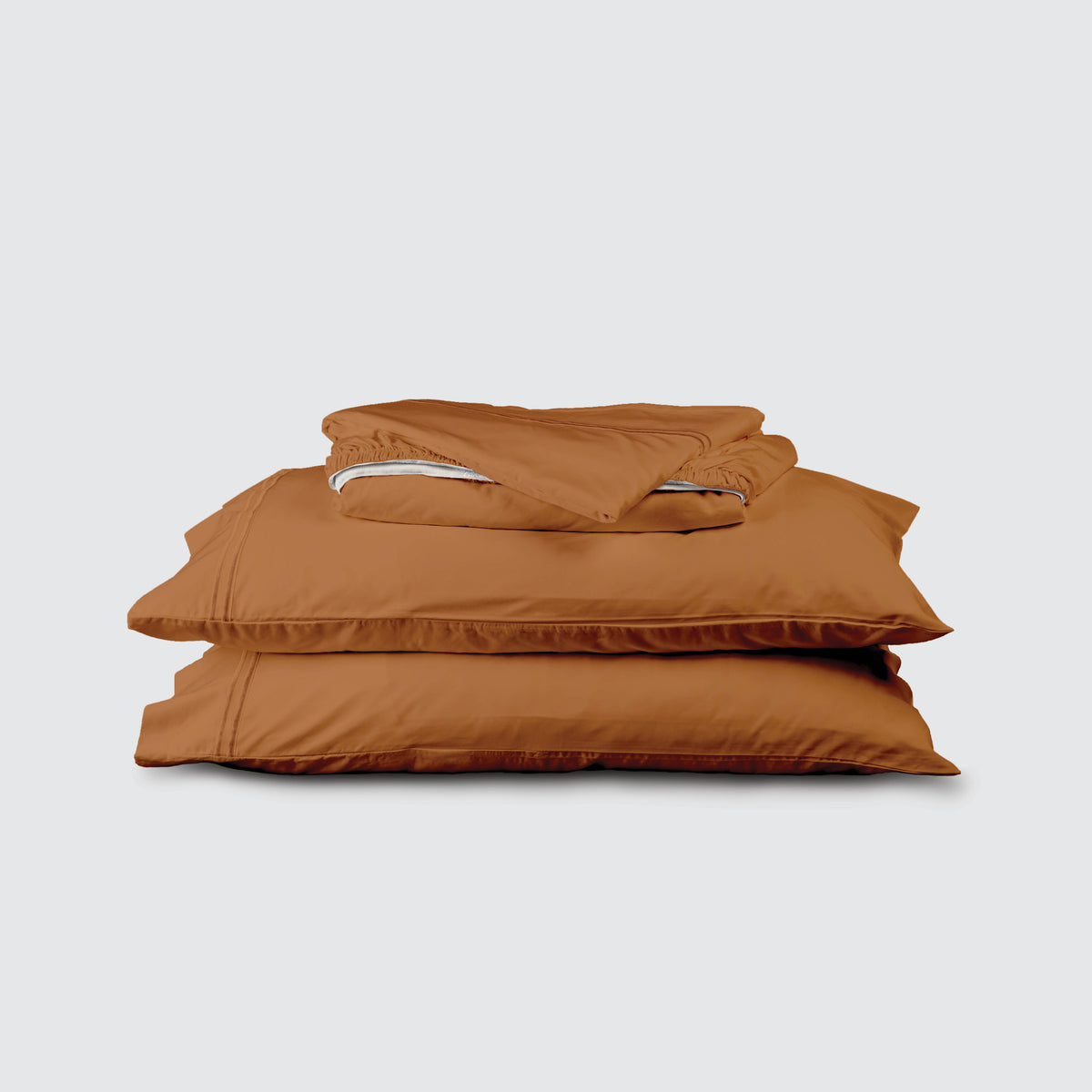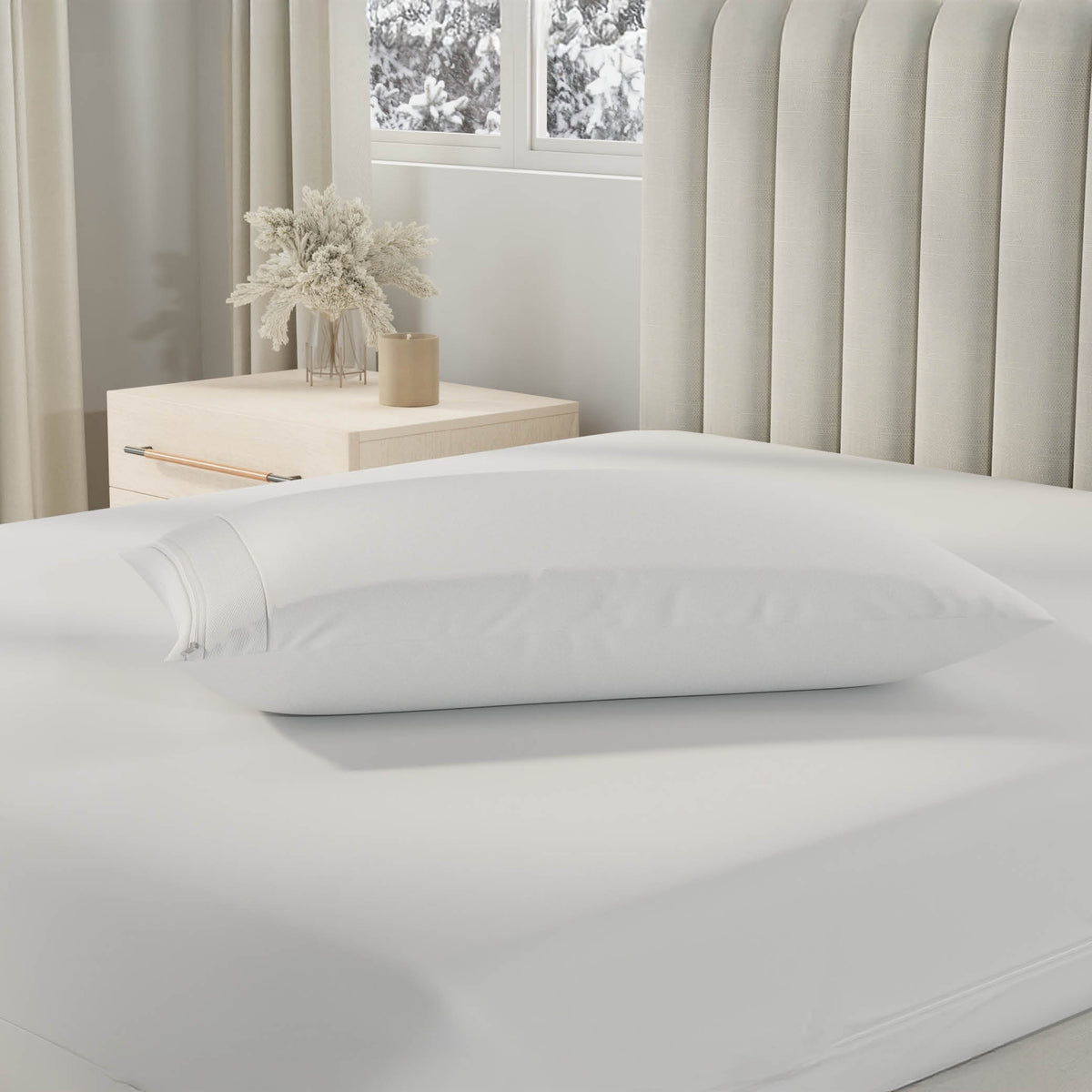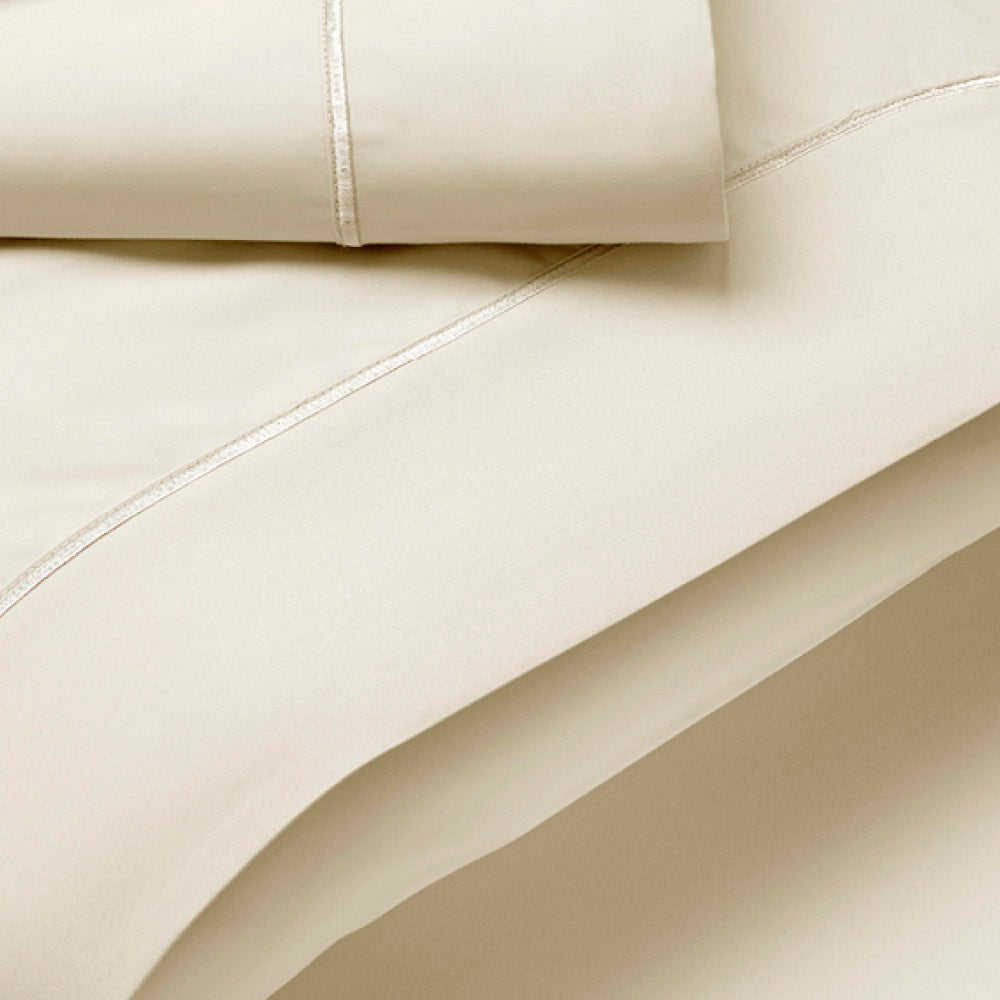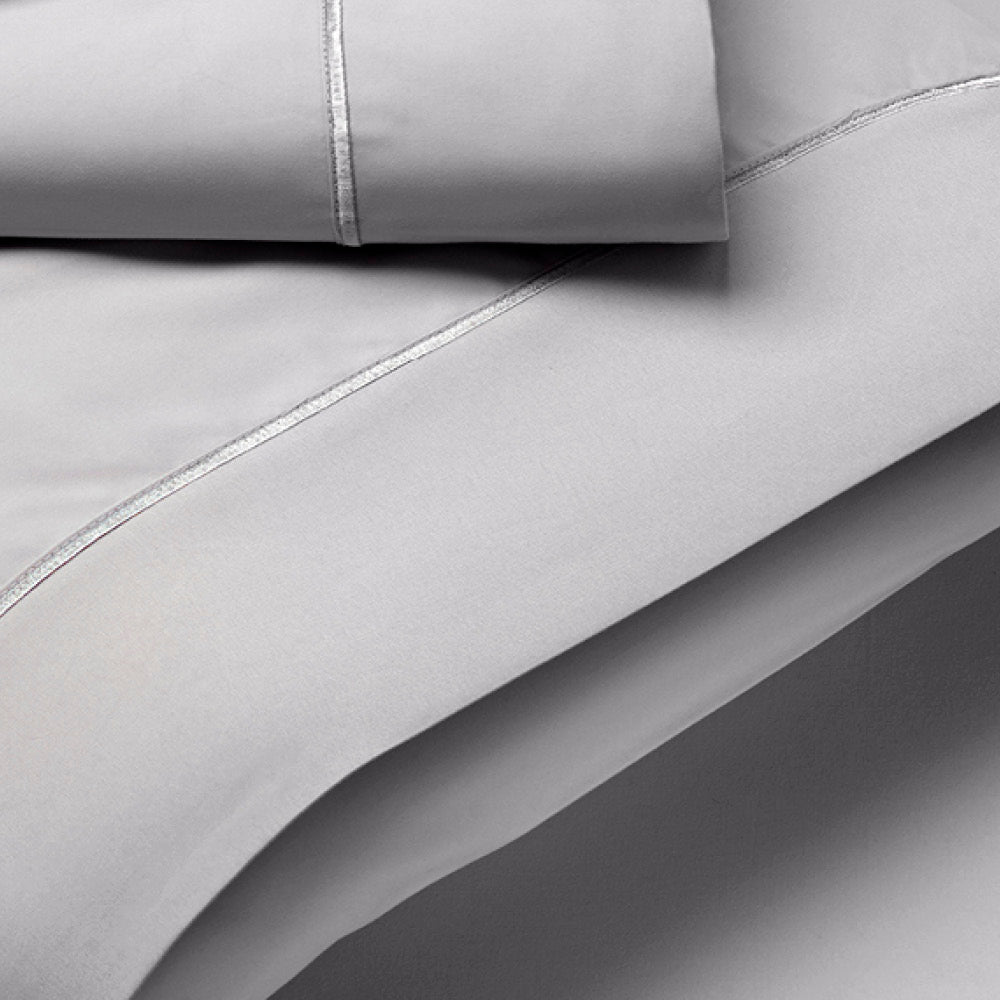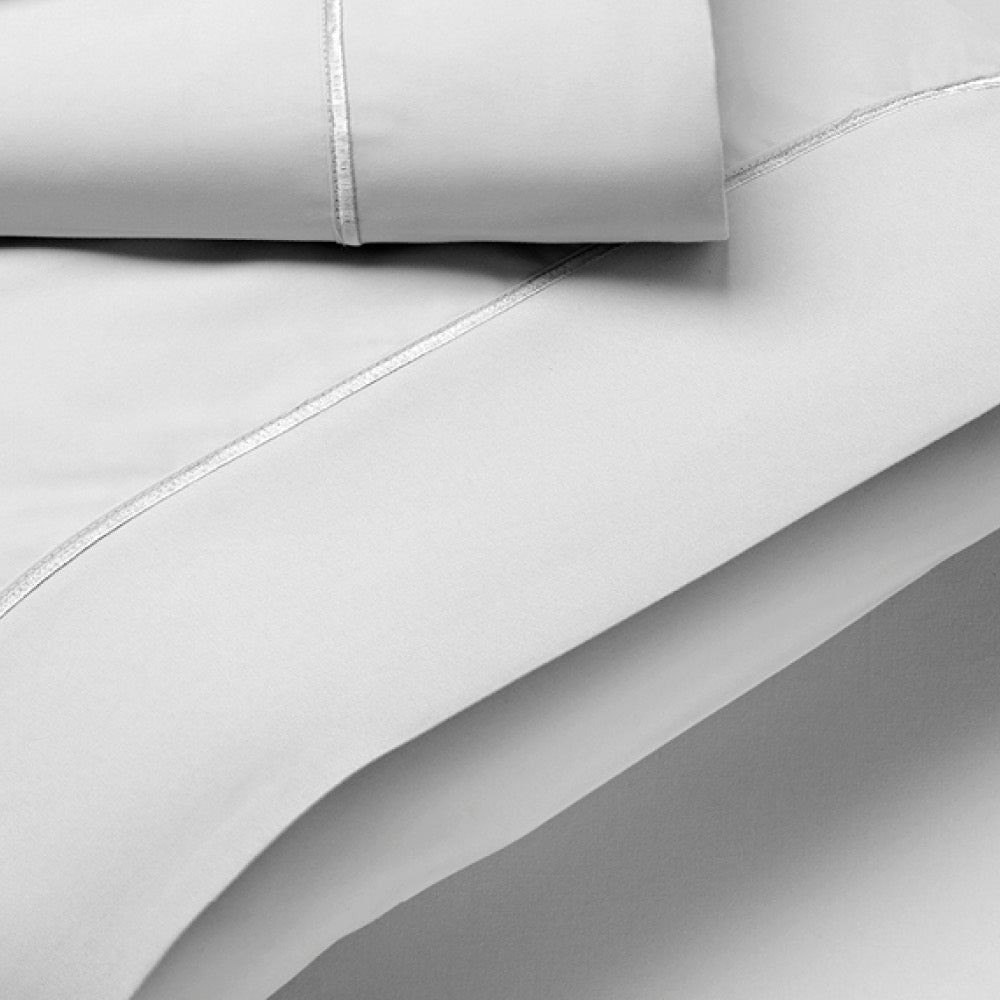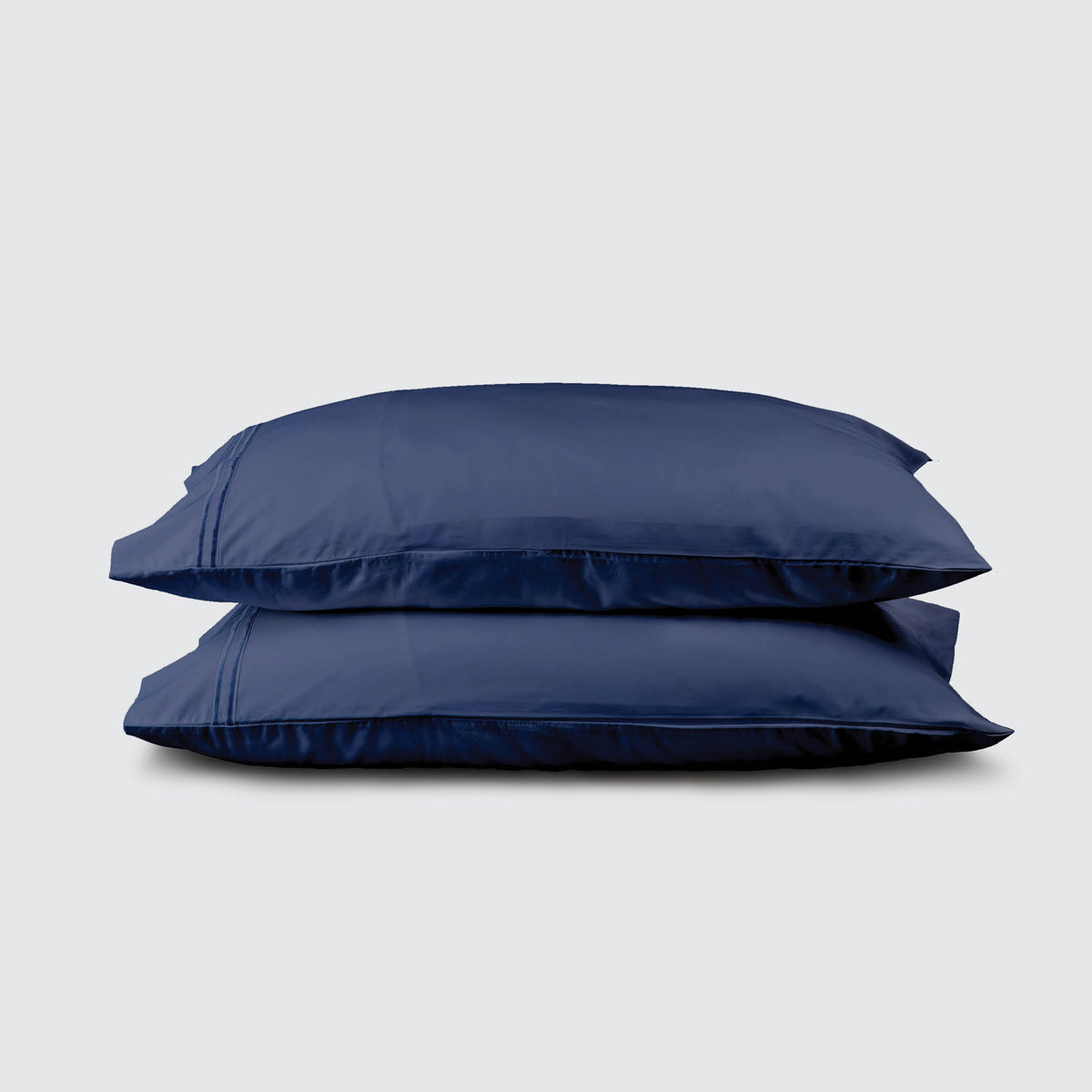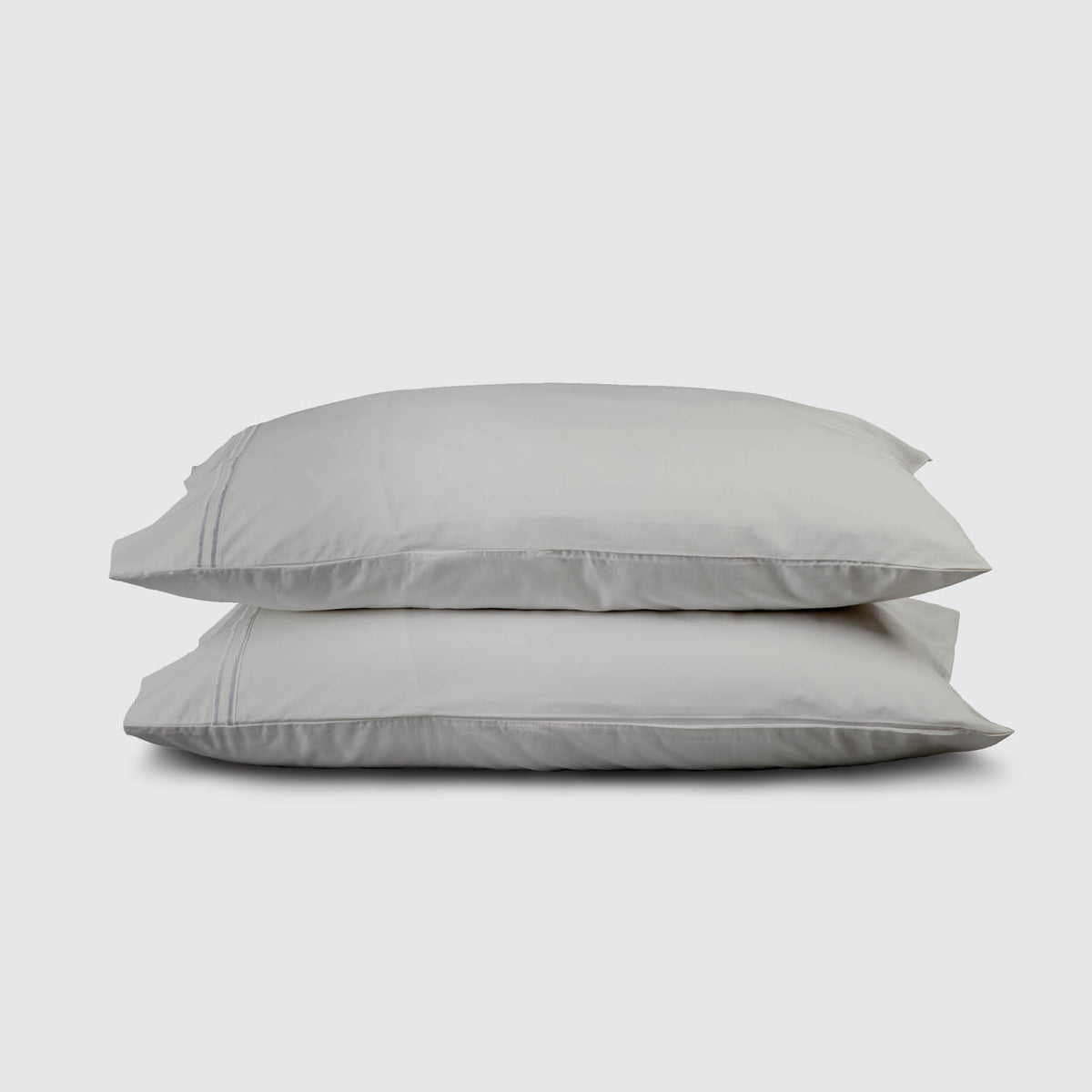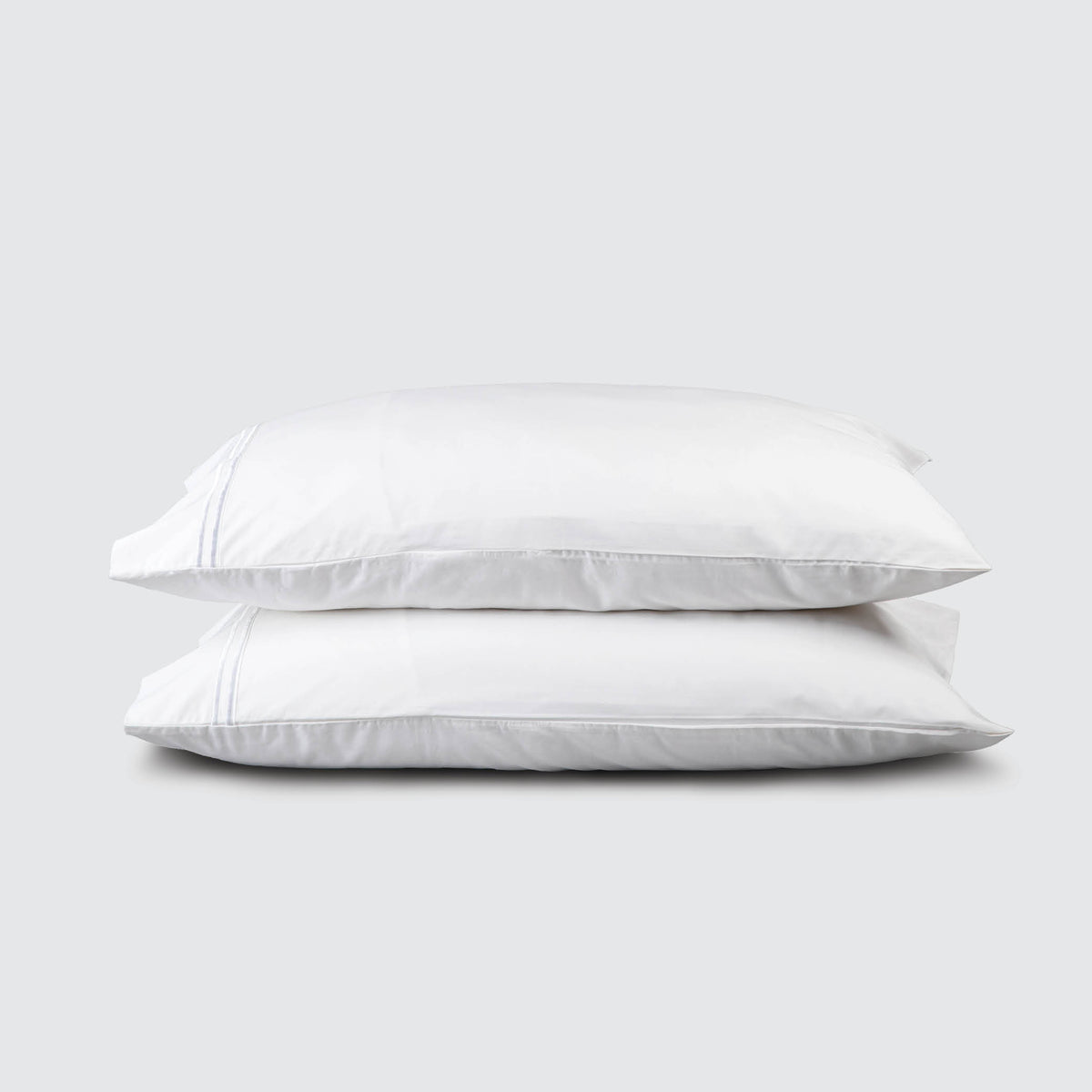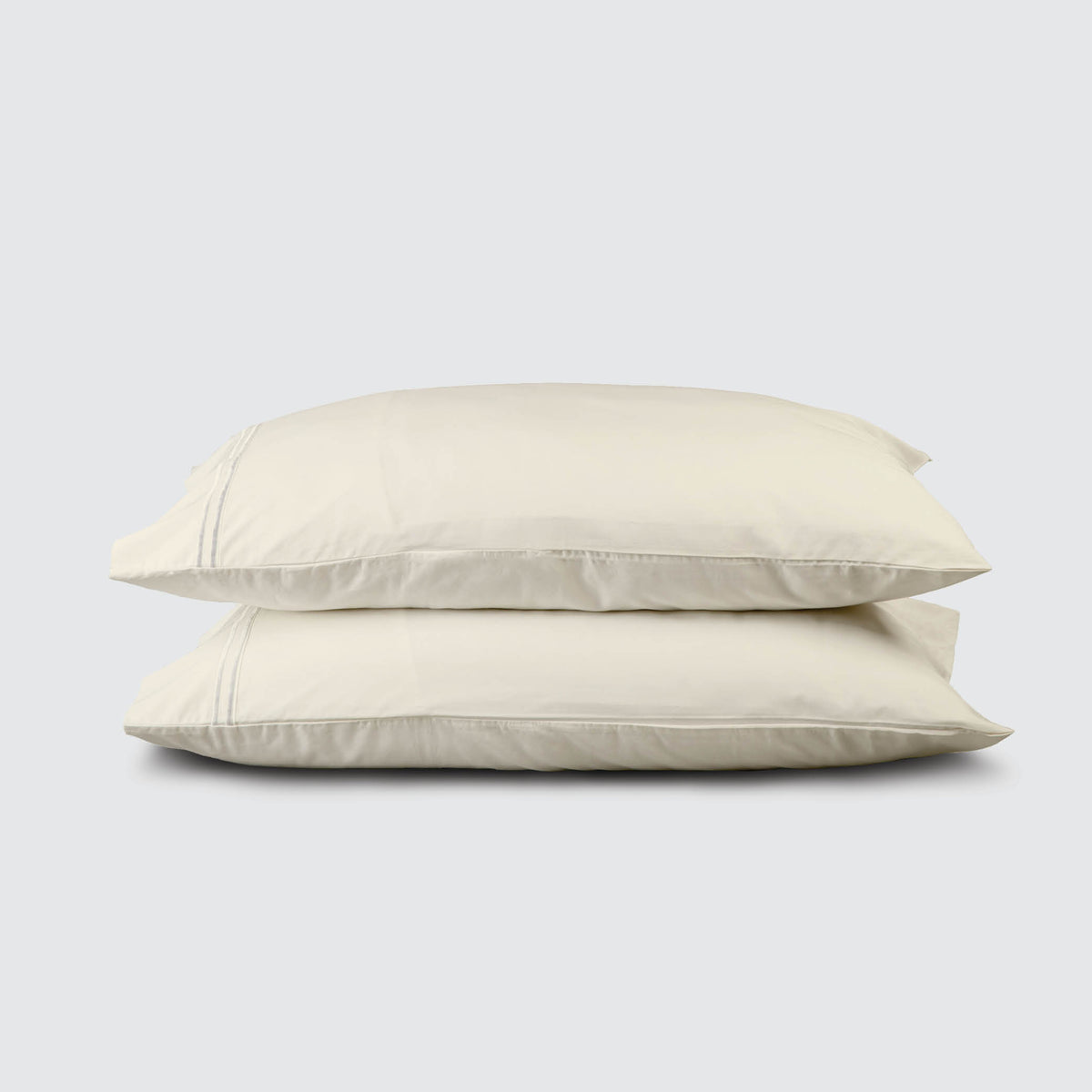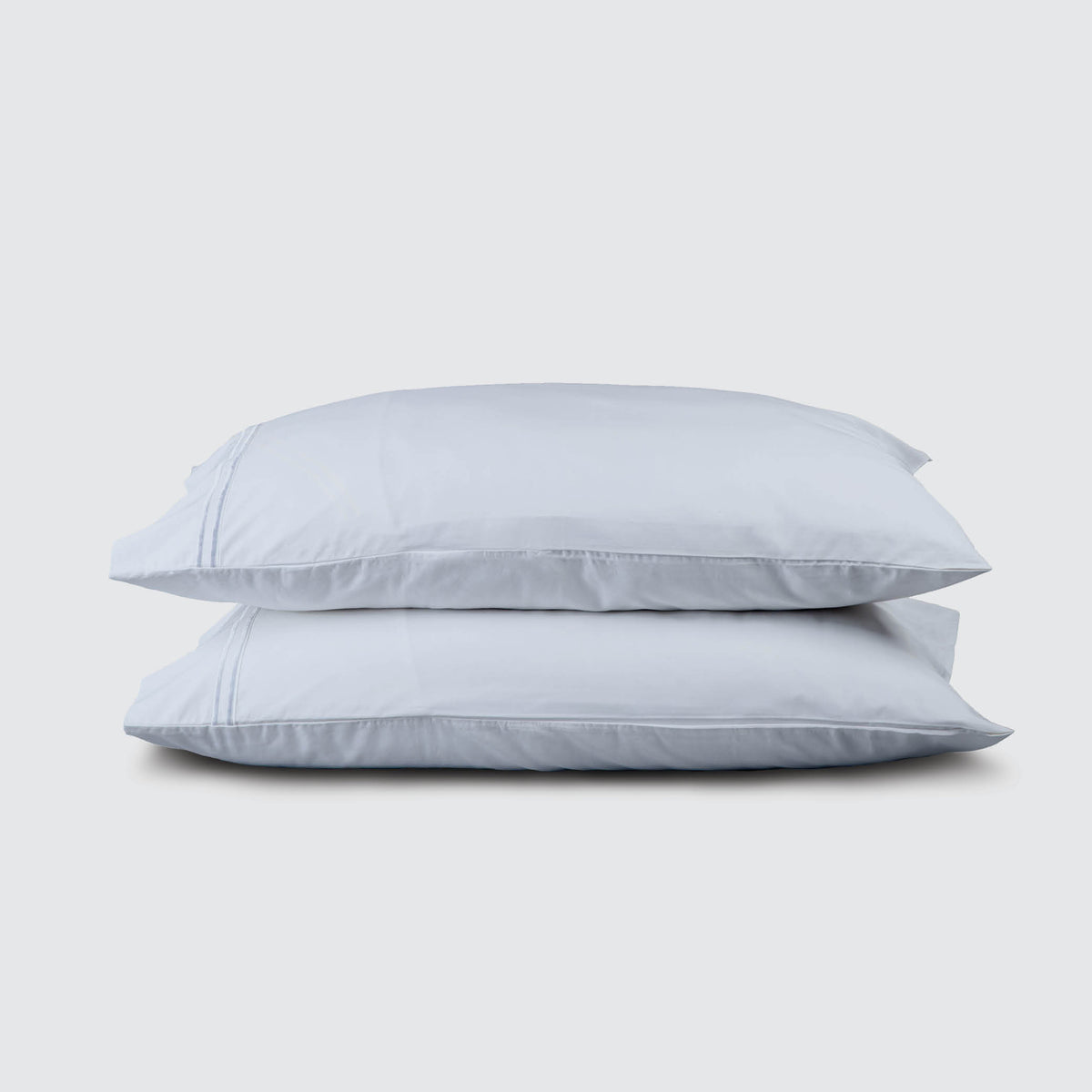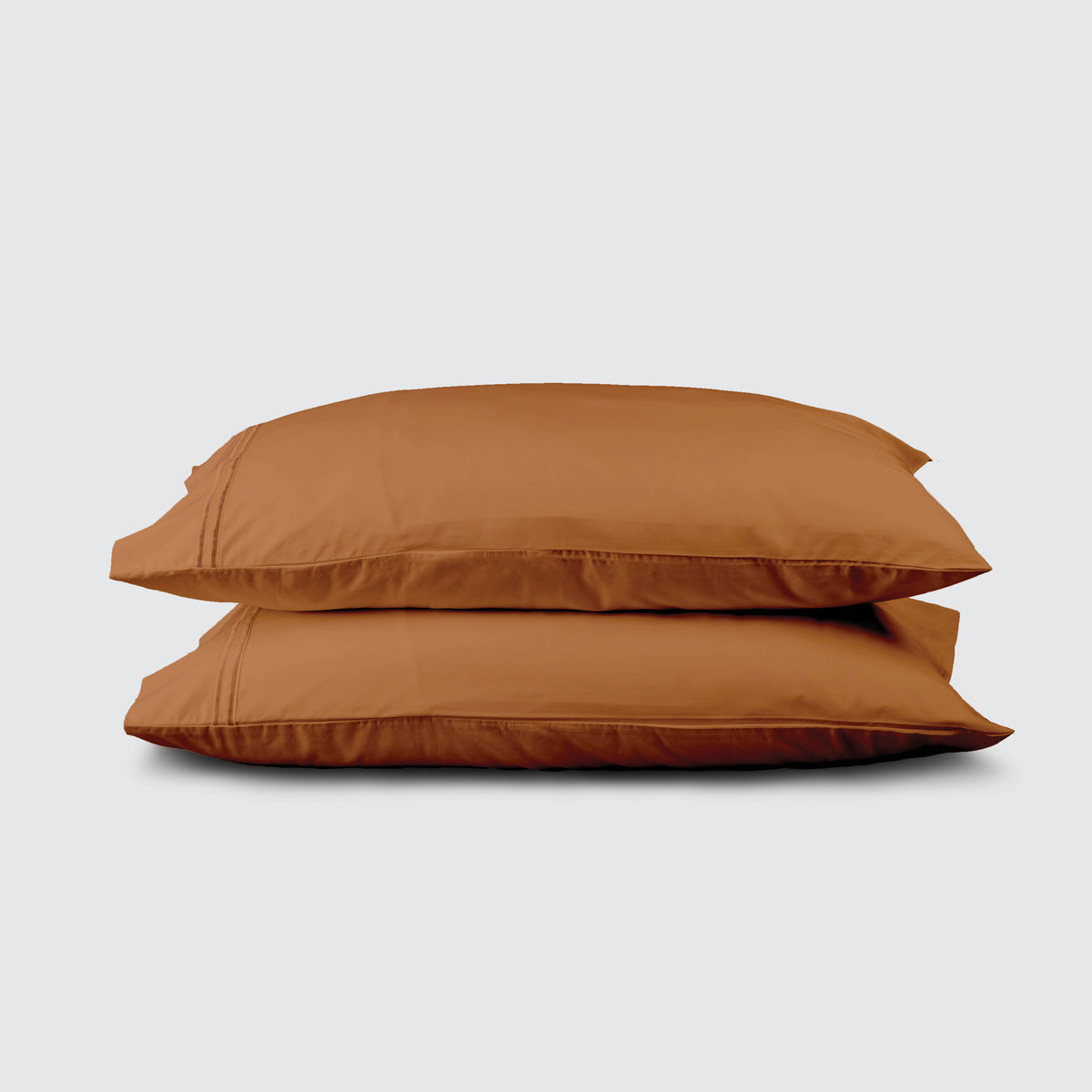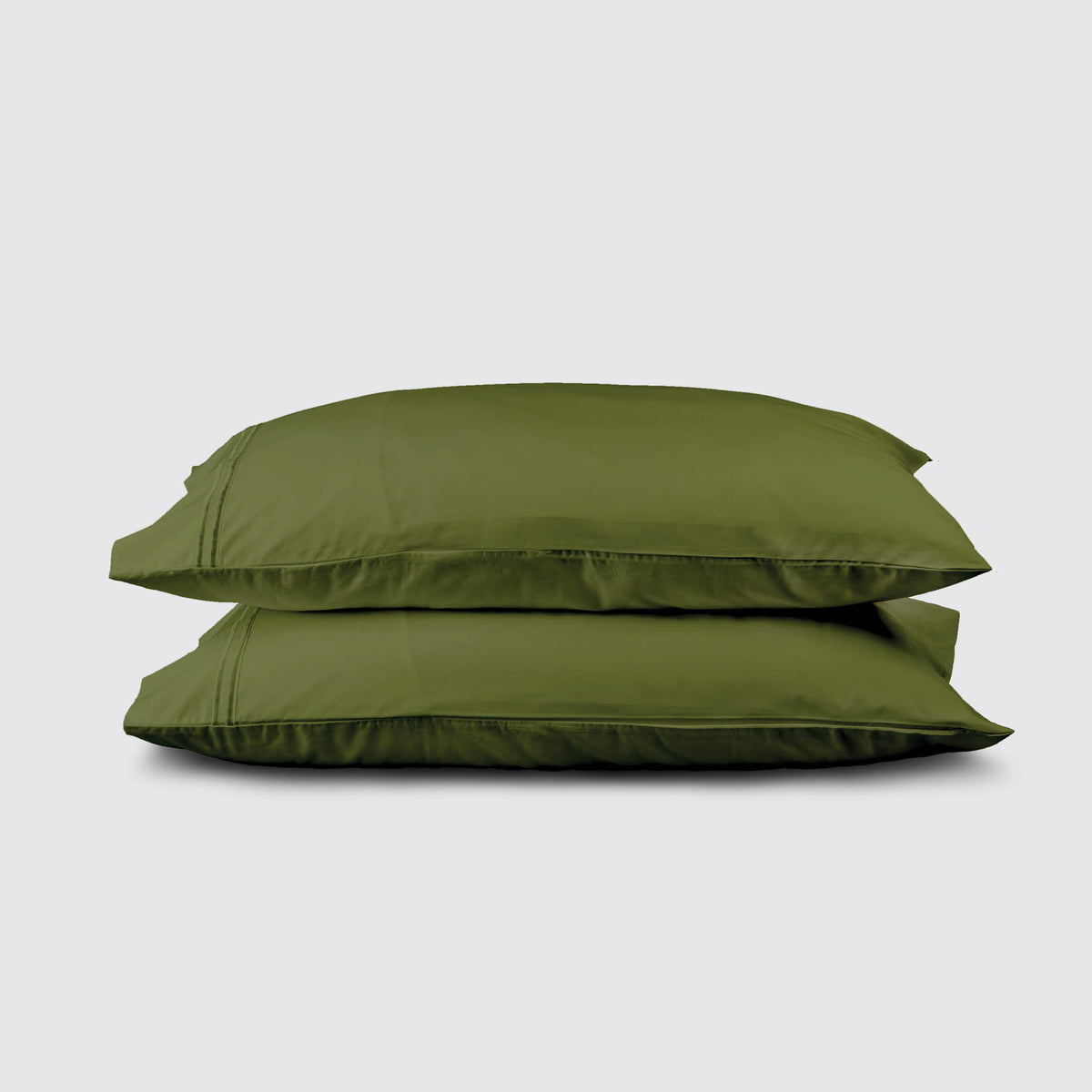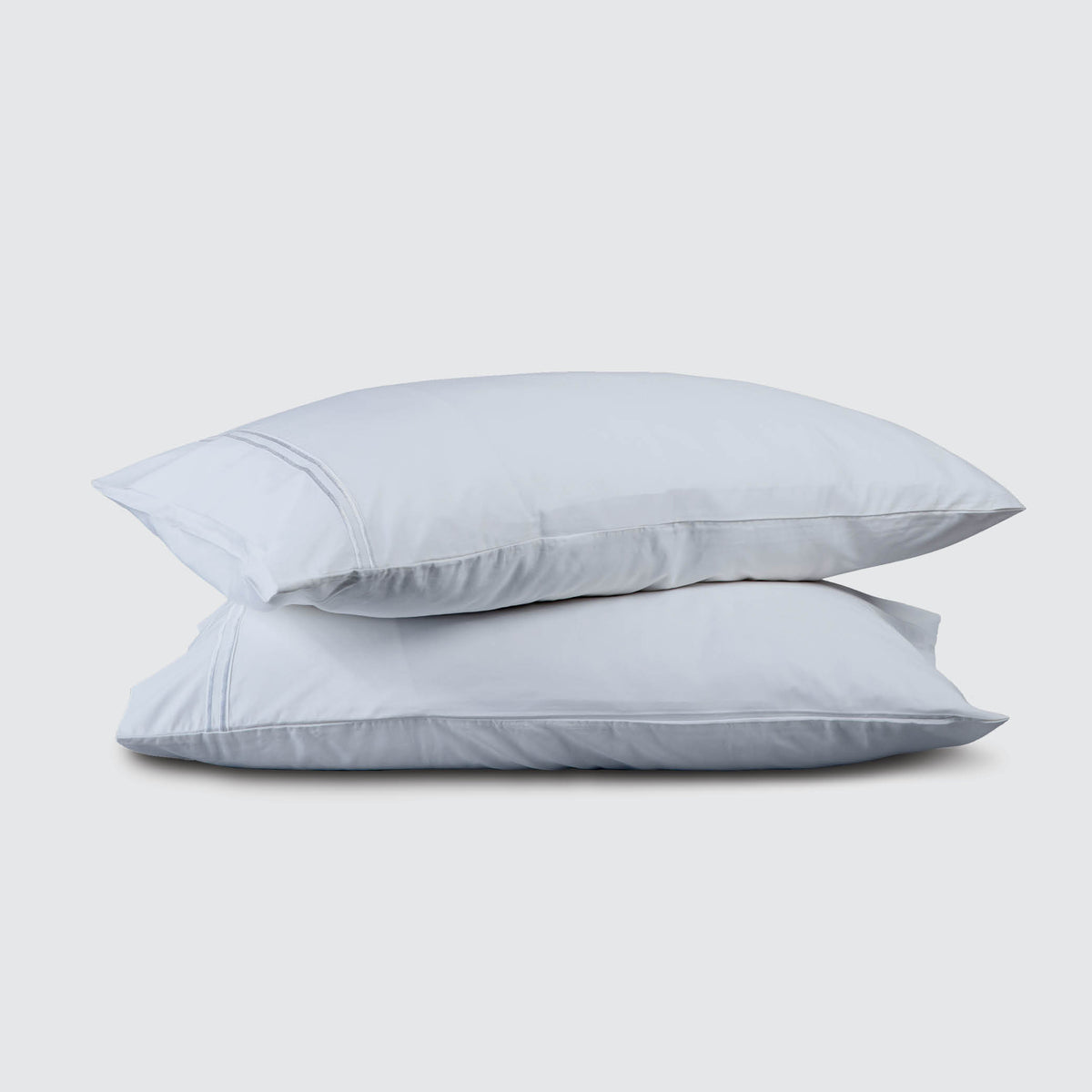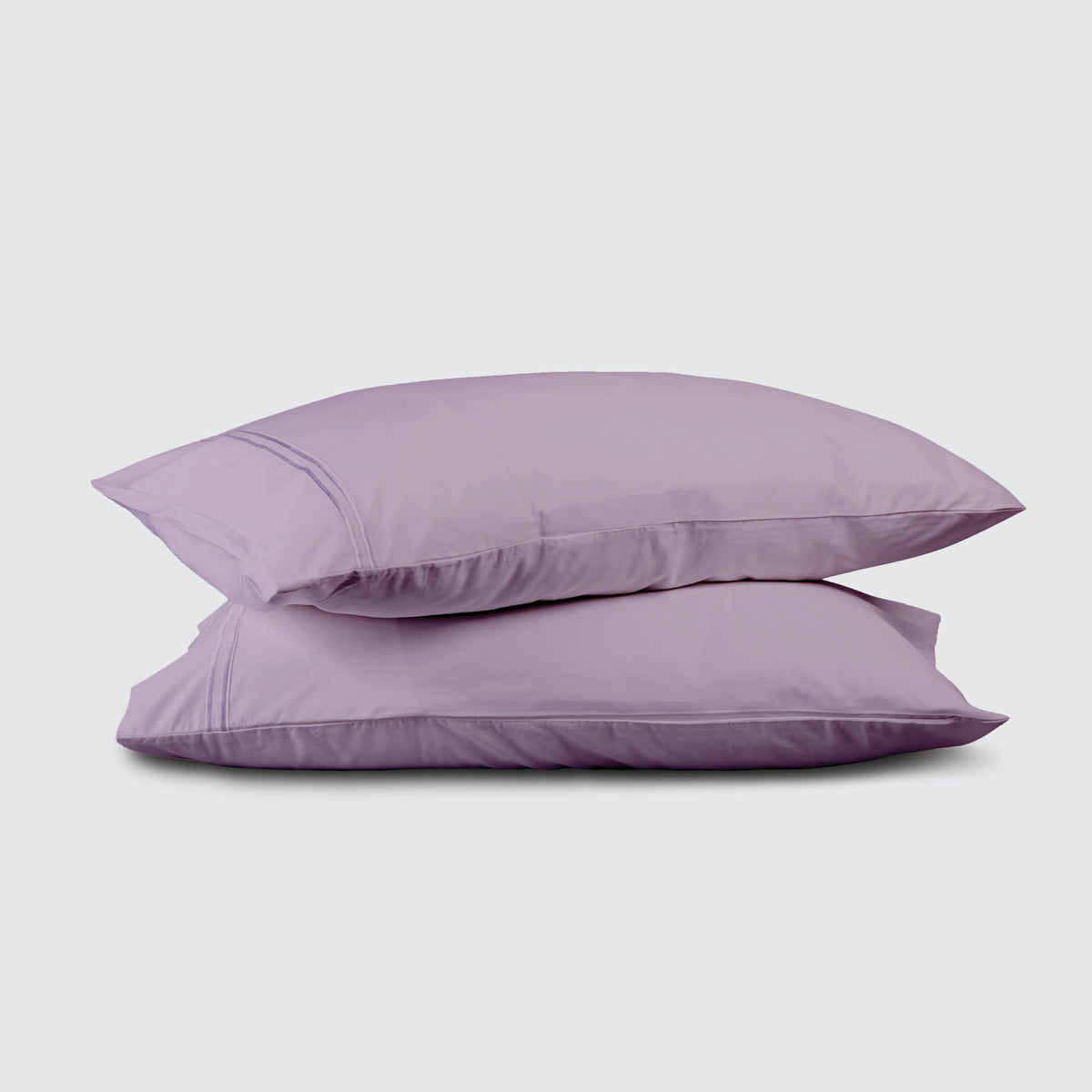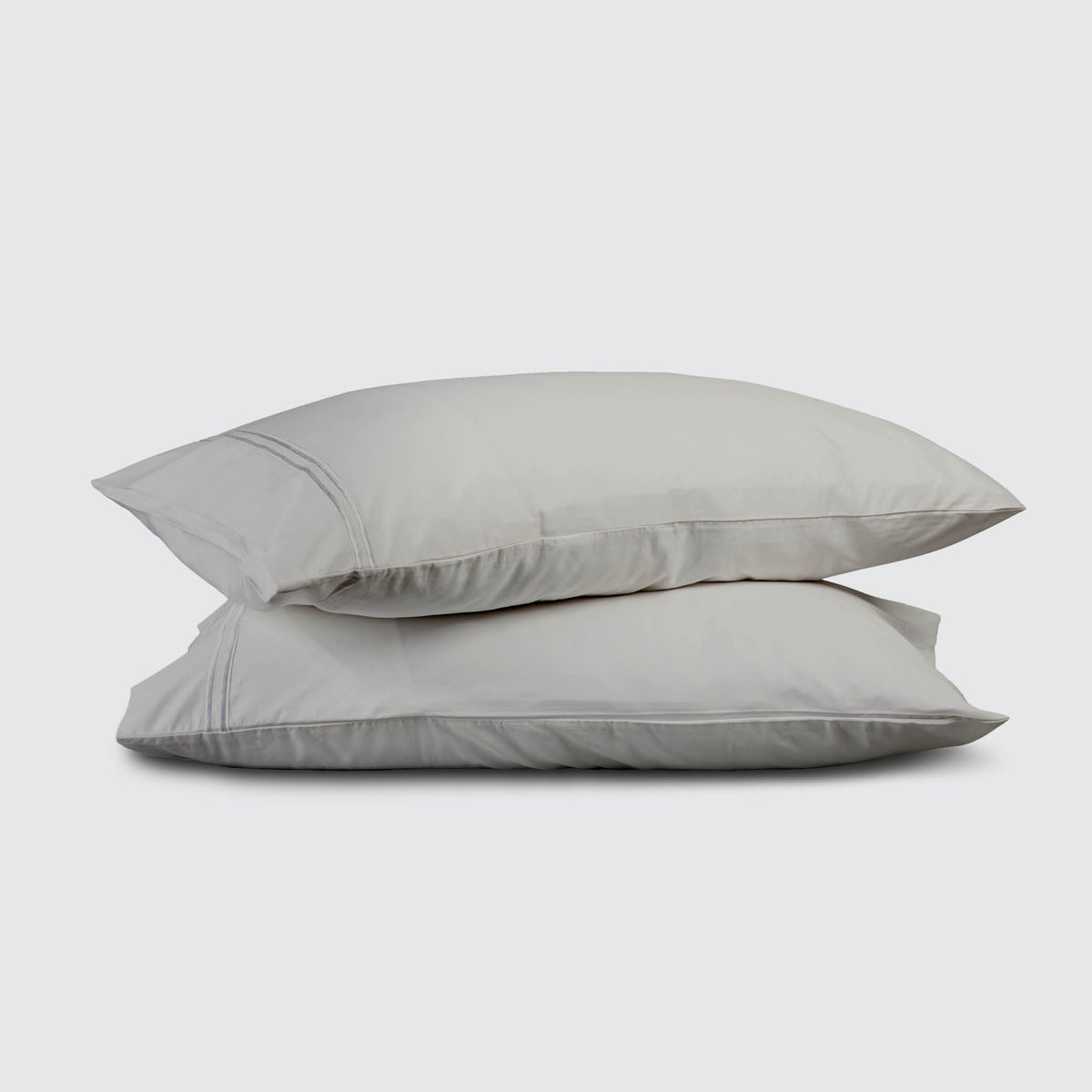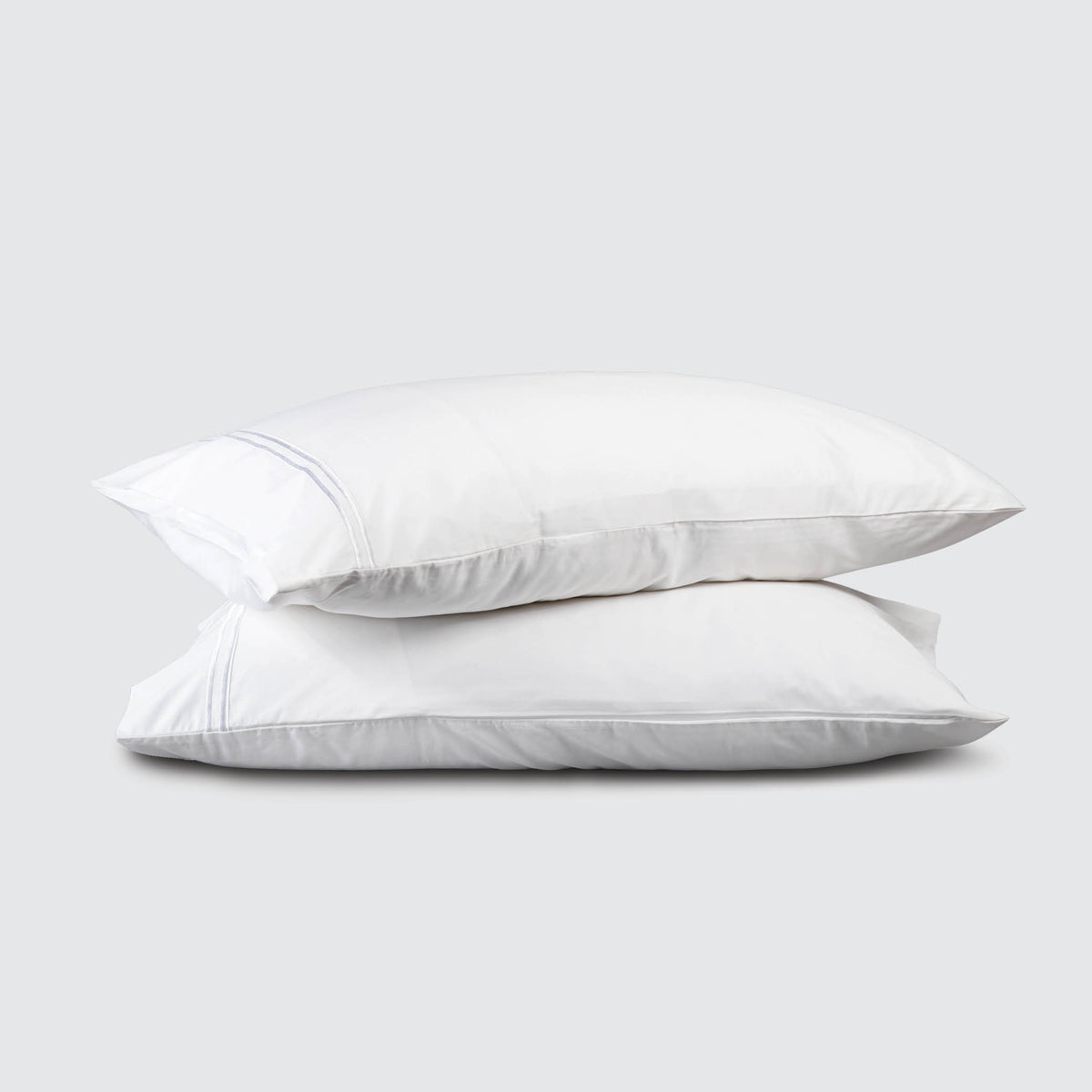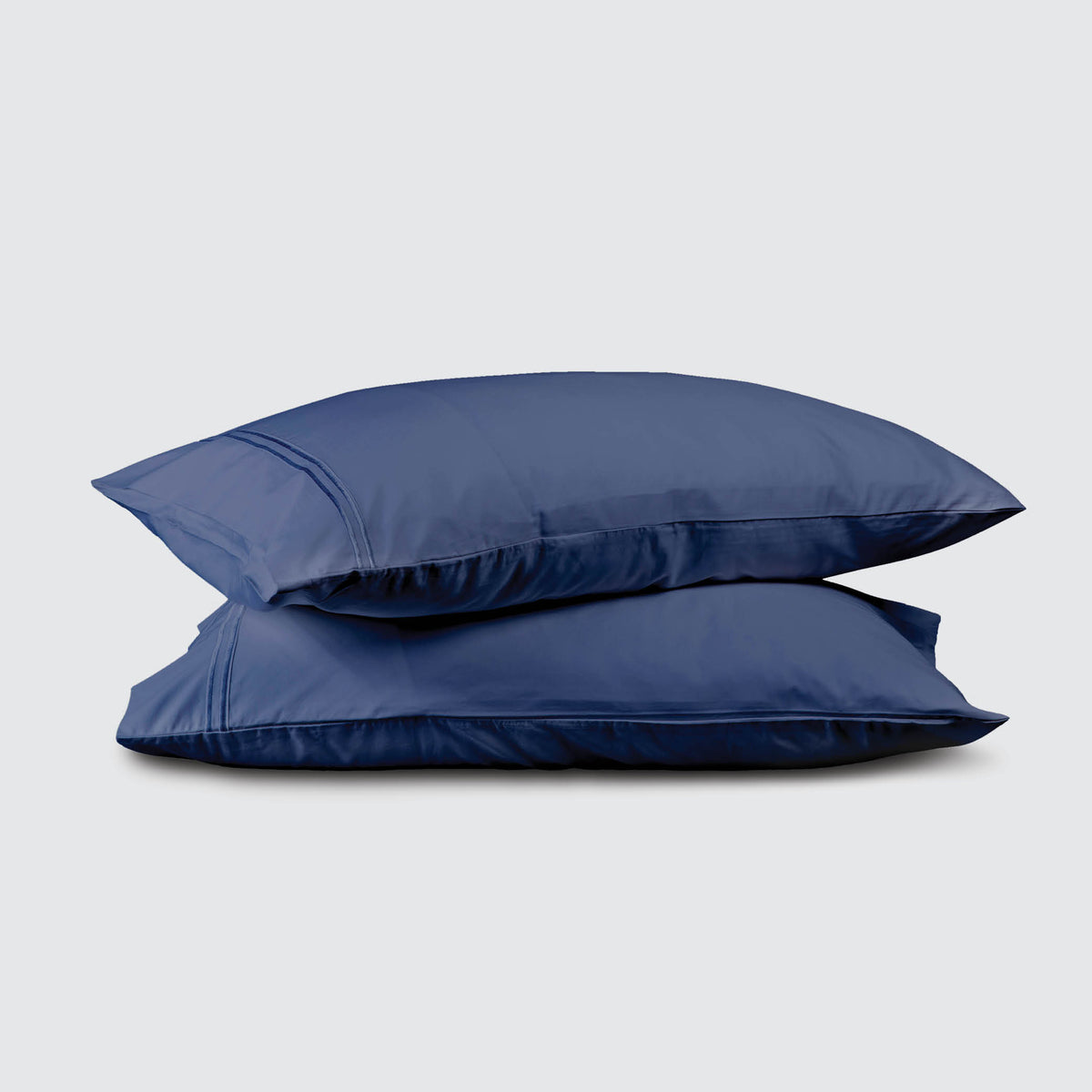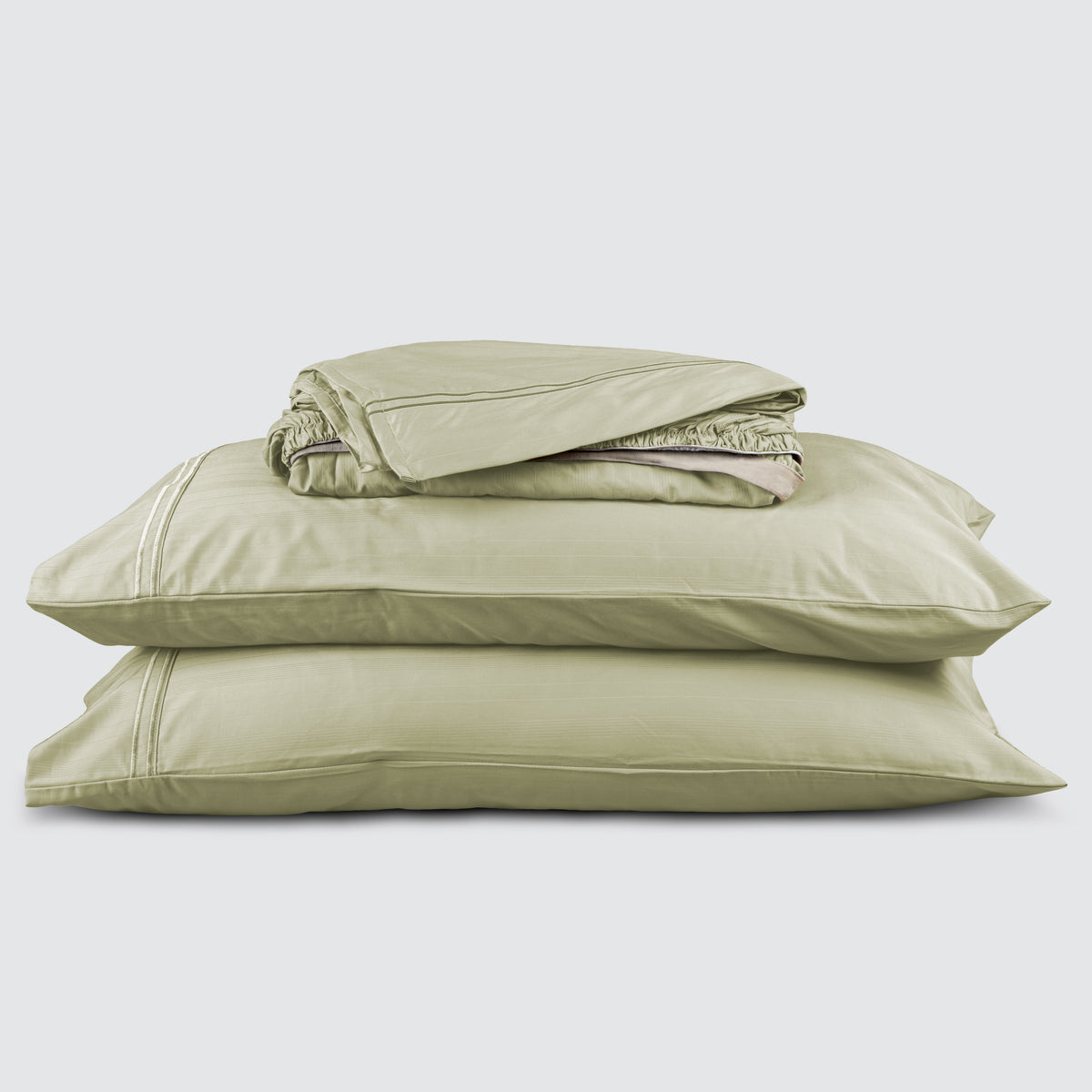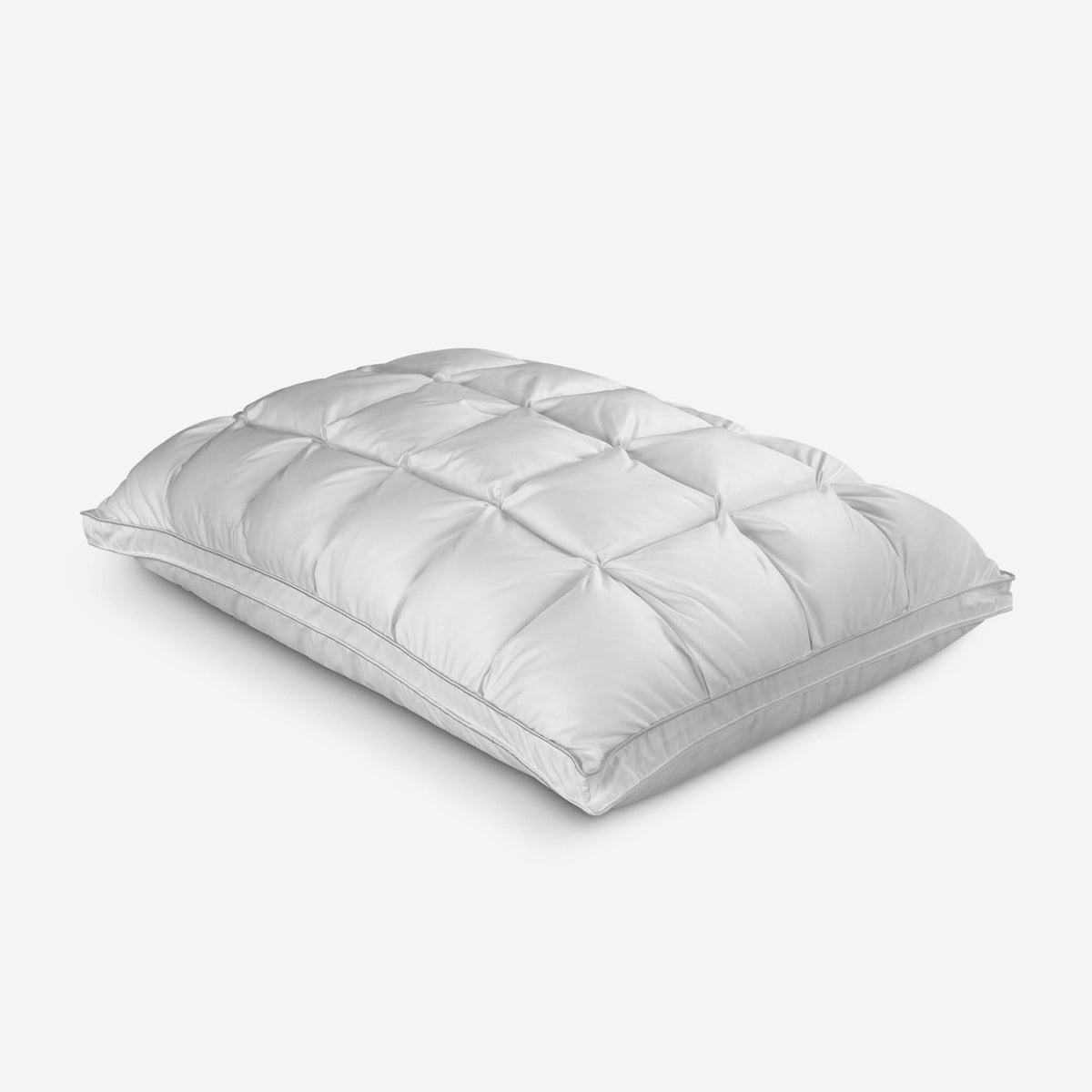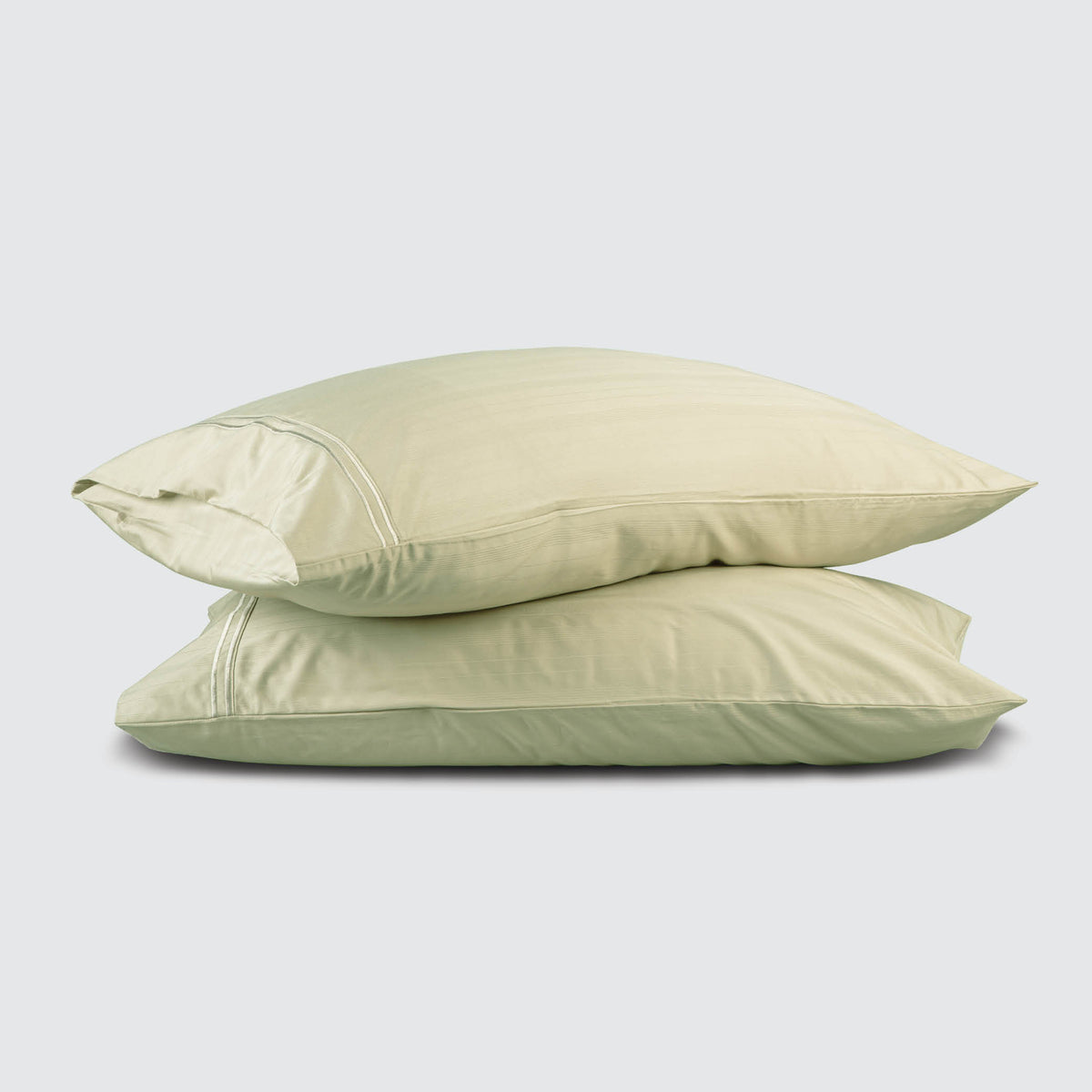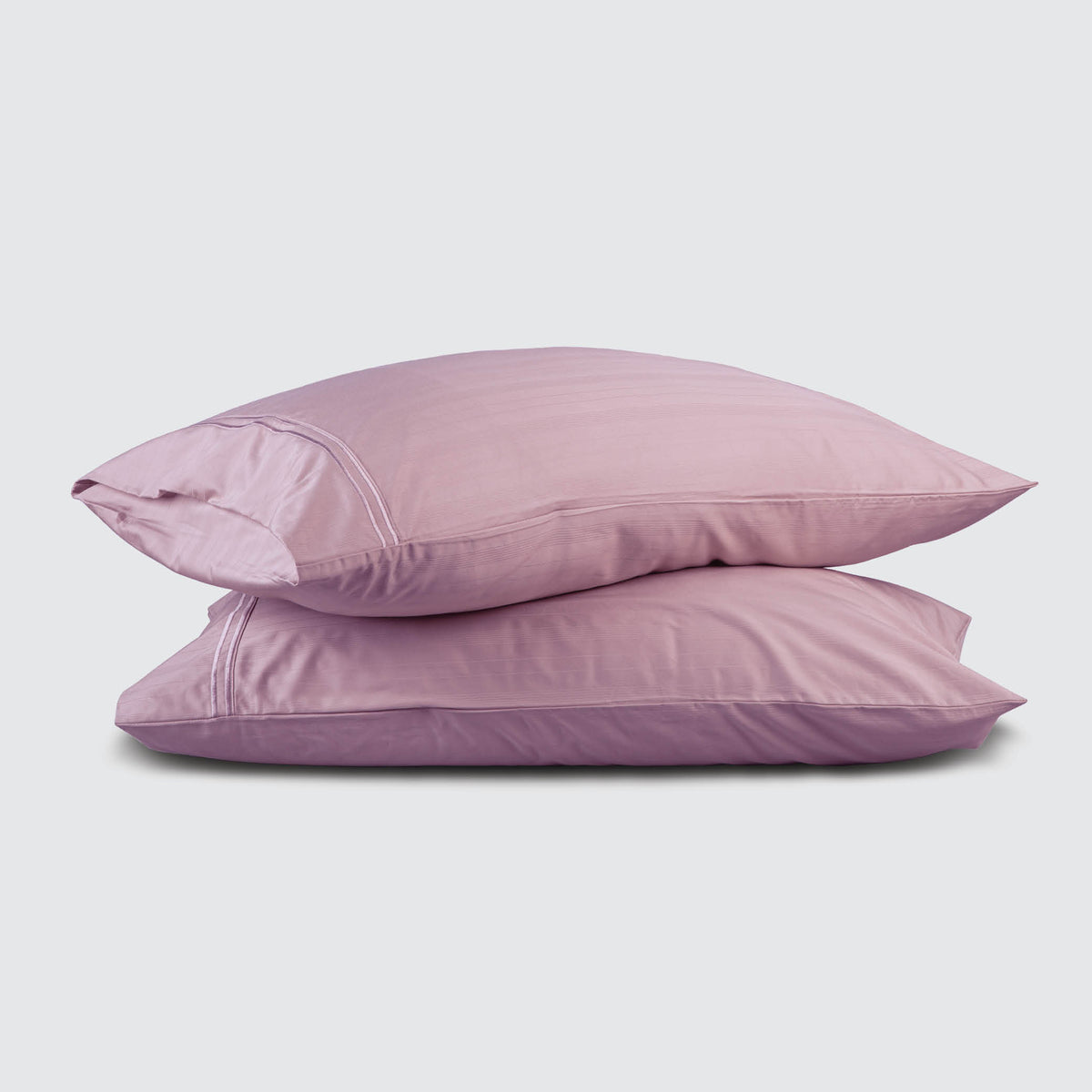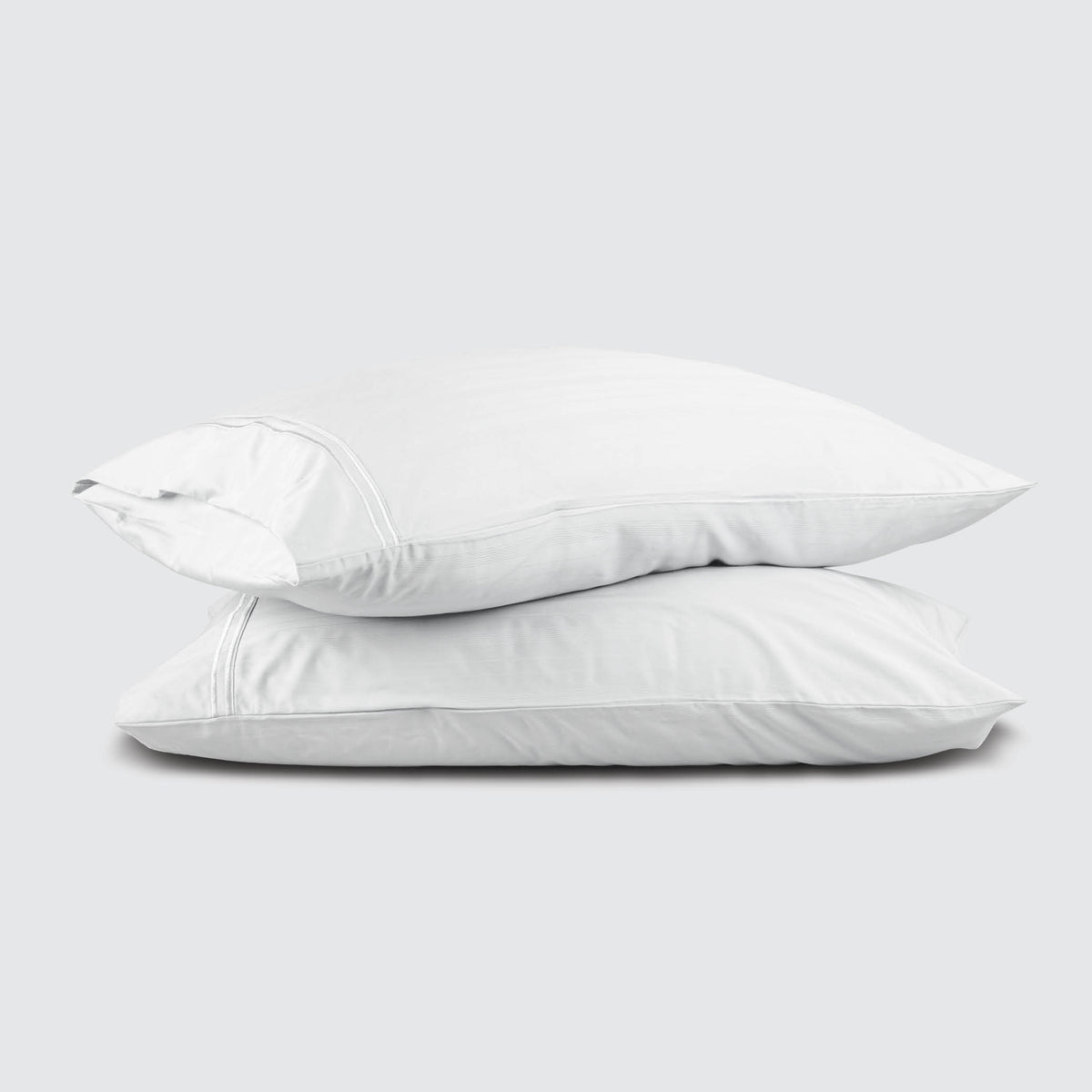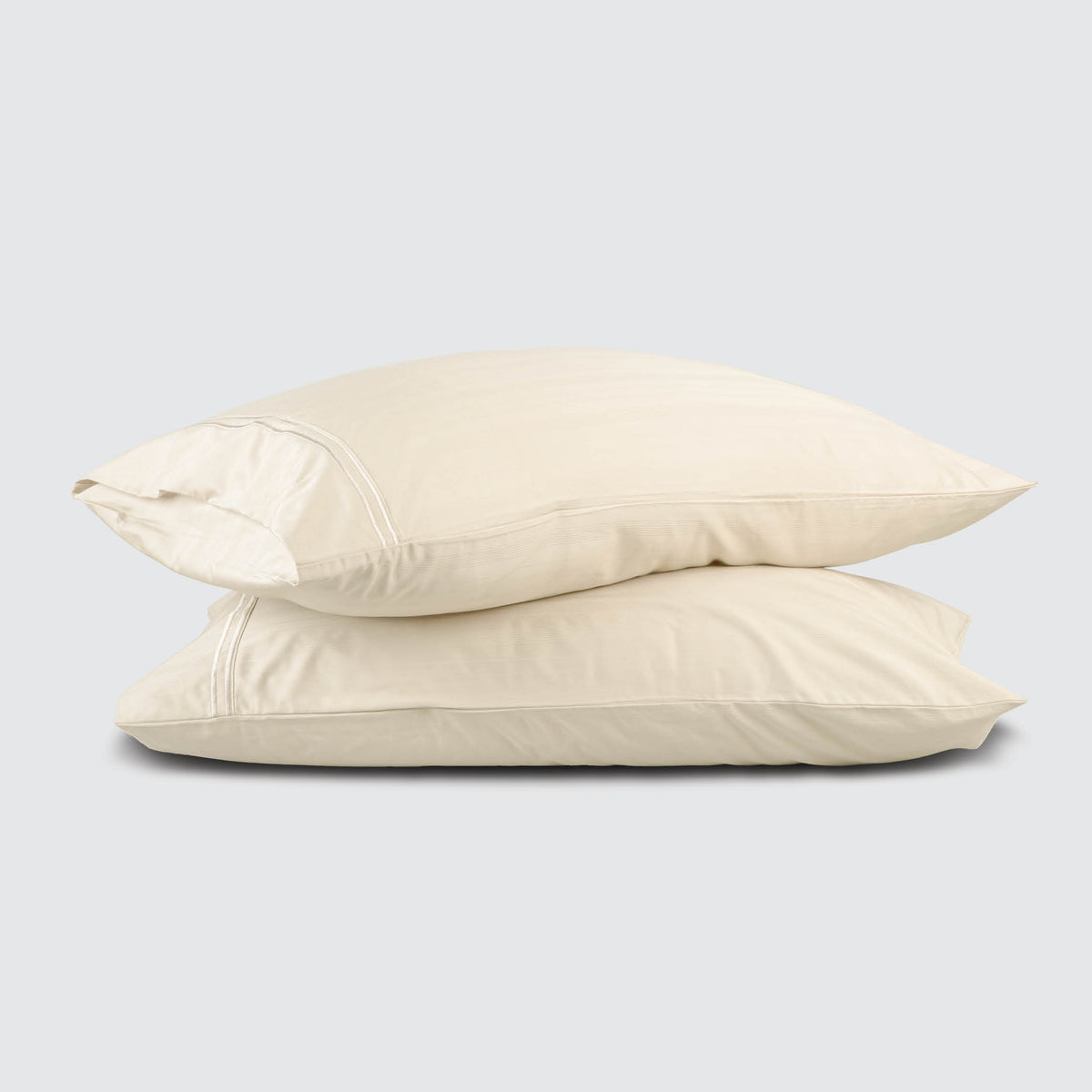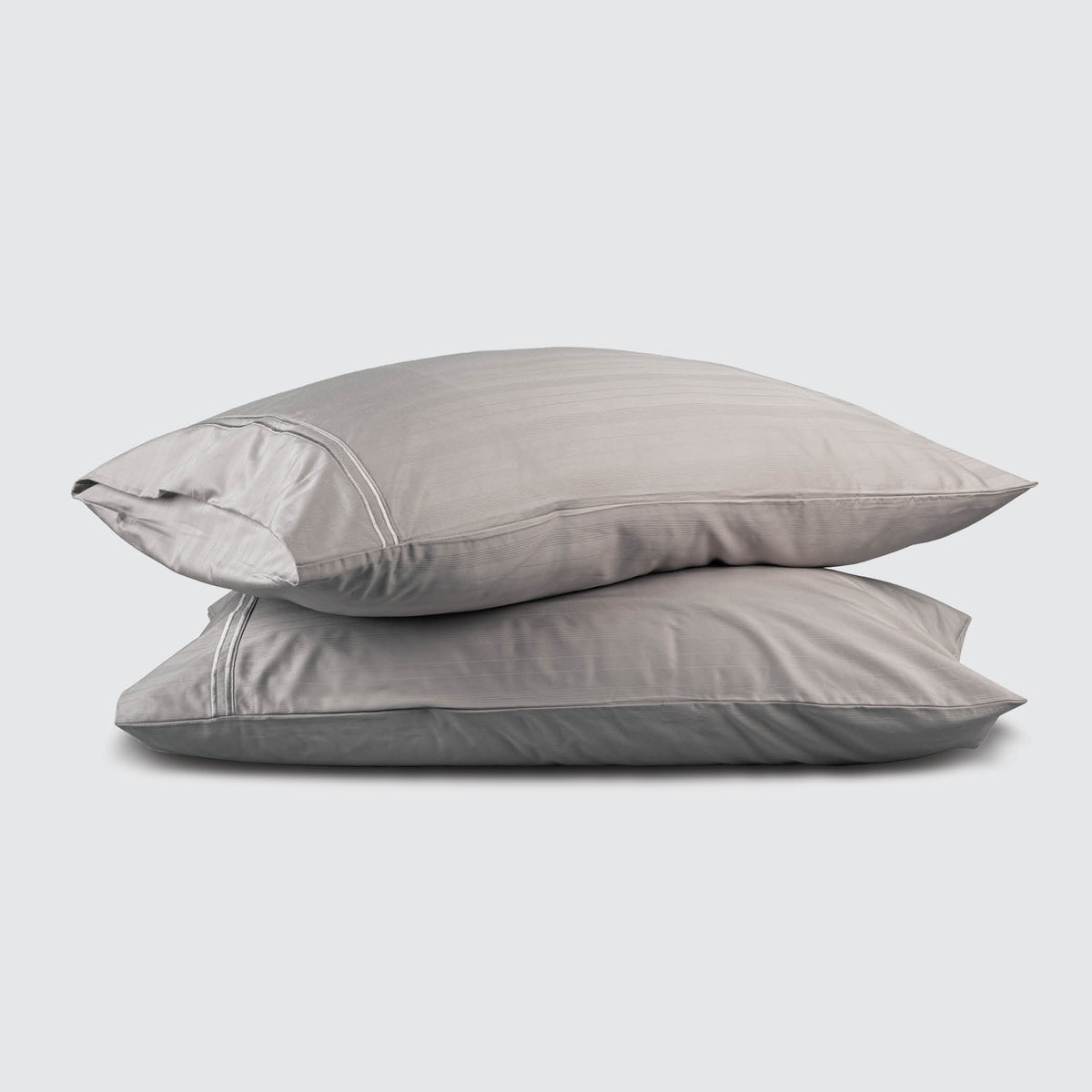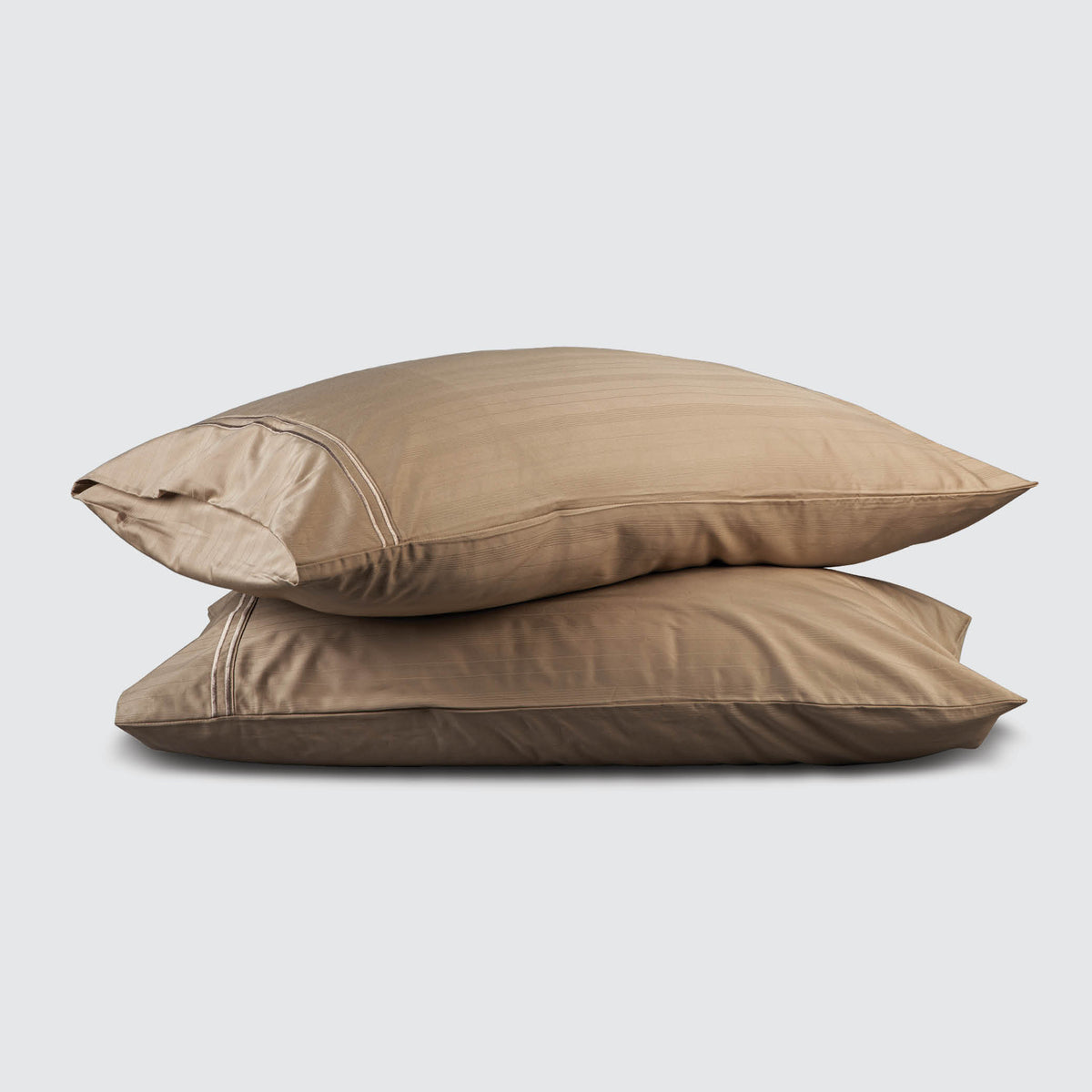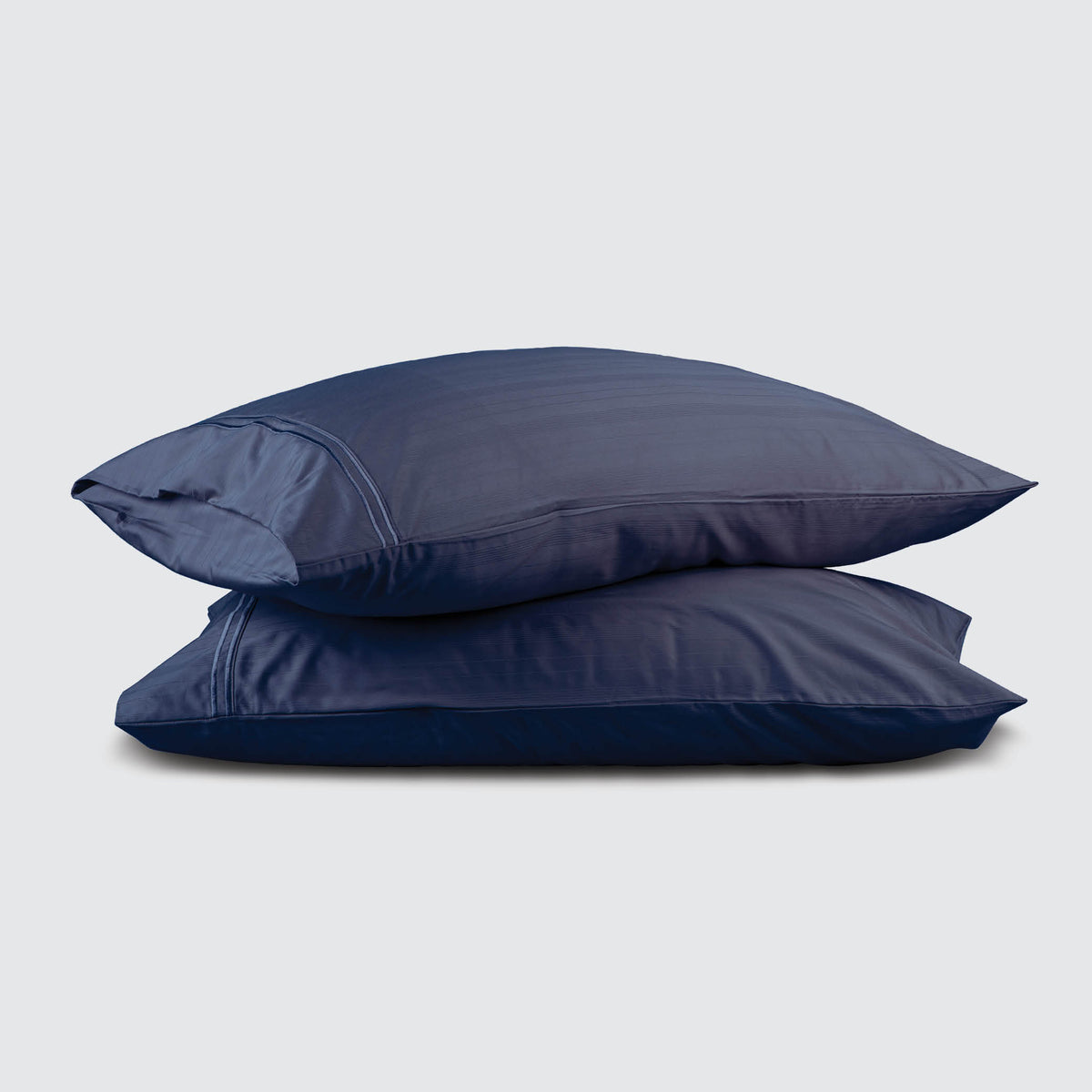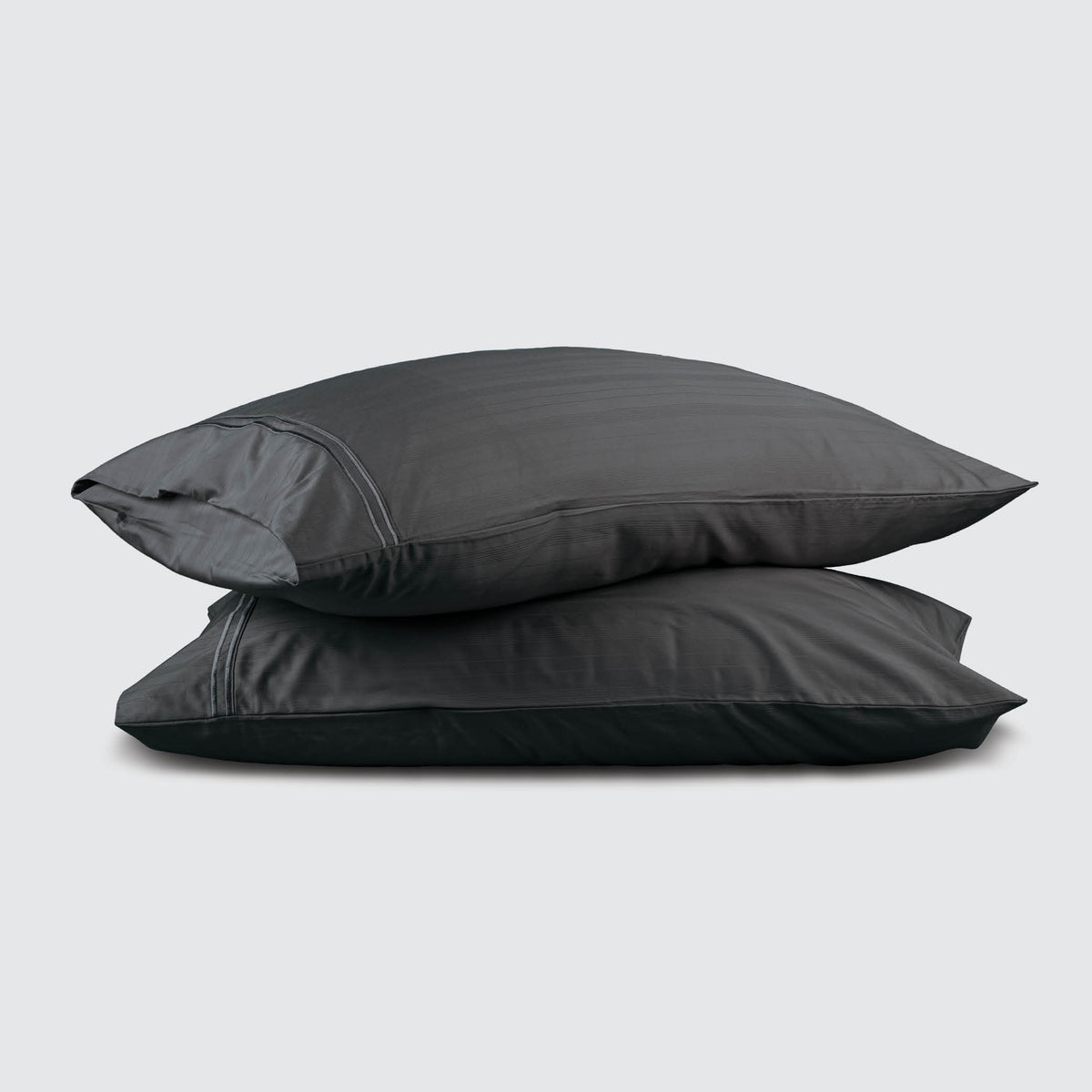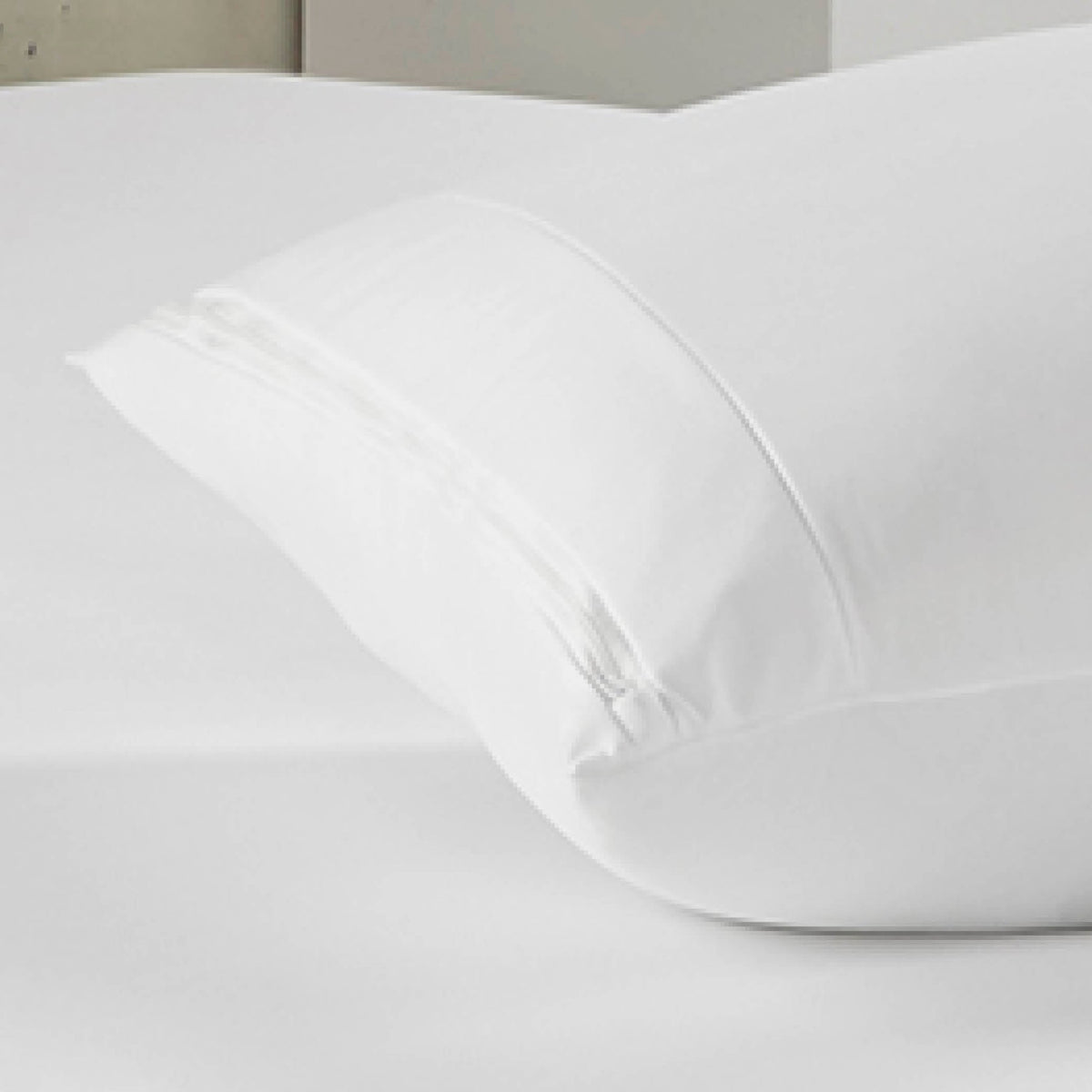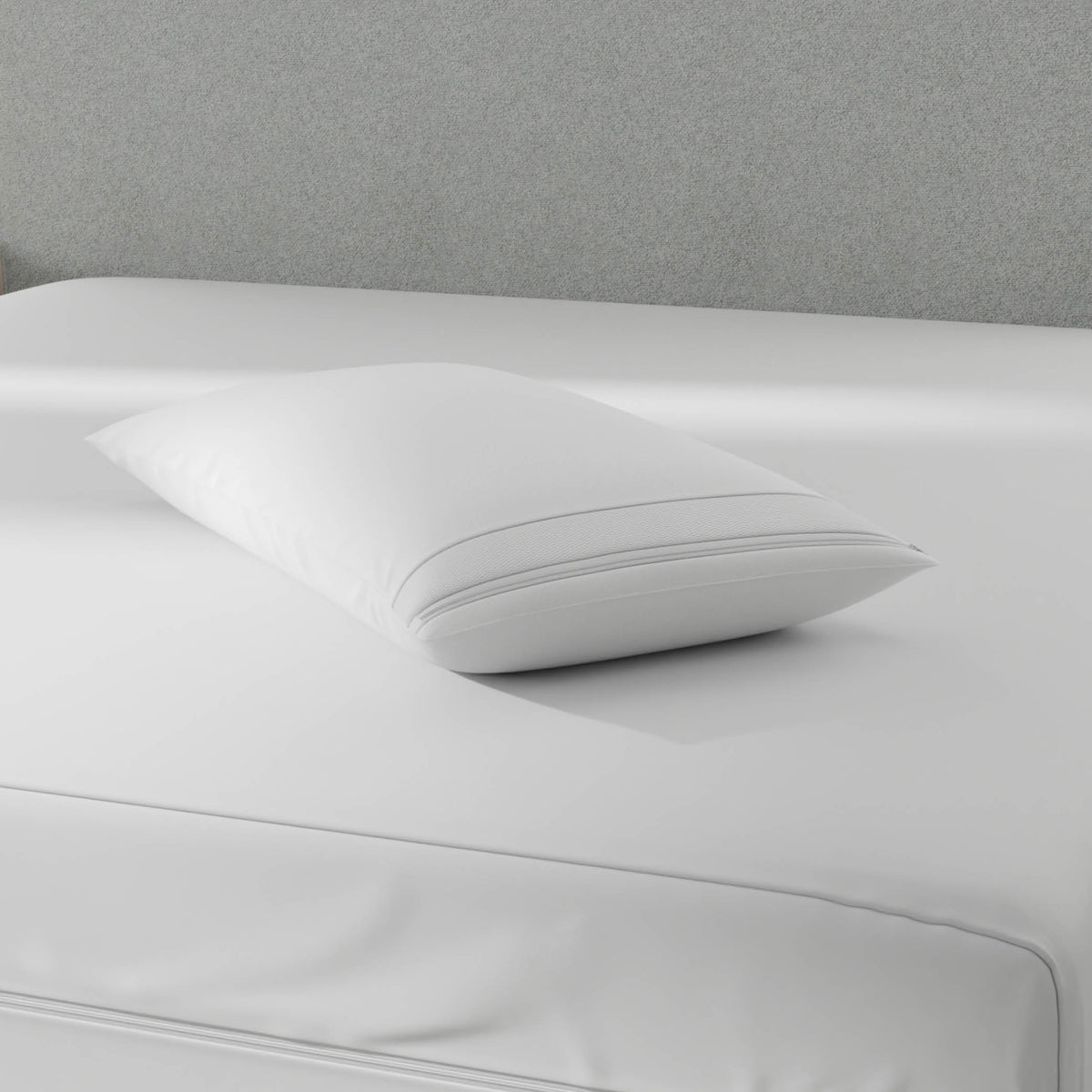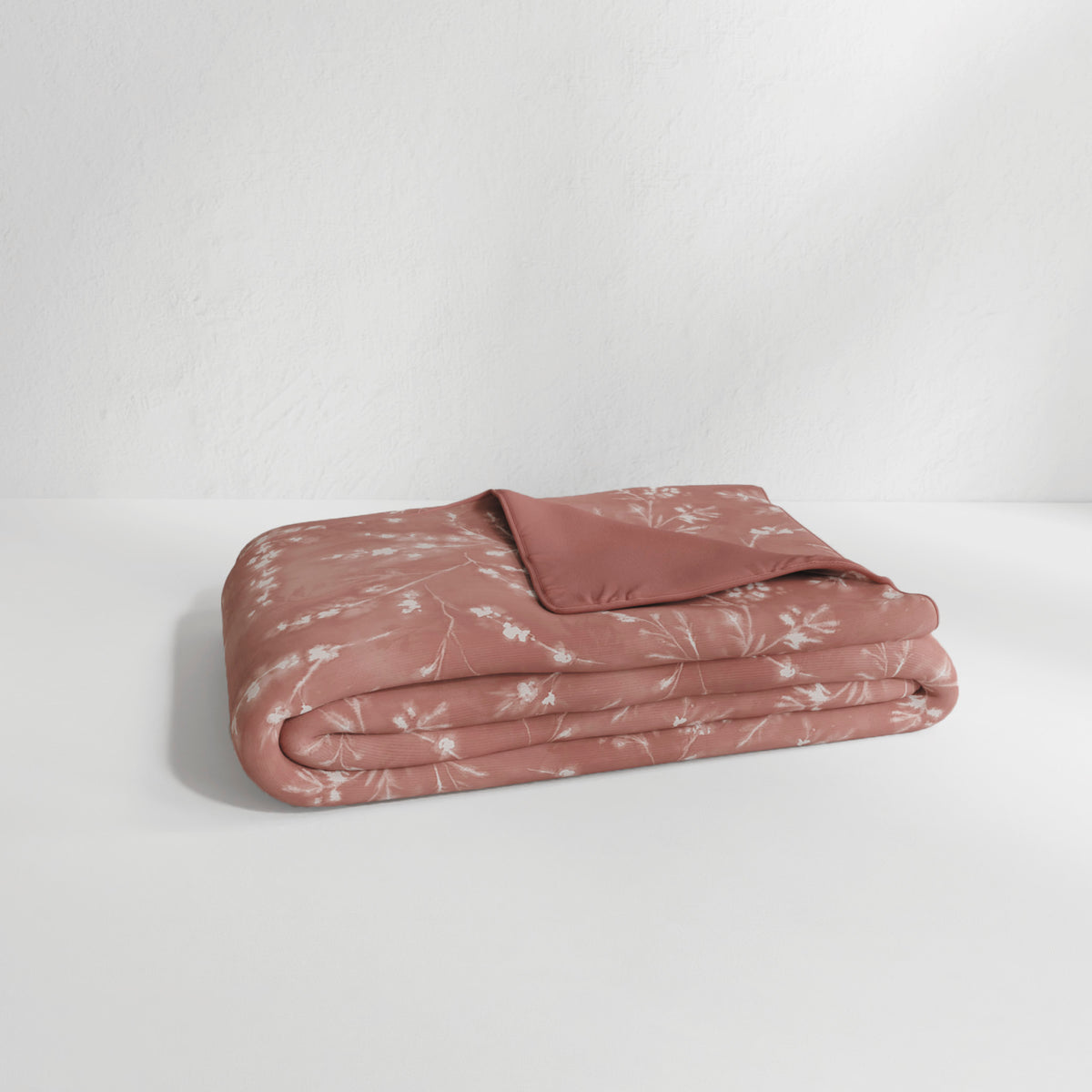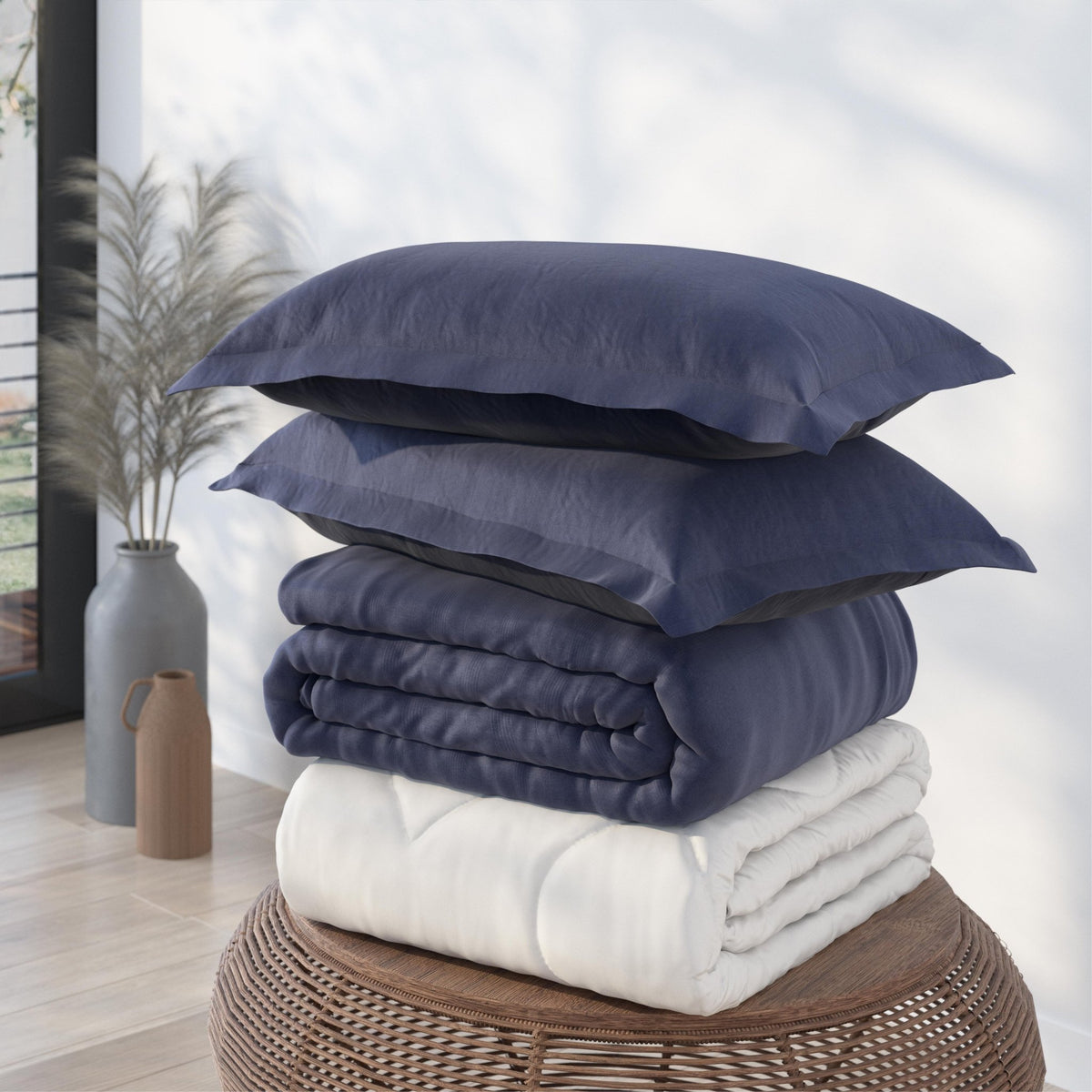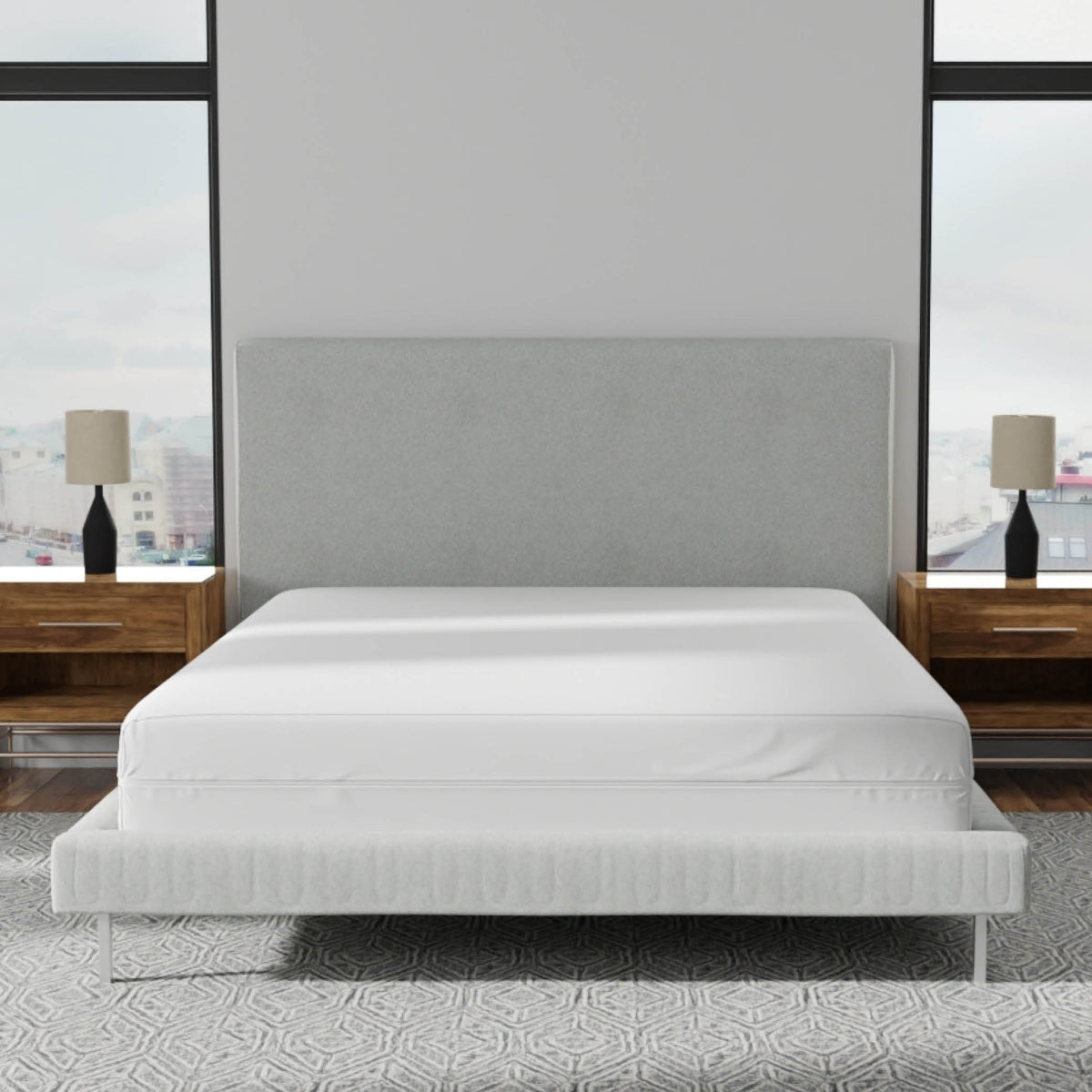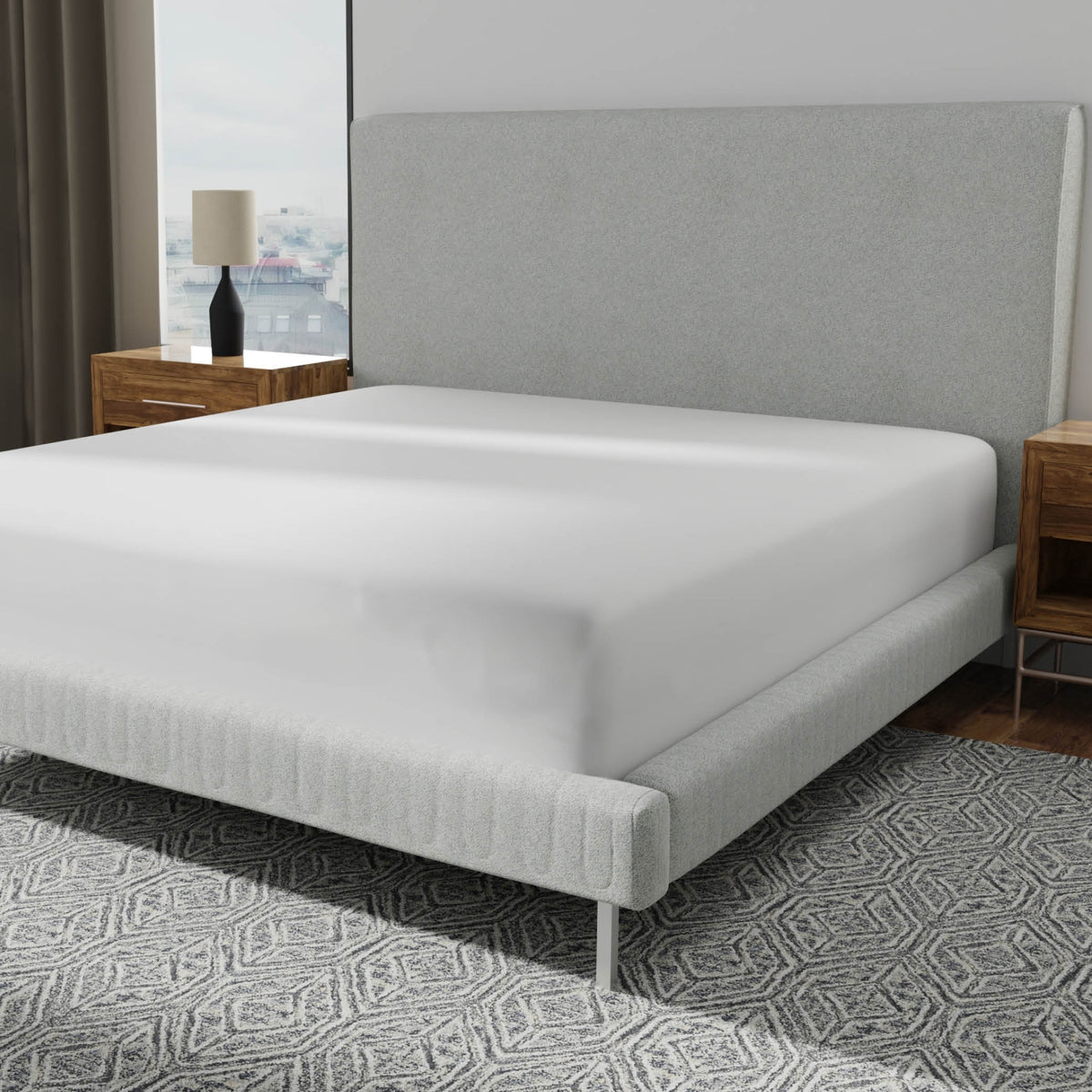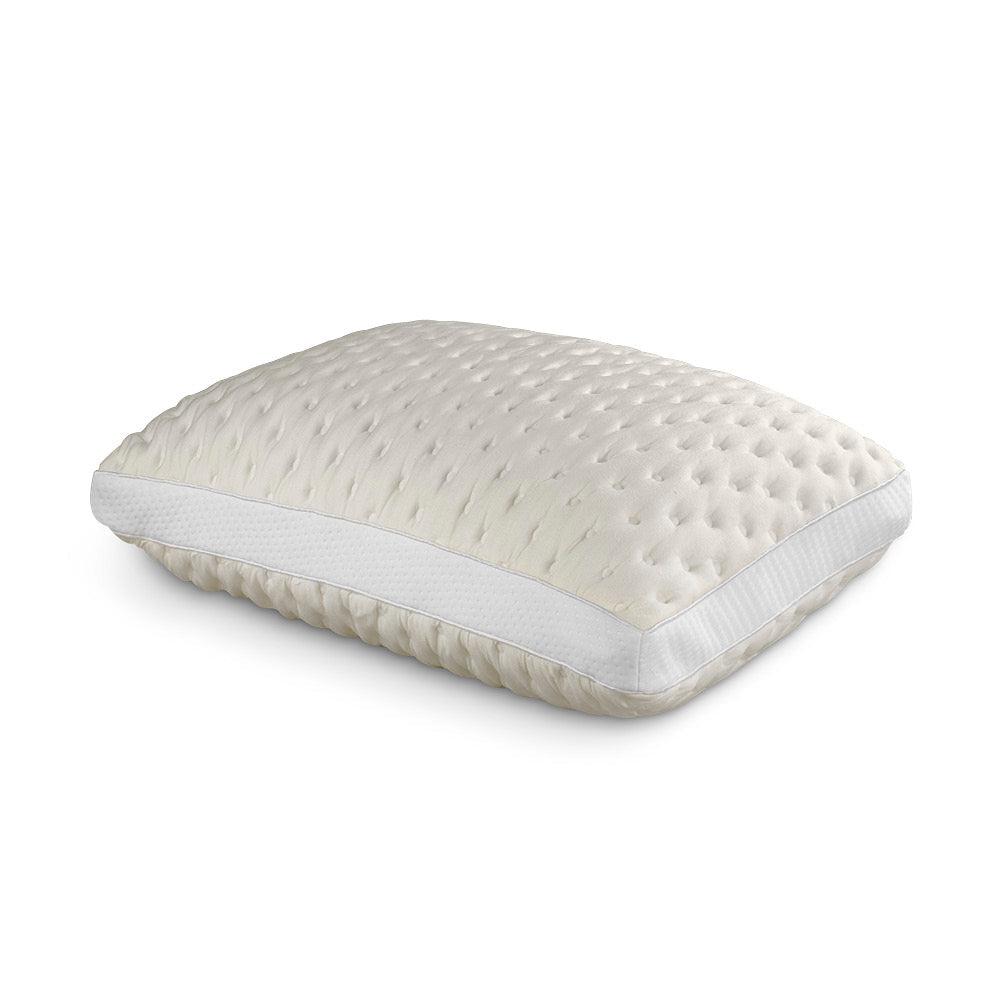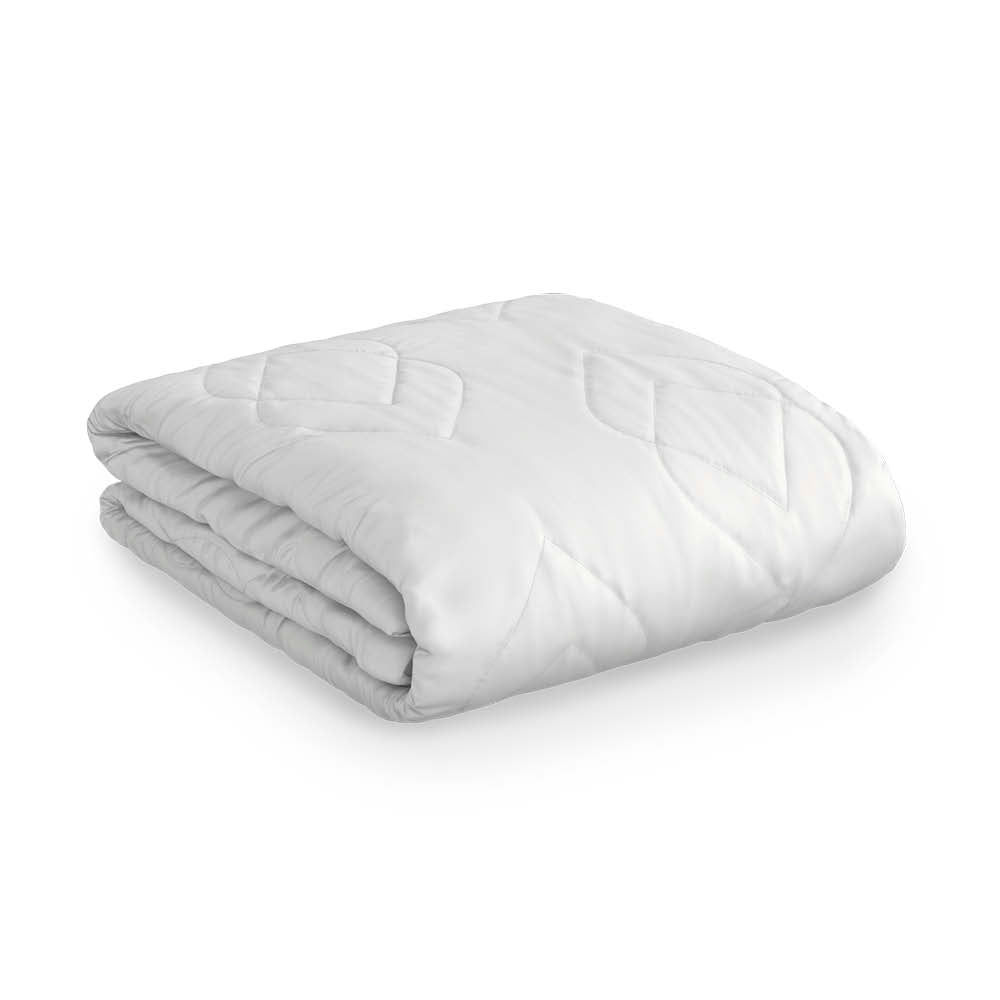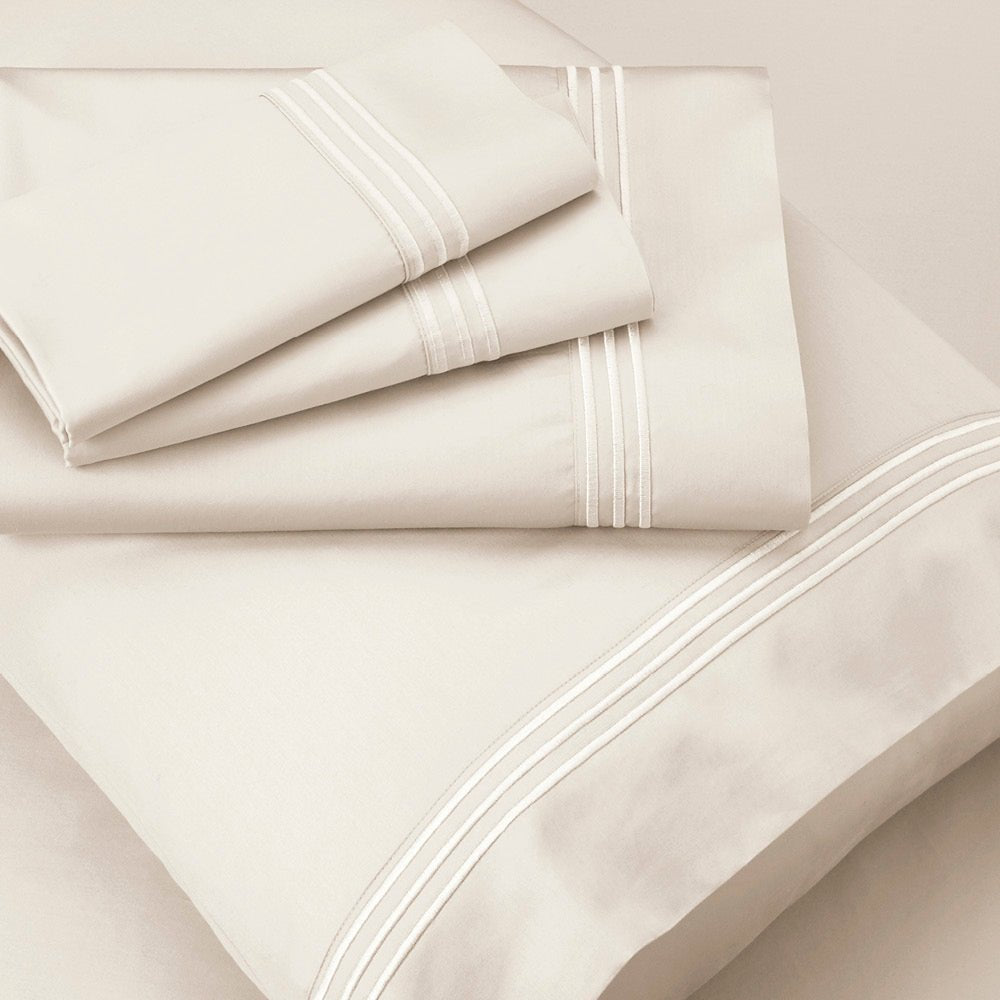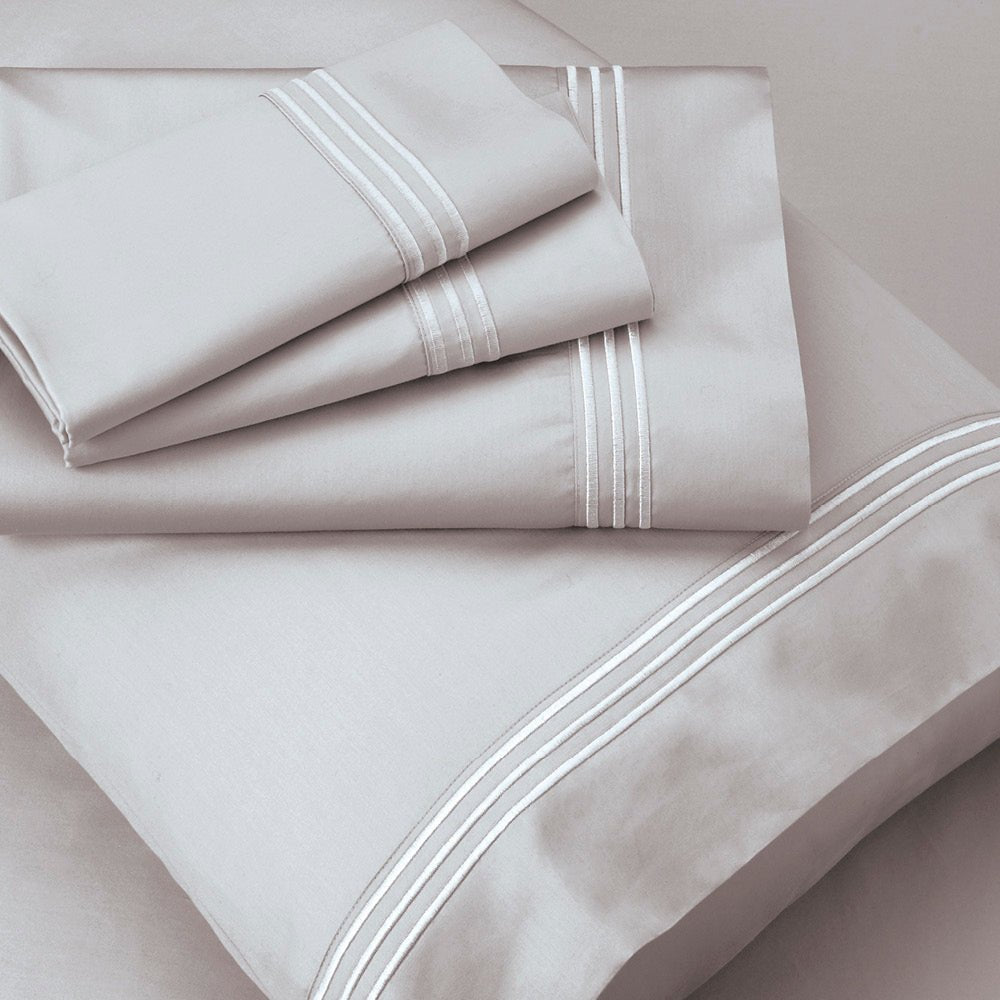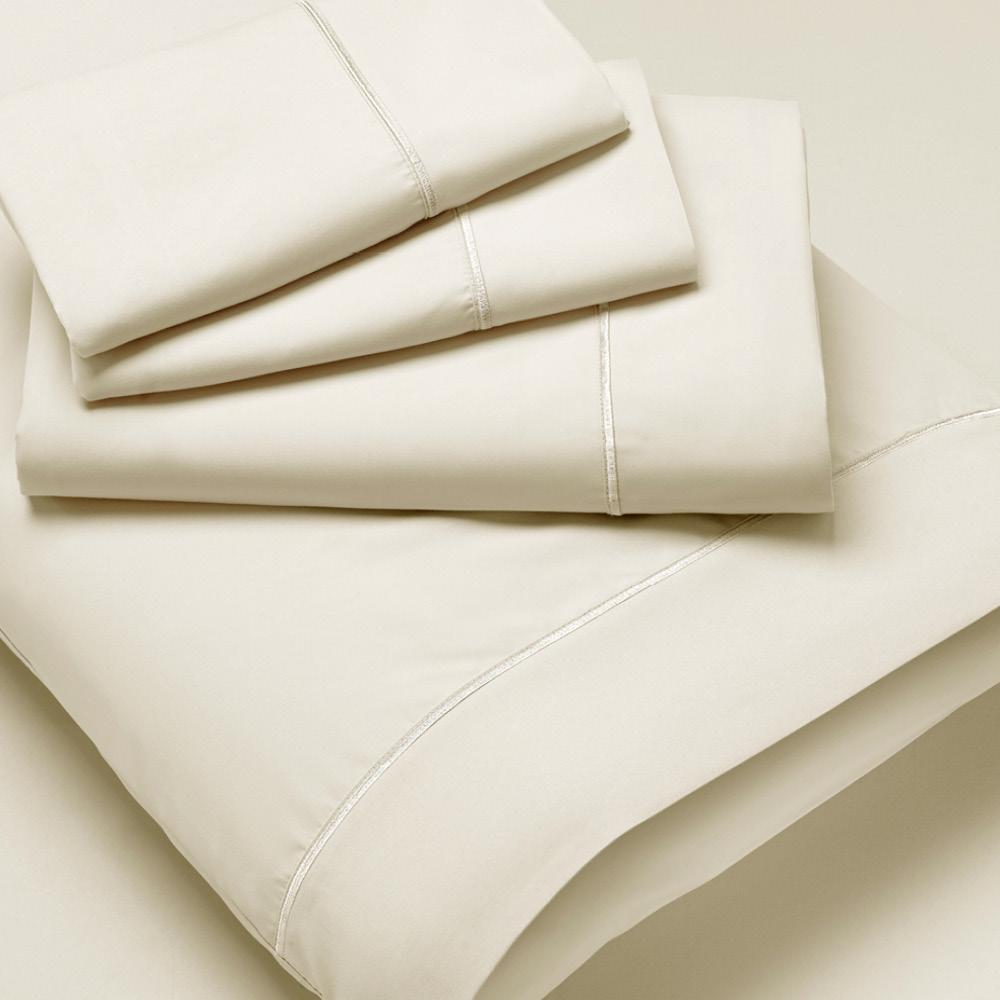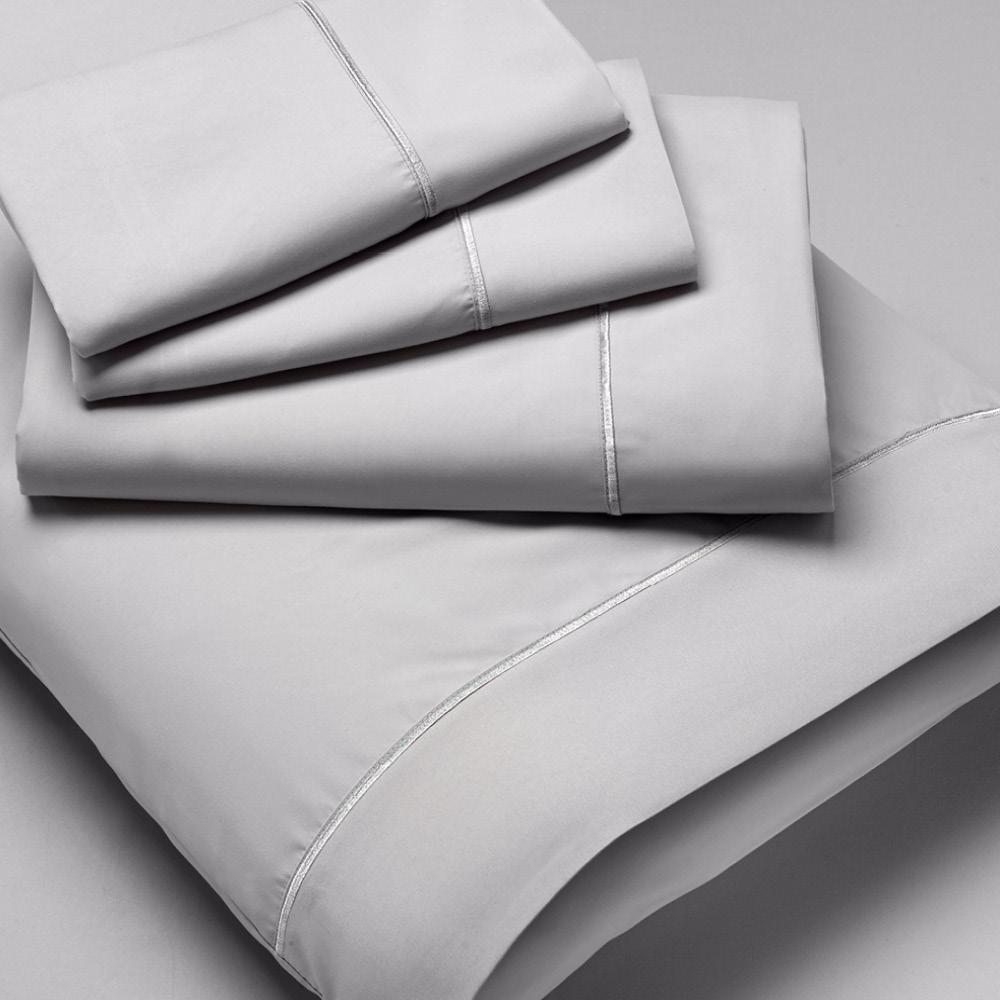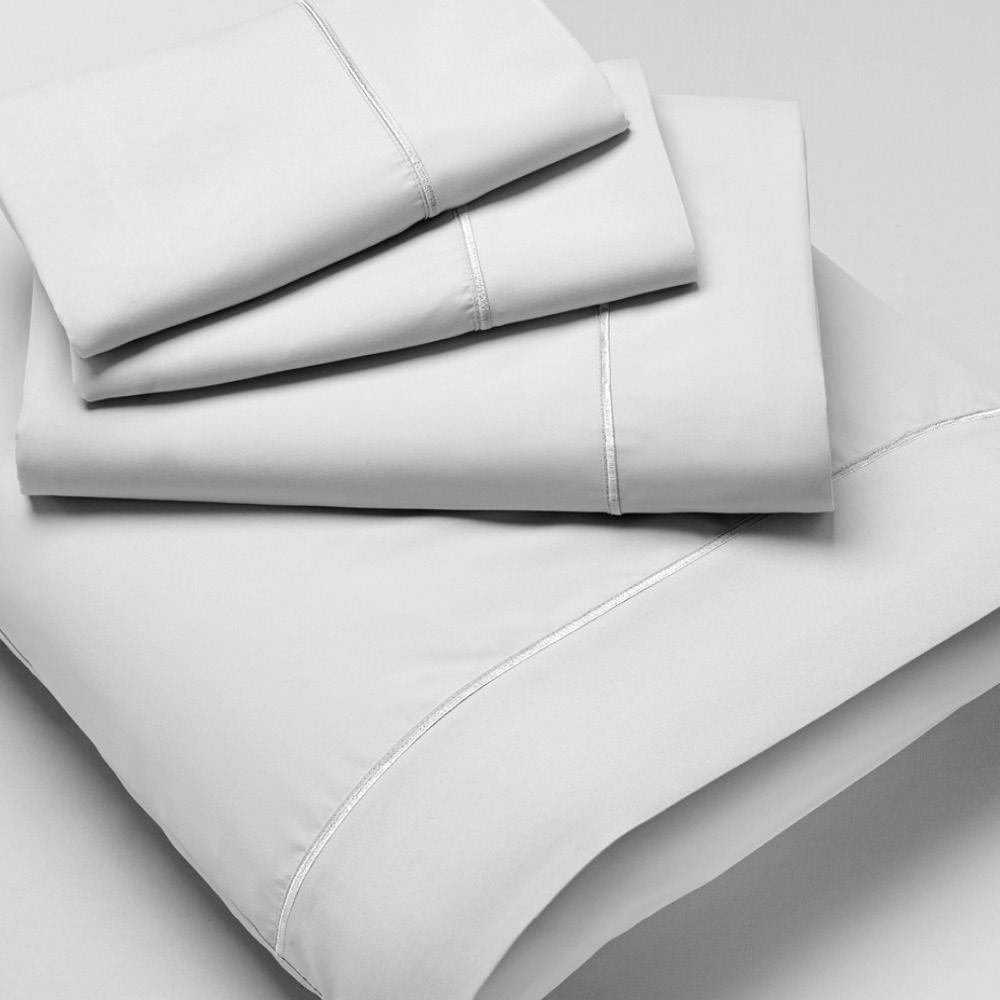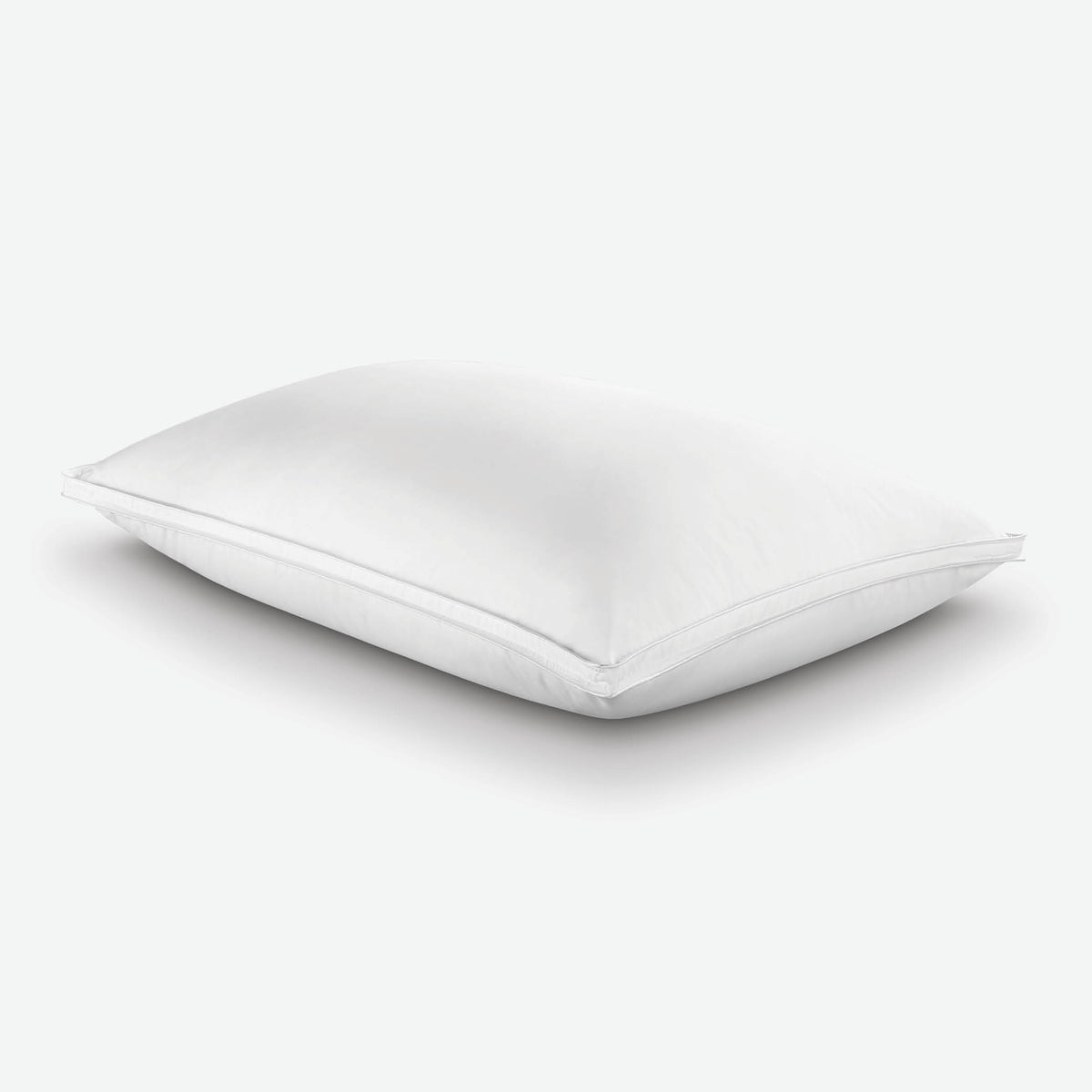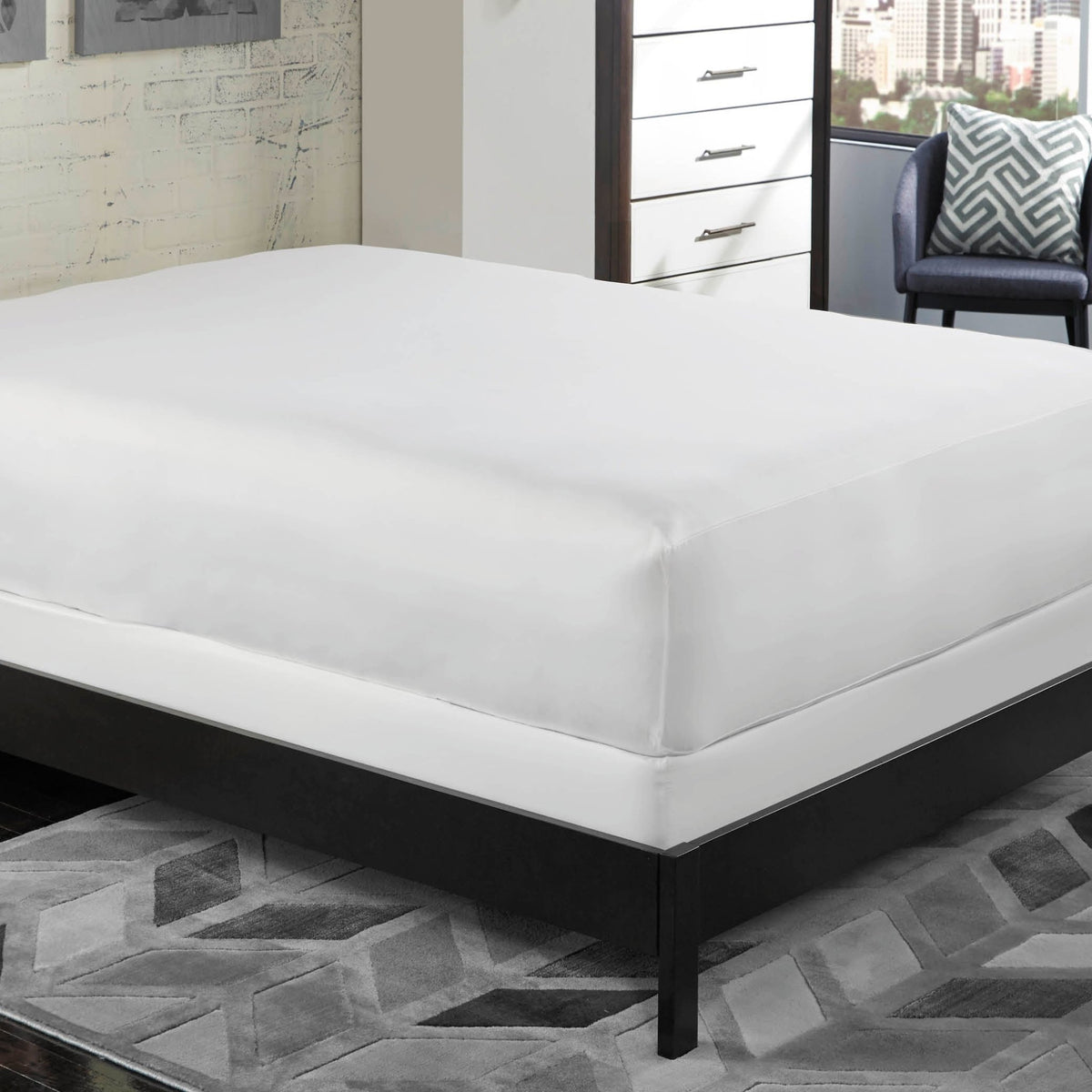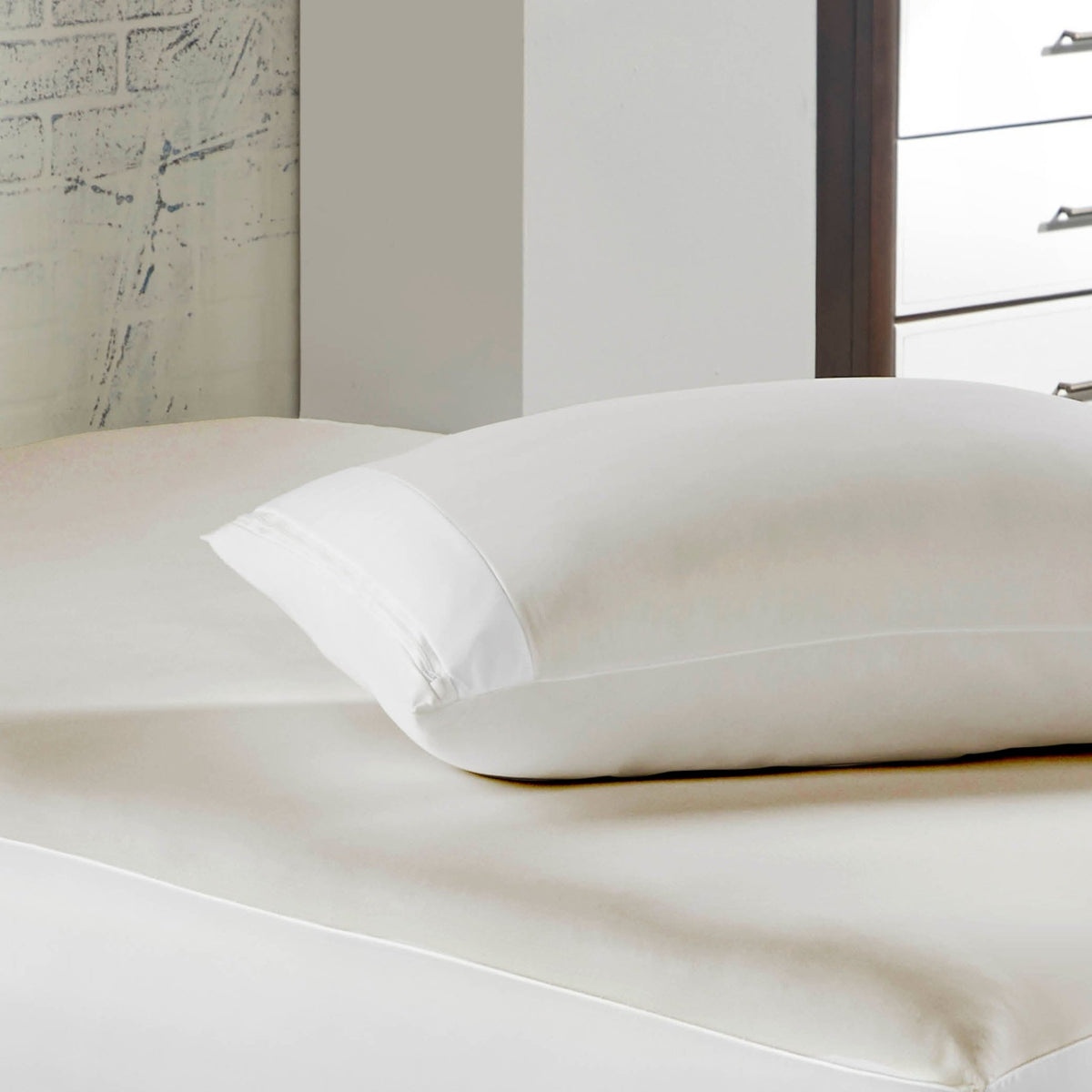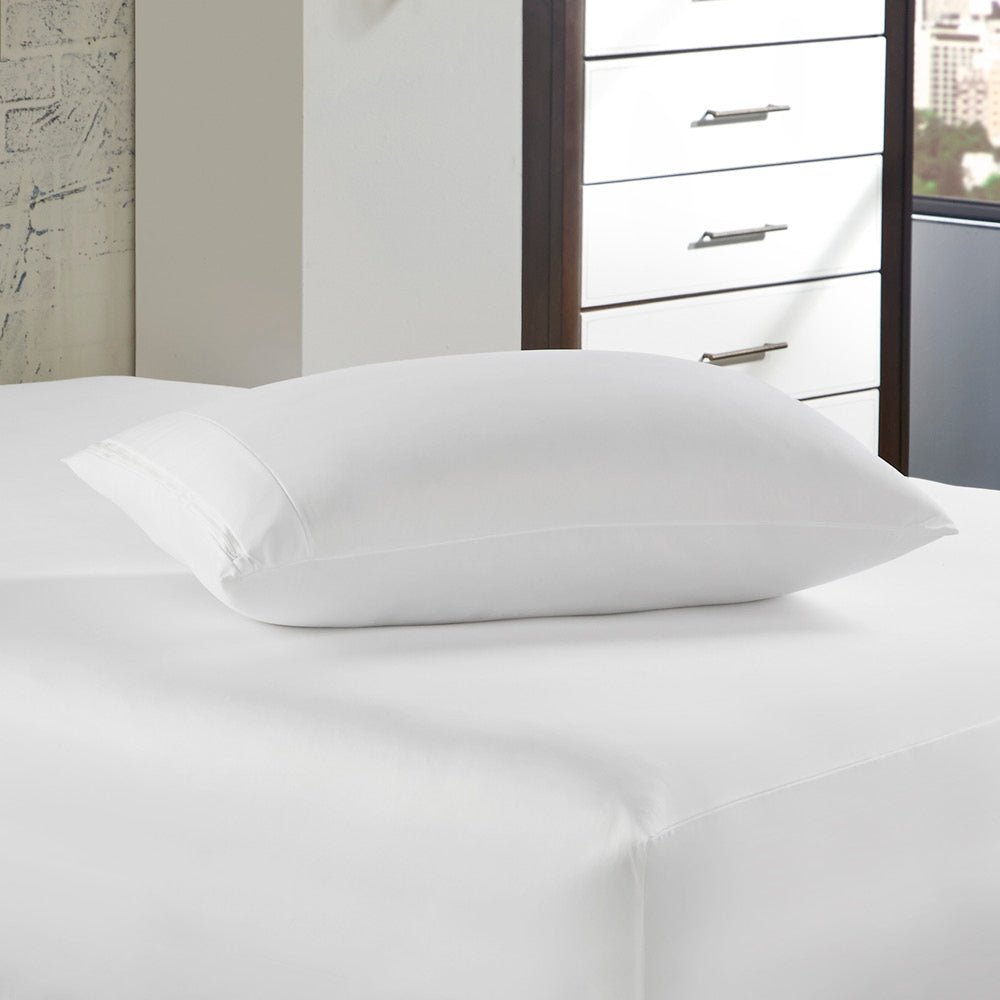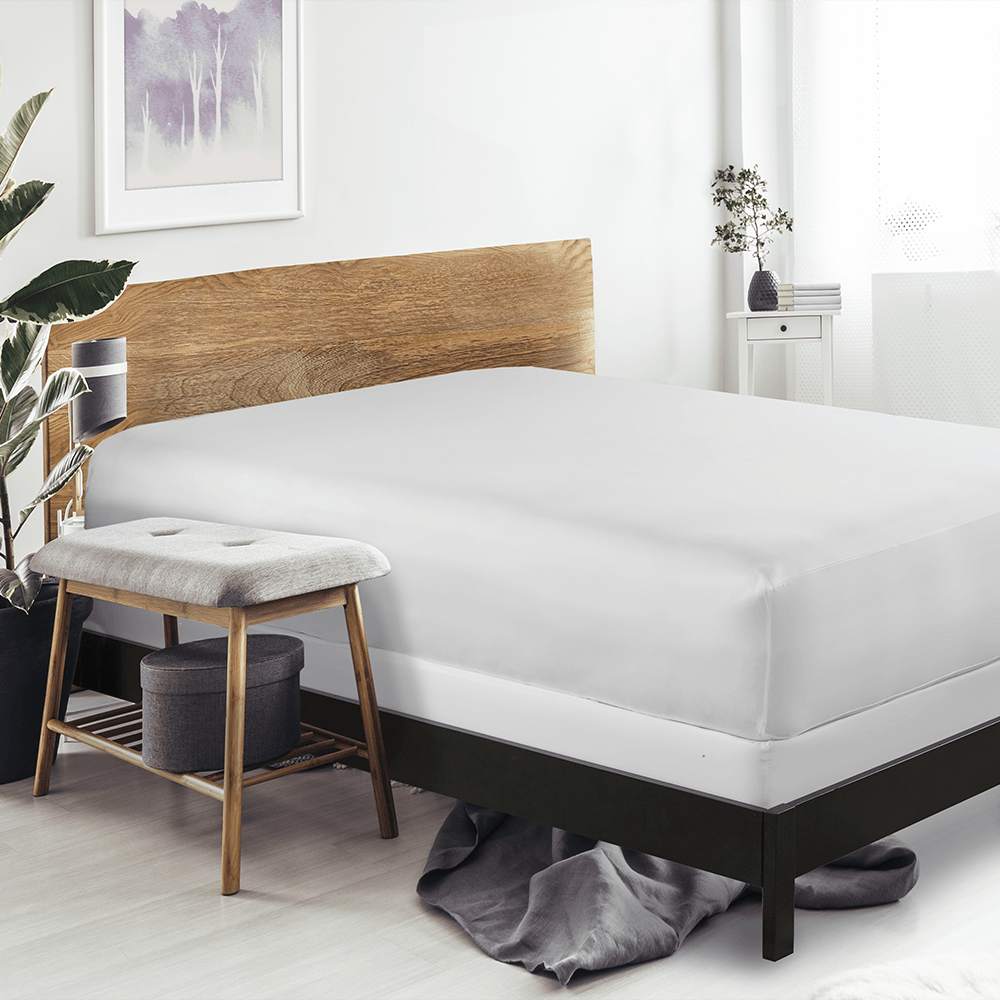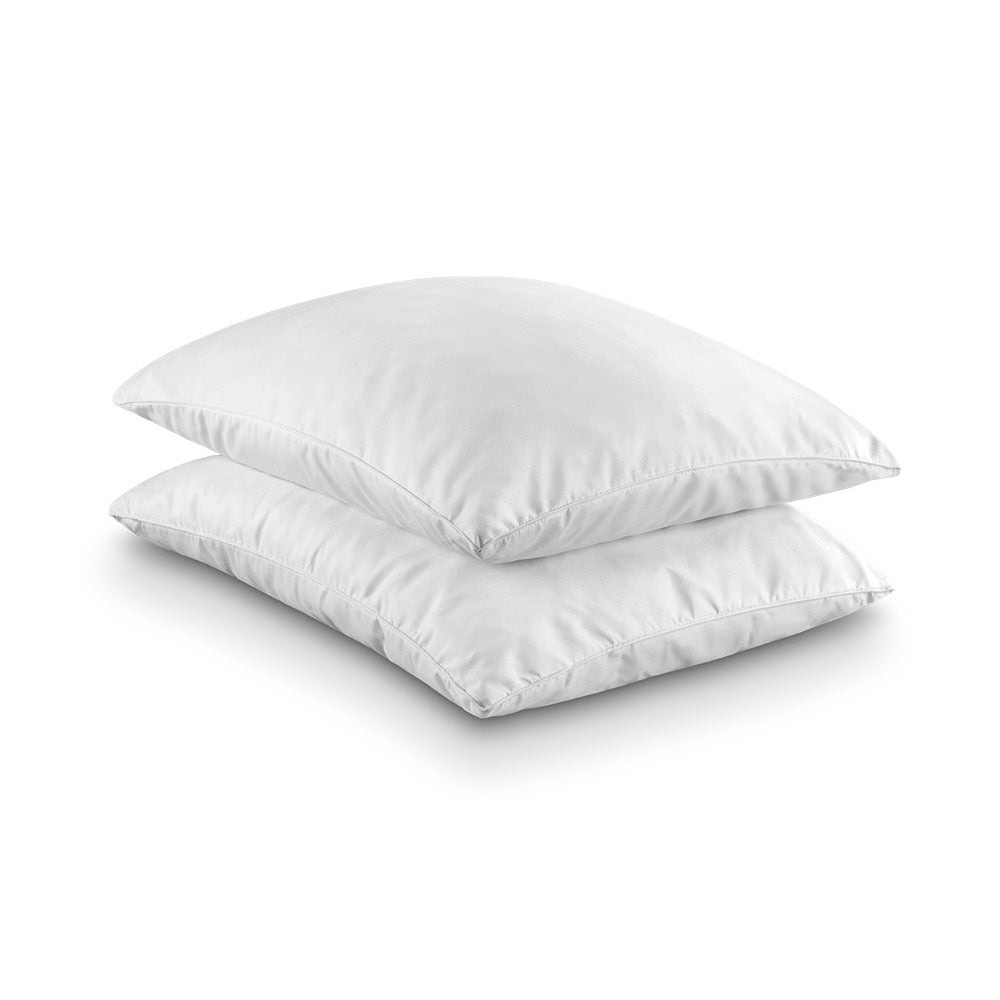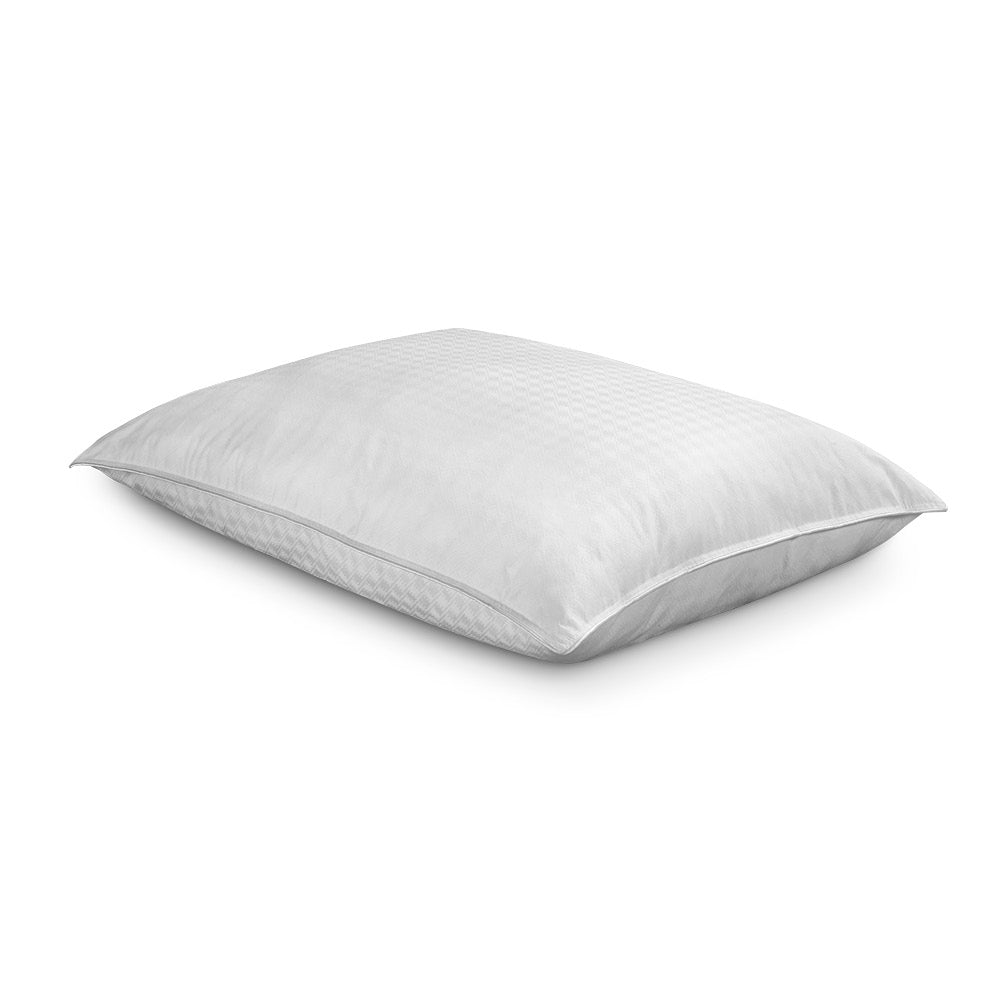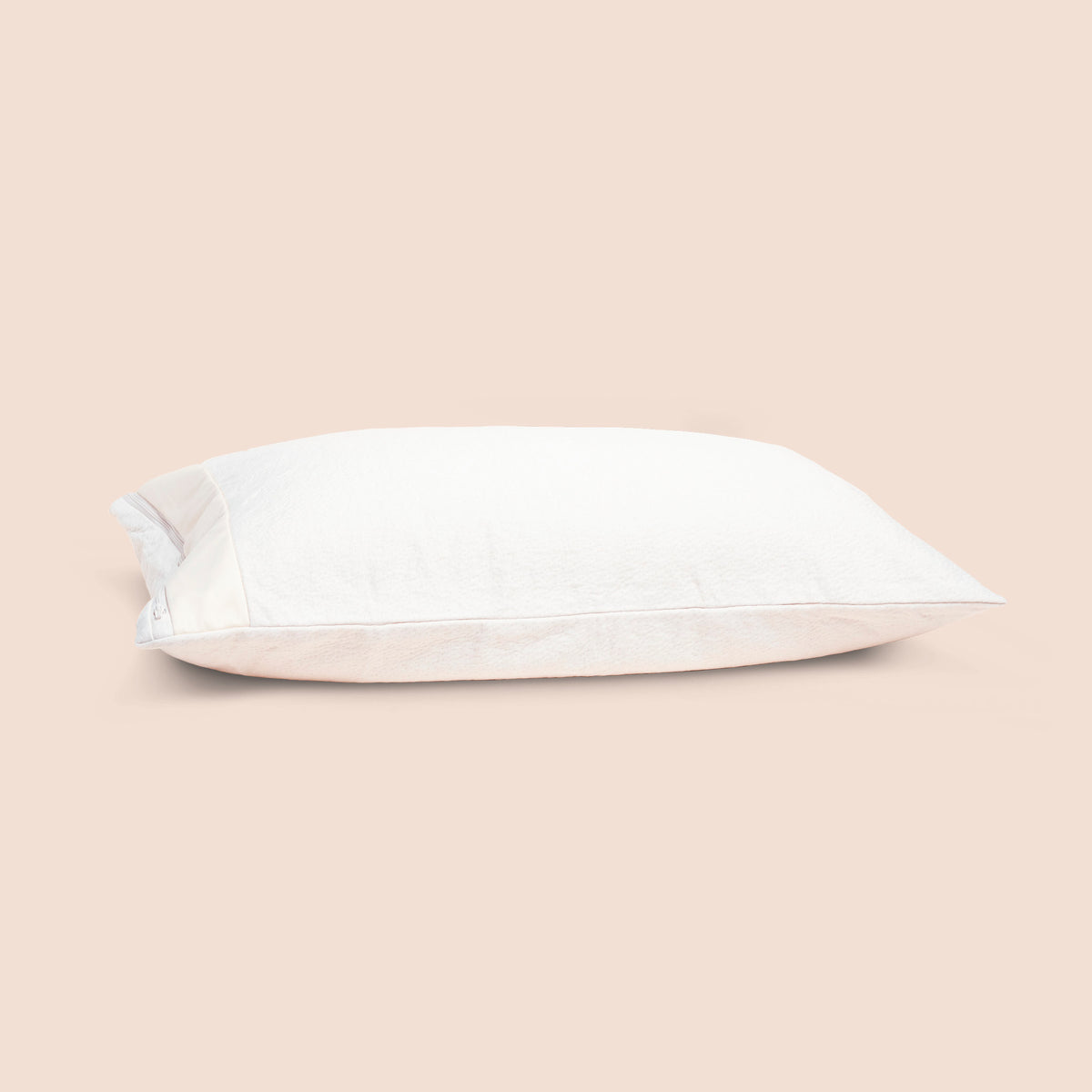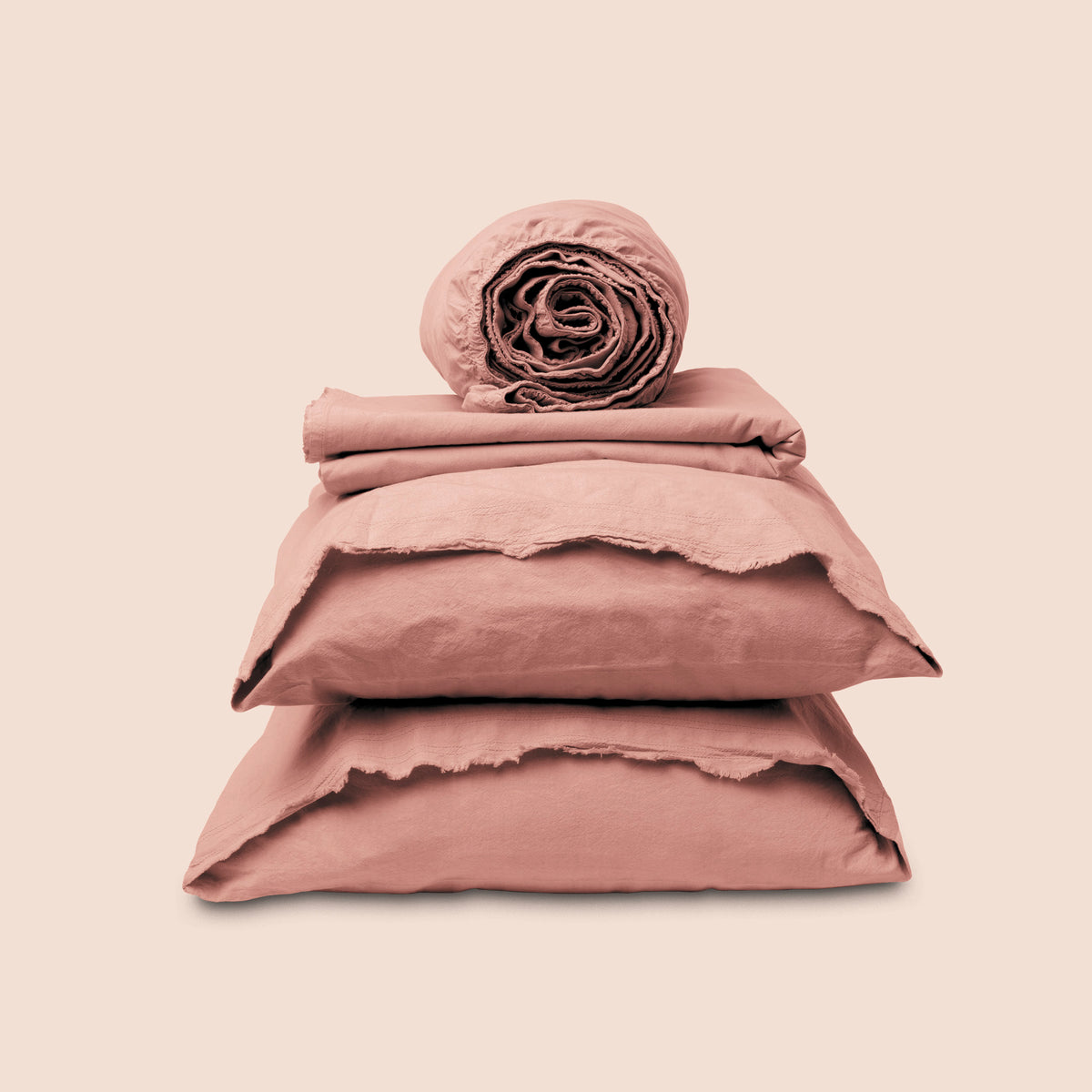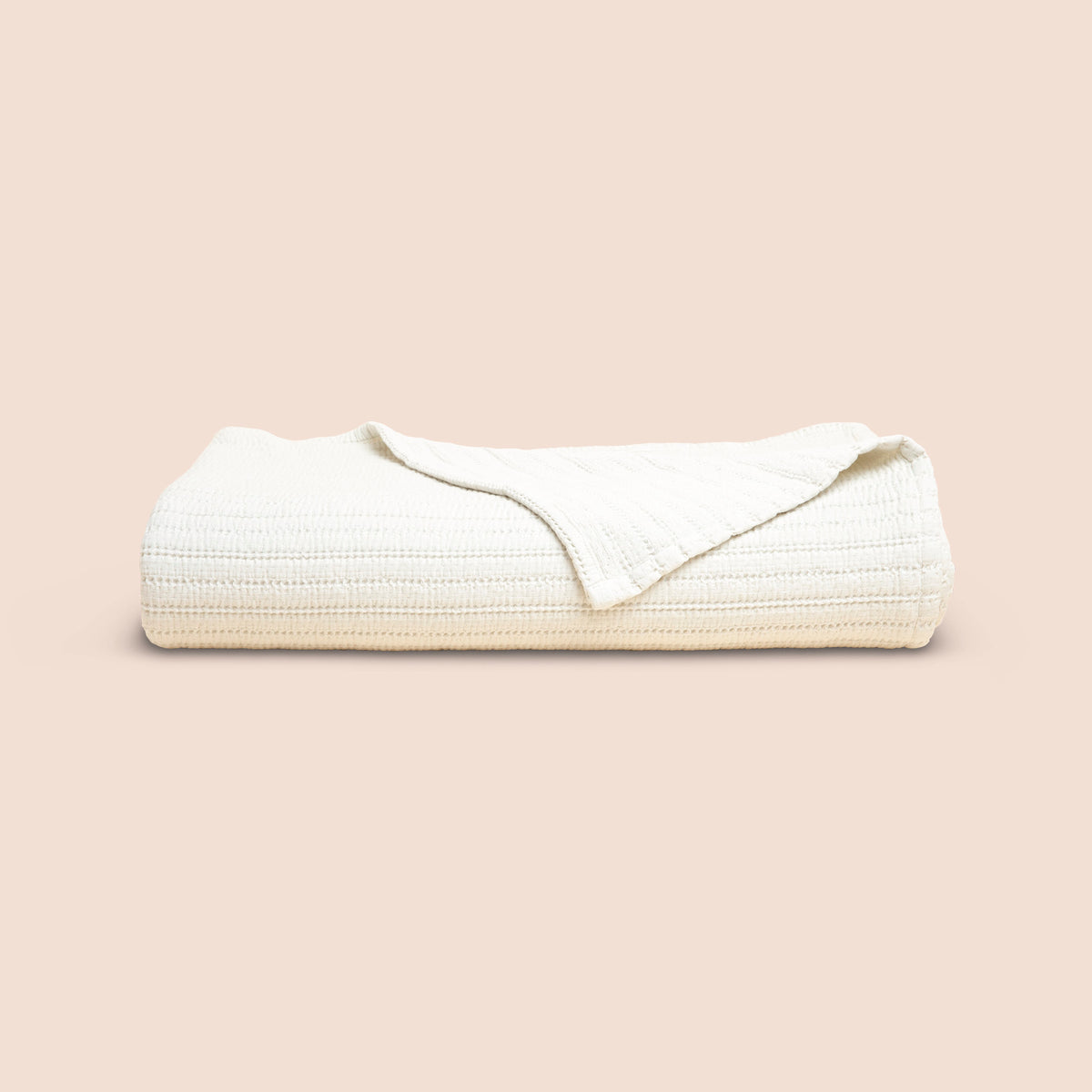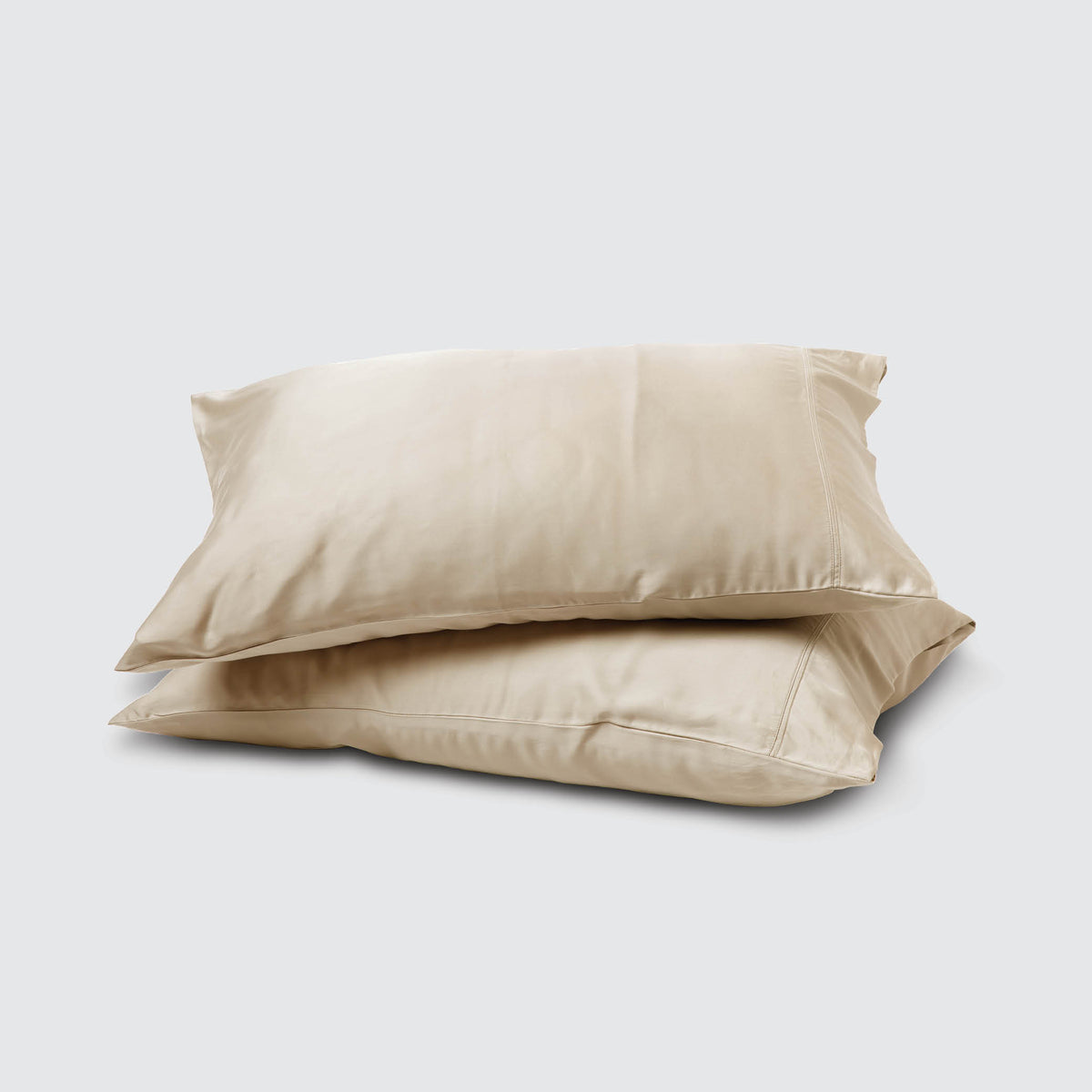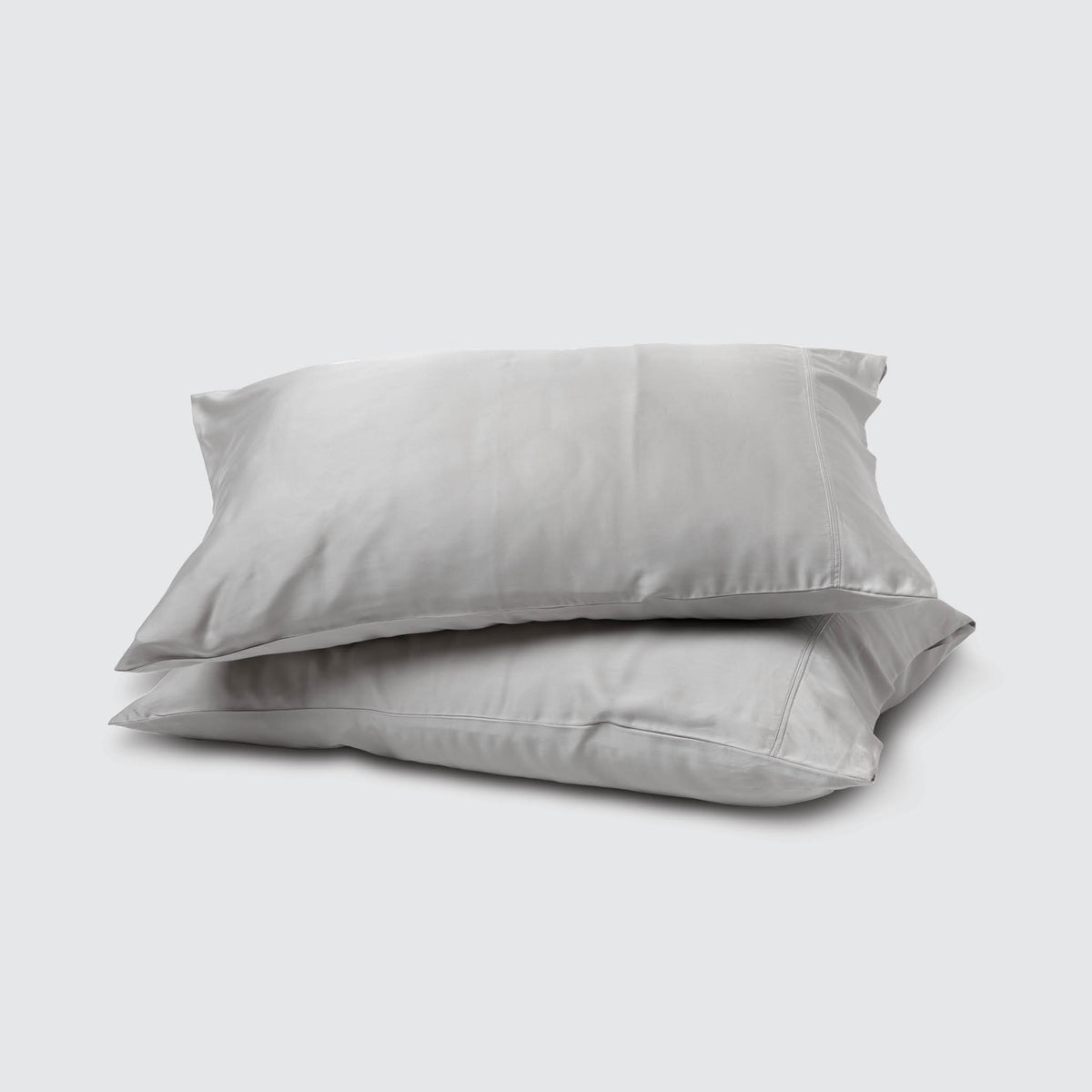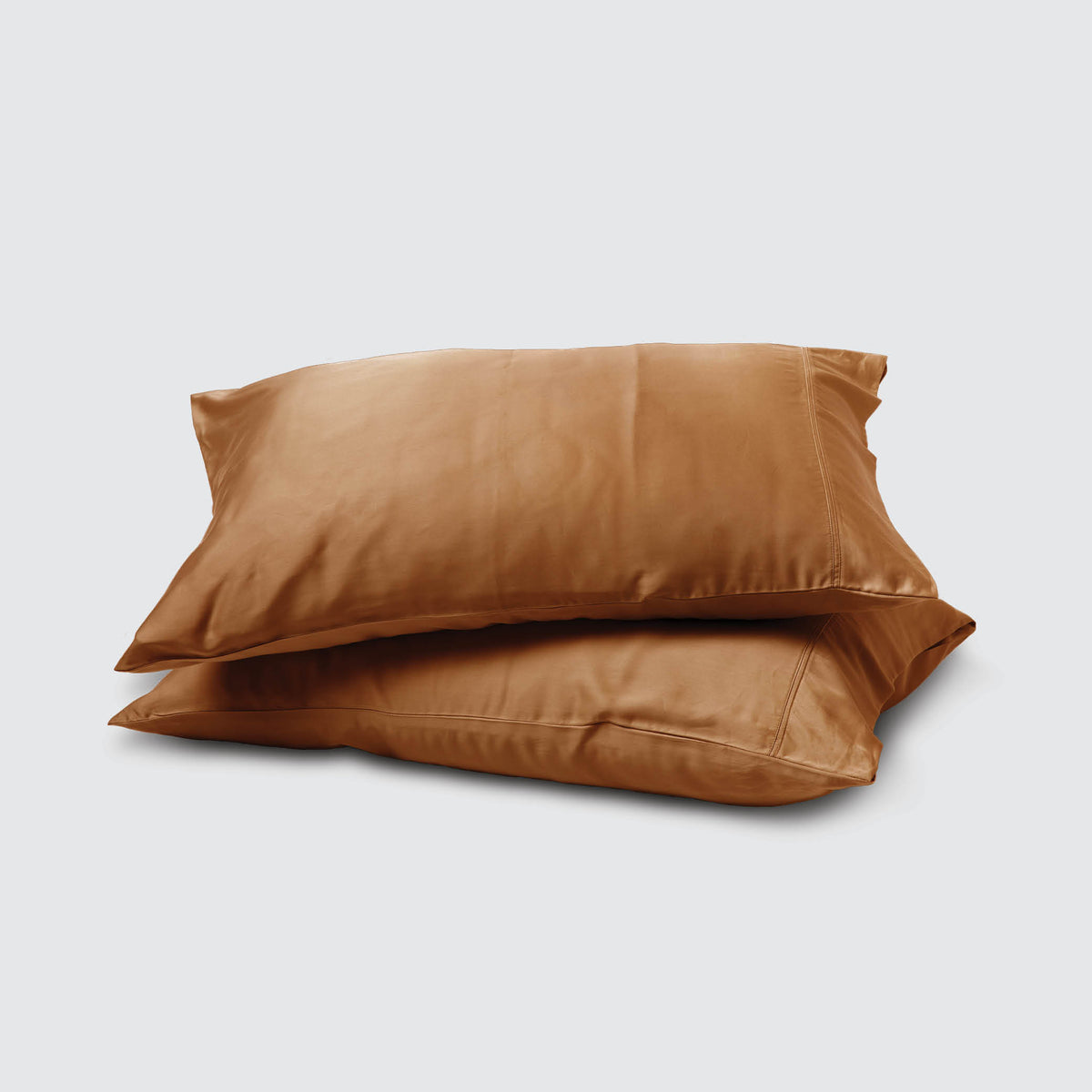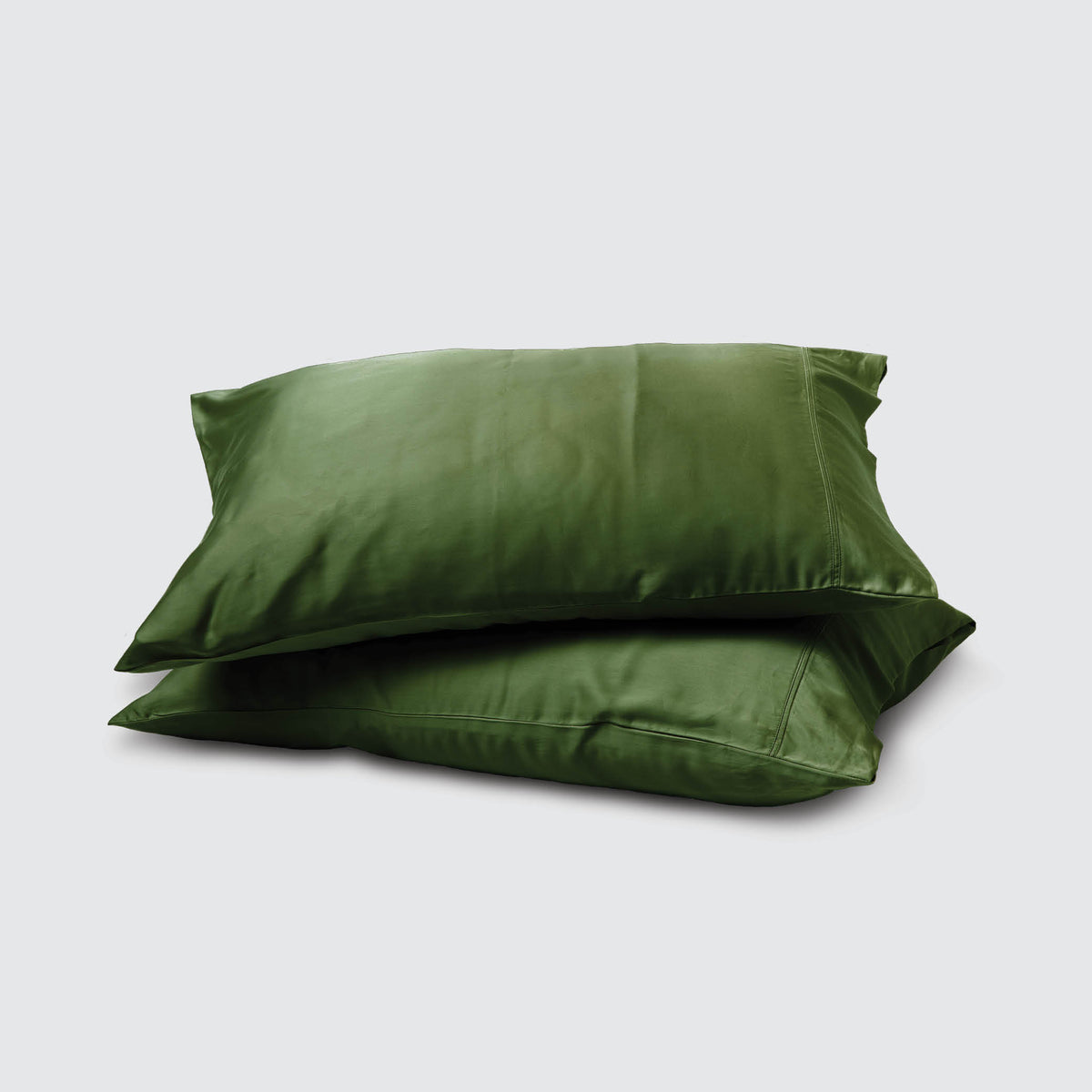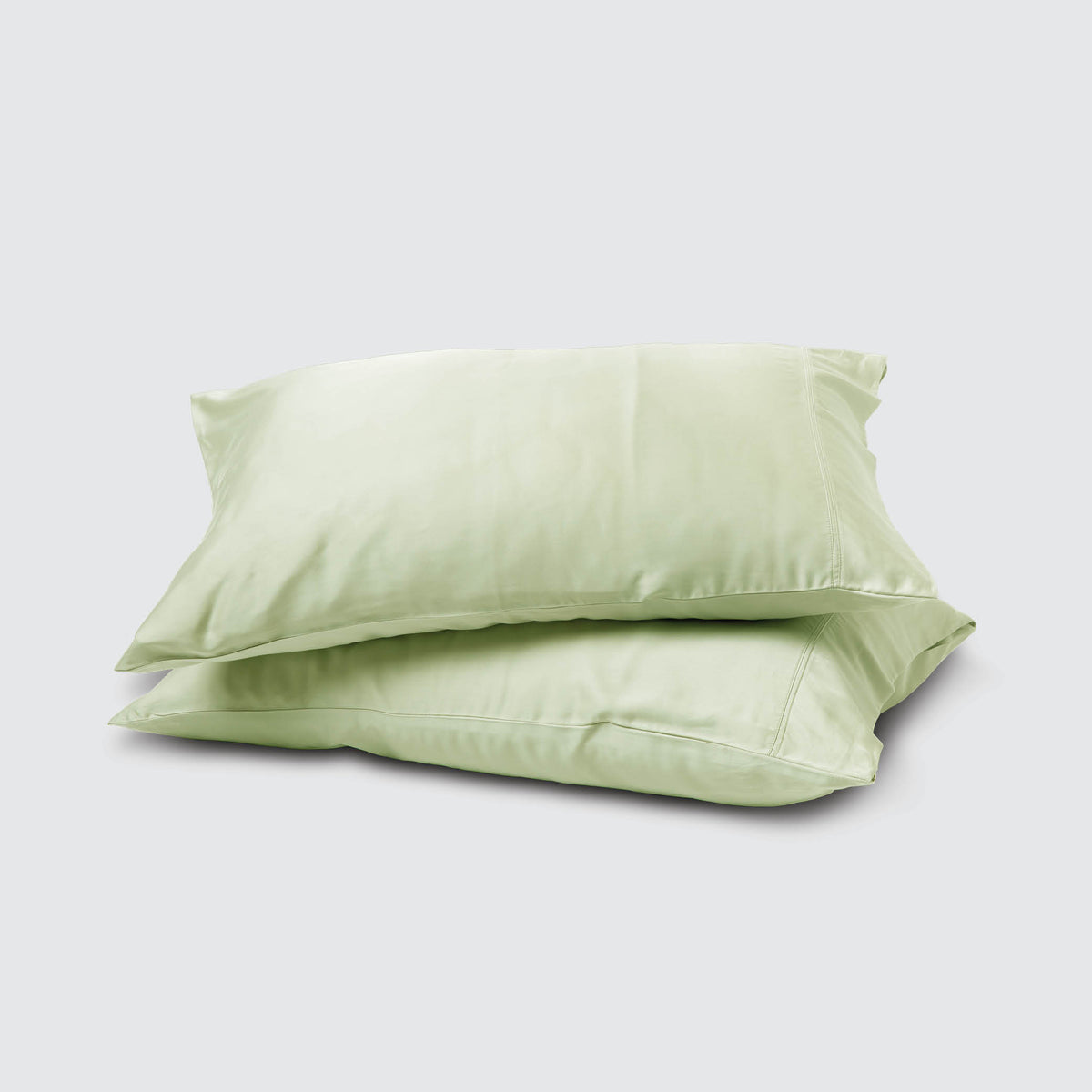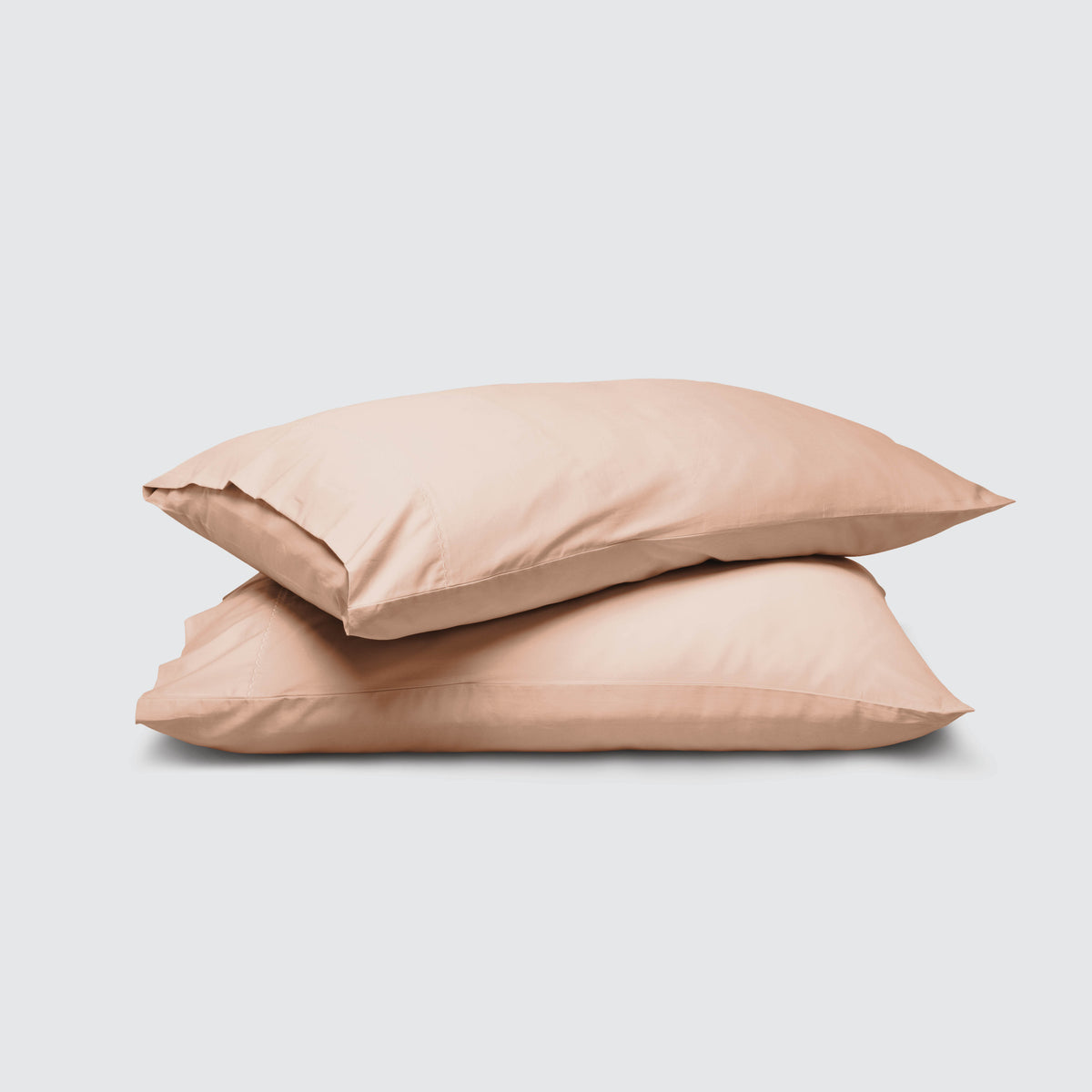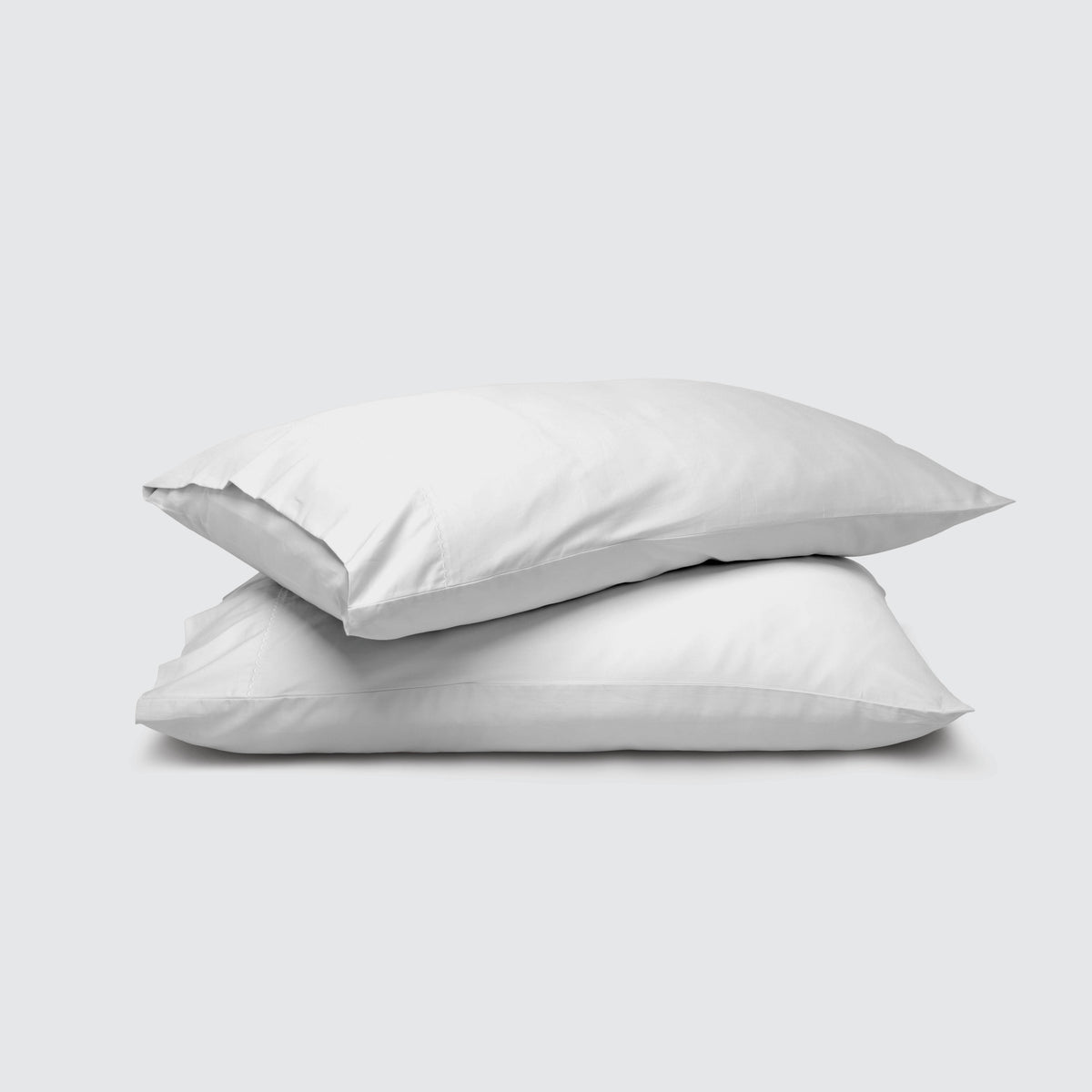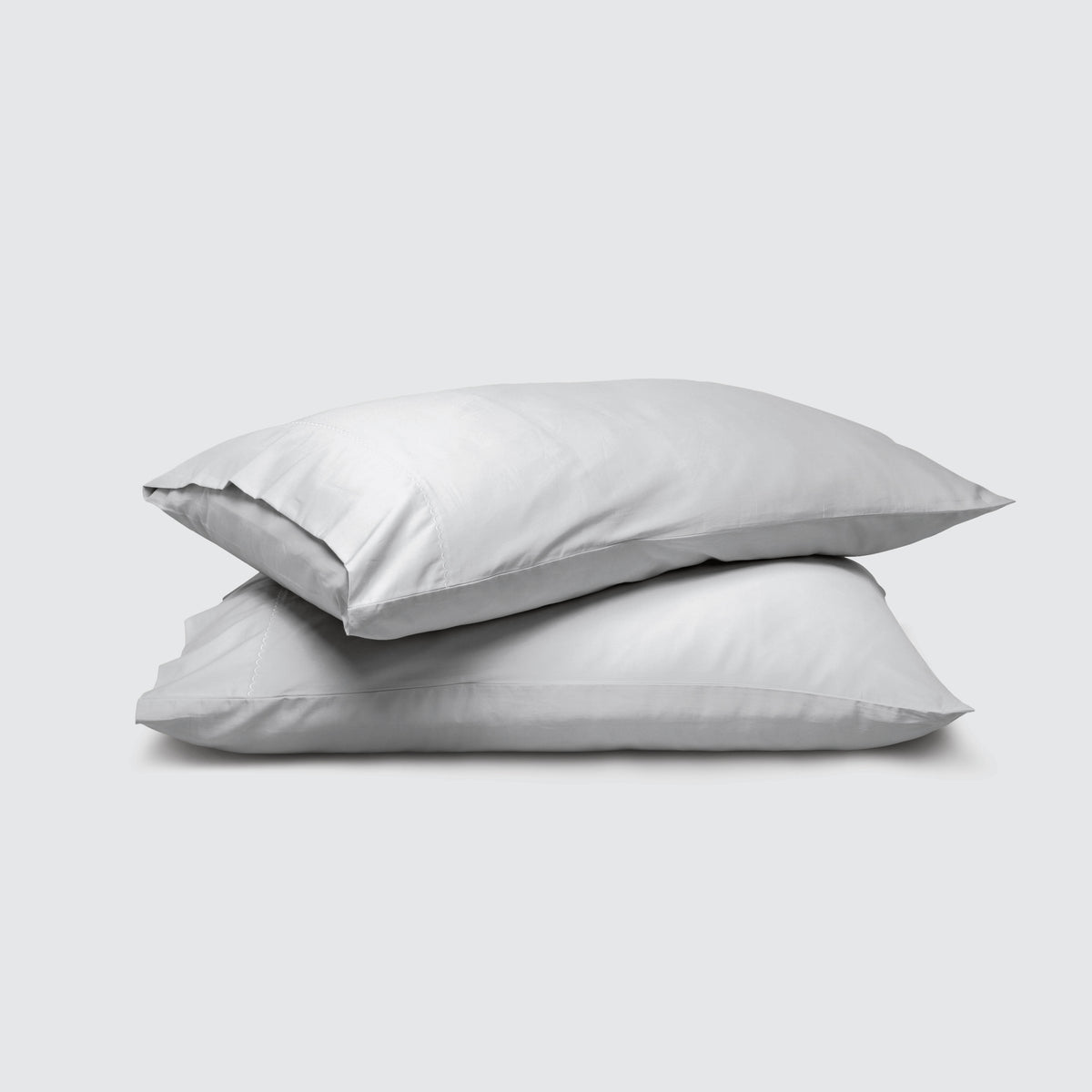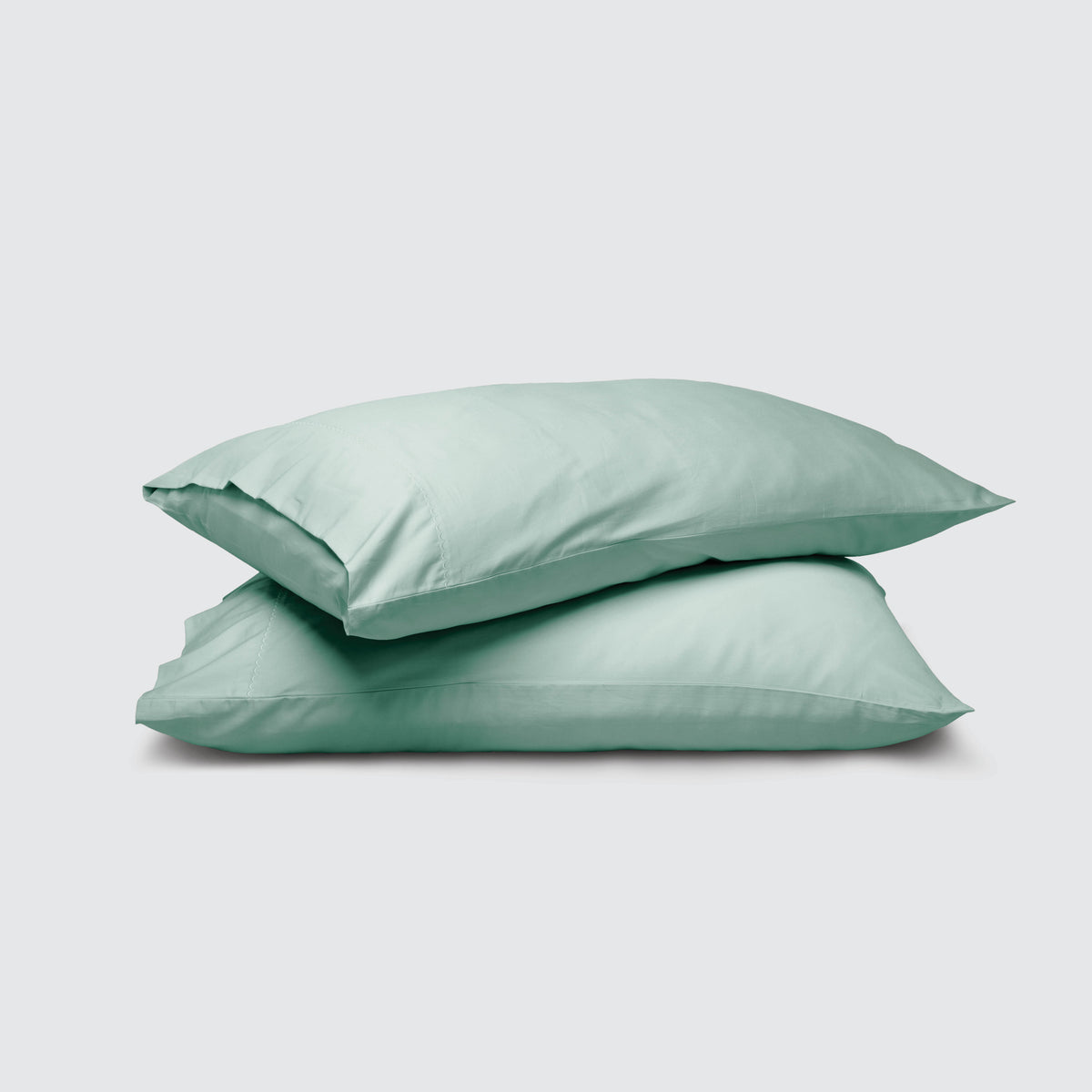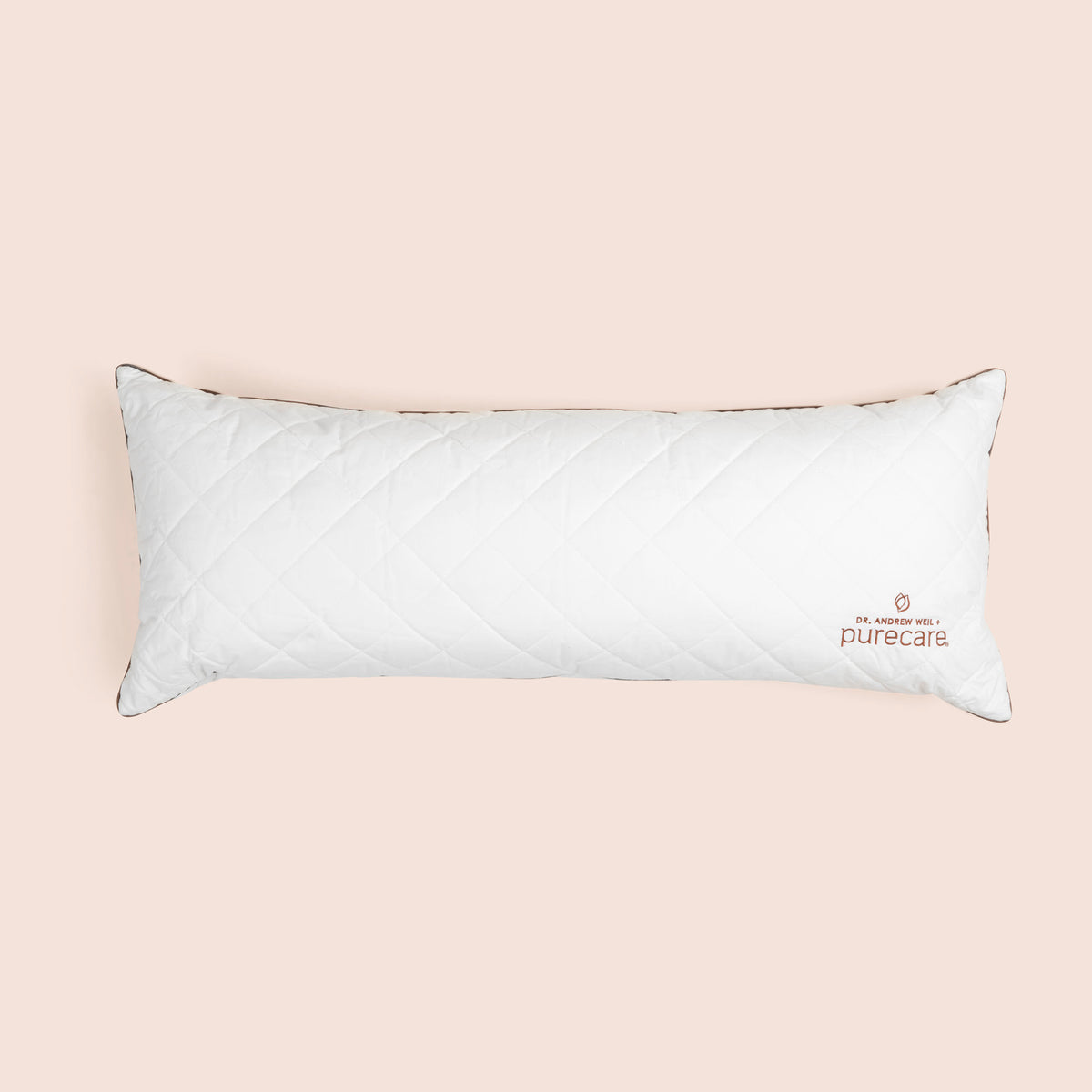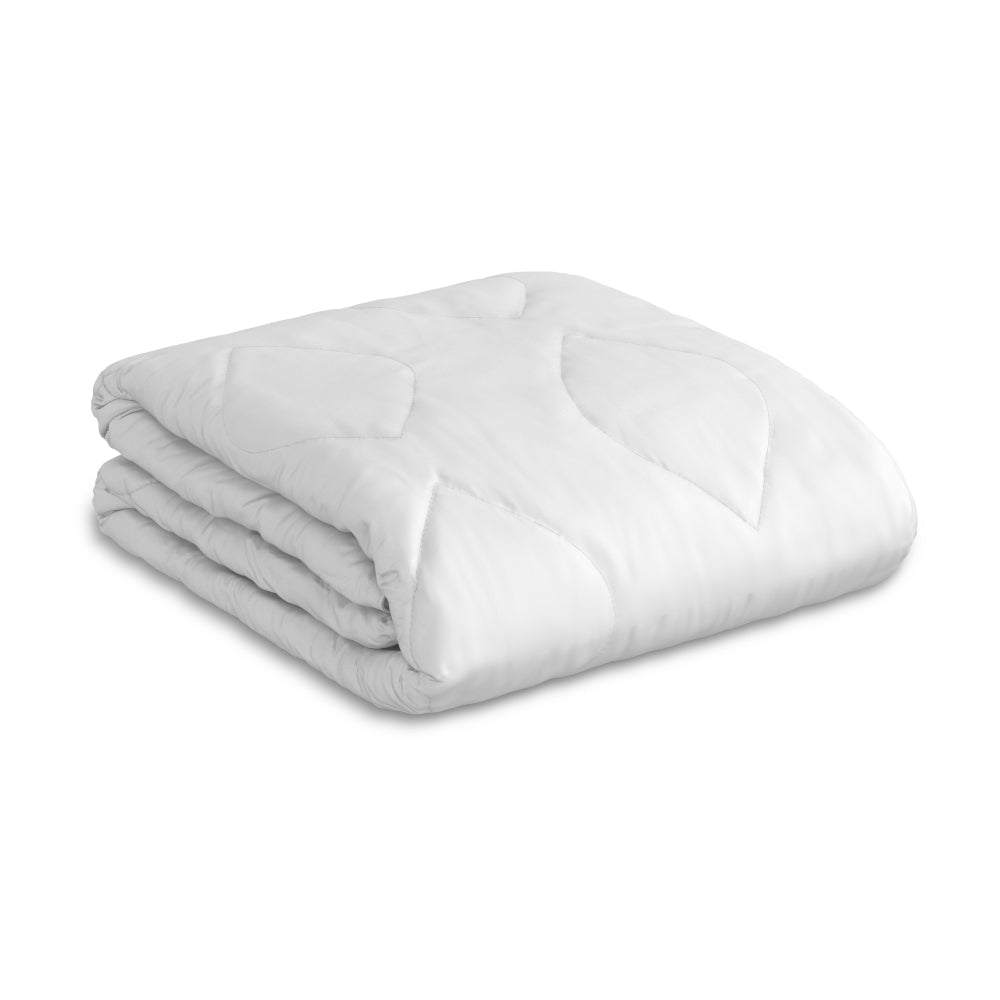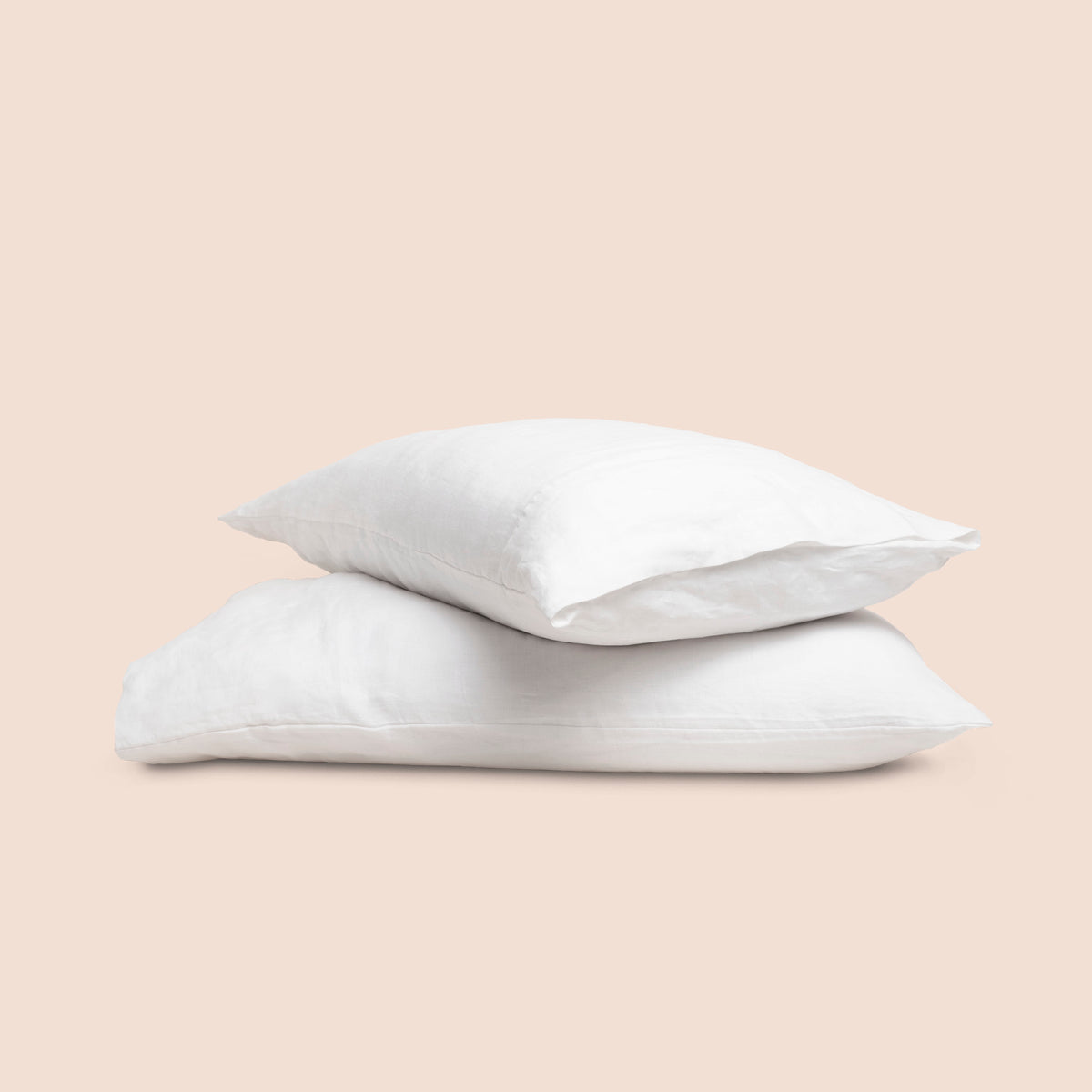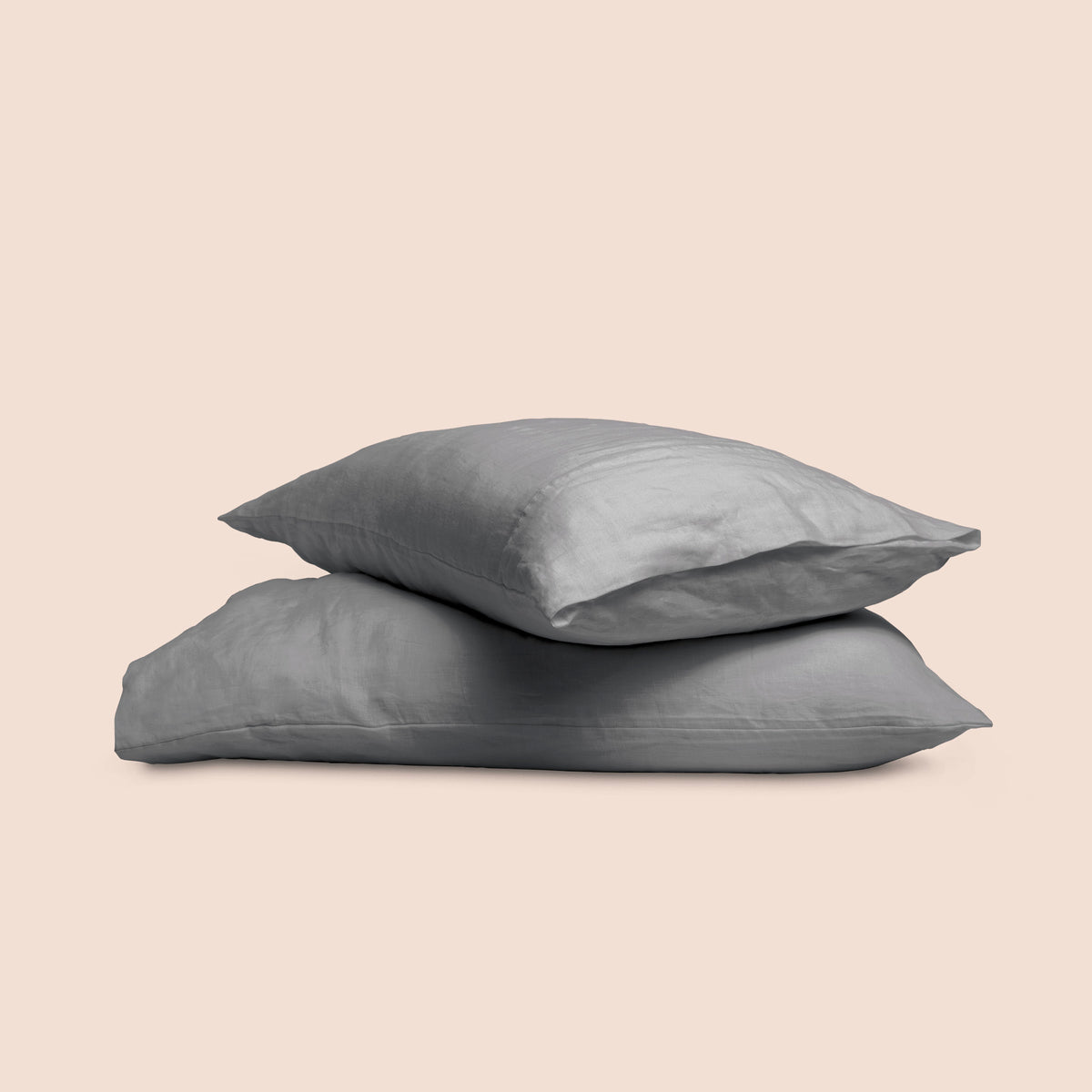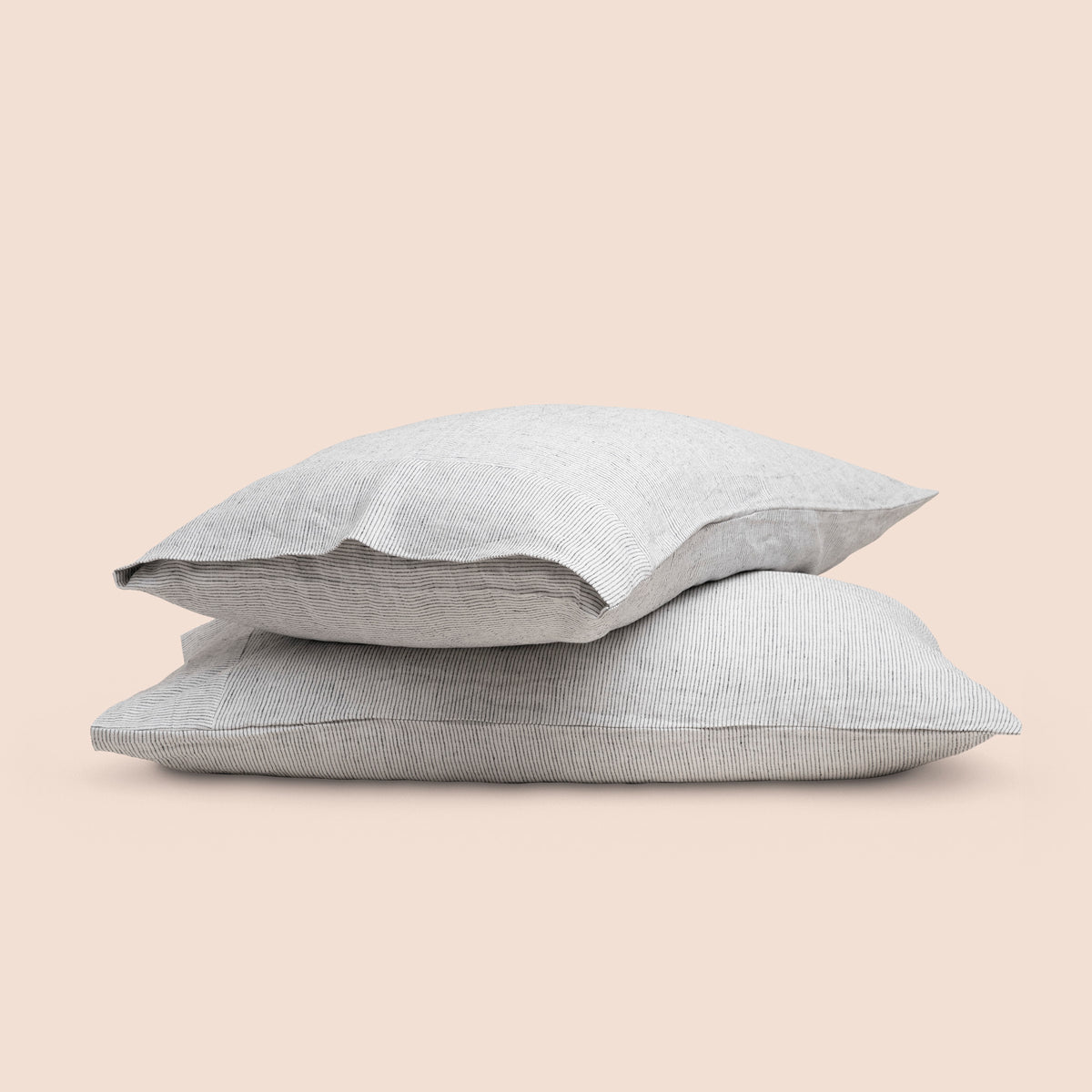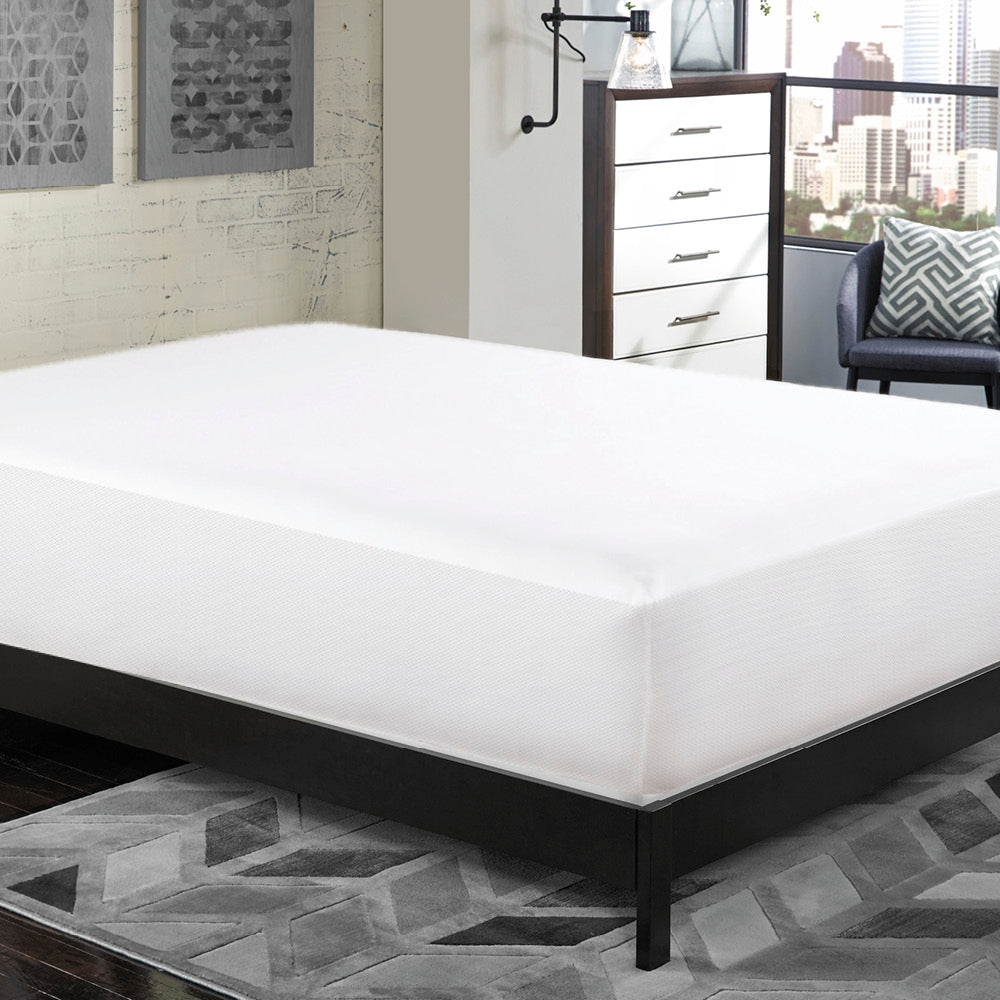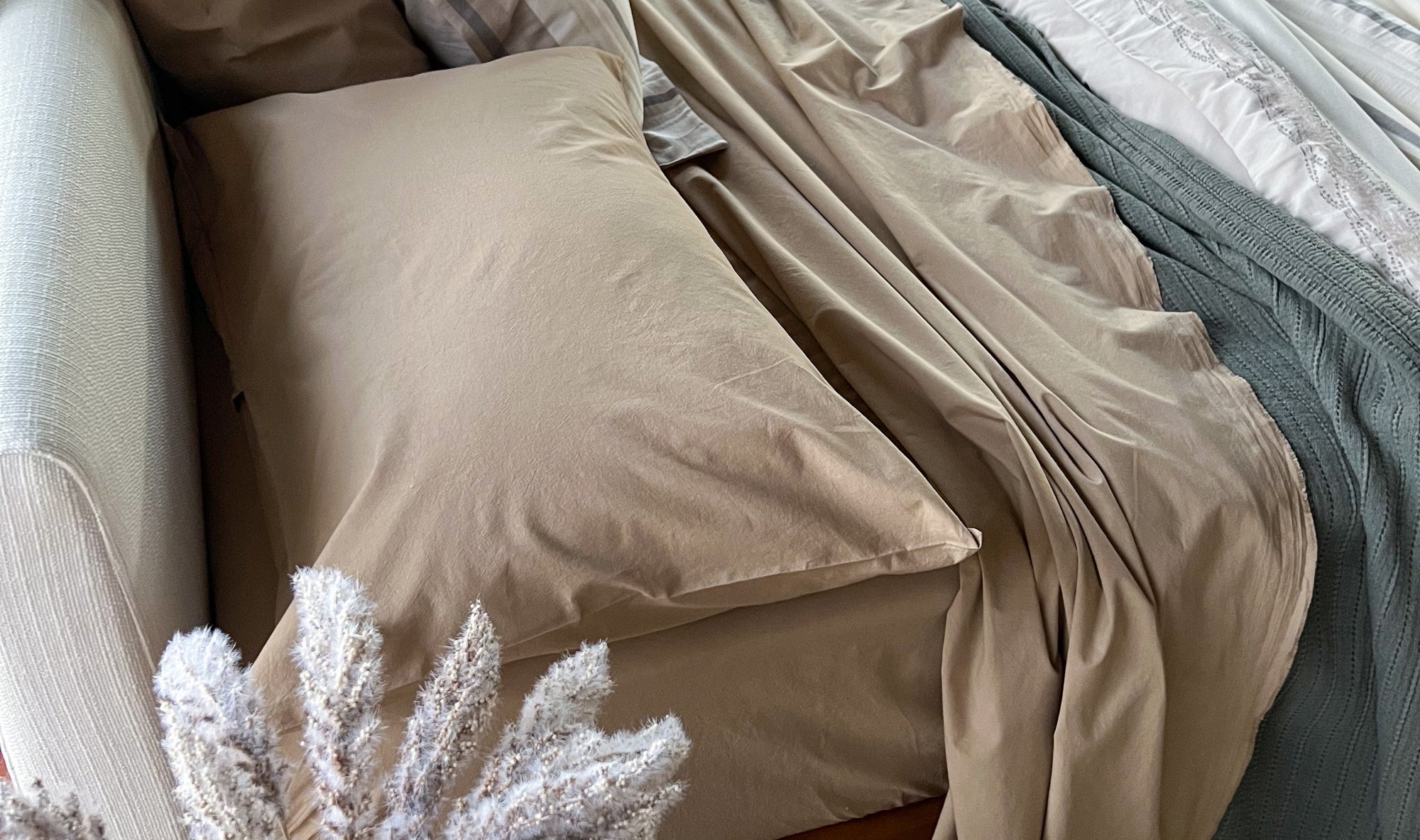Sleep Hygiene: Habits and Tips to Help You Sleep Better
It’s no secret that Americans are sleep-deprived. In fact, it’s a global issue, with most of the developed world wrapped up in the daily hustle we all face in modern economies. From work to home to the soccer game, we’re busy, and we sleep less. With plenty to disrupt our sleep, surveys show we get about 6.8 hours of sleep on weeknights. That’s less than the recommended 7 to 8 hours, which puts us at risk for all kinds of adverse outcomes, from obesity to heart disease.
Good sleep habits, called “sleep hygiene” or sleep wellness, can avert these problems and help us get in the mood to snooze. When we get to bed on time and fall asleep easily (then stay asleep), we stand the best chance at beating the sleep odds stacked against us by our daily lives. These healthy sleep habits truly make or break our sleep health.
We dug into some of the tried and true tips about better sleep wellness. We also asked Harvard-educated integrative health specialist Dr. Andrew Weil for his best tips on sleeping healthy.
Let’s take a peek.
What is Good Sleep Hygiene?
"Sleep hygiene" is all about the habits and environmental factors that go into a good night's sleep. It's not about cleanliness, per se, although sleep hygiene does account for some ways that feeling clean, fresh, and safe can help us feel relaxed and get to sleep (so tackle any old blood and urine stains upfront).
What does it have to do with? Overall, sleep hygiene encompasses the factors that contribute to sleep health including:
- Our environment: From sound to light, comfort, fresh bedding, and bedroom clutter, the way our bedrooms make us feel can impact how relaxed, safe, and sleepy we feel when we're in them. And though many elements of the environment, like outside noises, aren't completely in our control, we can often soften the effects of our environment on sleep.
- Our lifestyle: Lifestyle includes everything that happens on our journey from hyped-up to unwound and ready for bed. With elements like muscle relaxation, timing our meals, and exercising long before bed, we can set our internal clocks for ideal sleep and wakefulness. Lifestyle elements include things like diet, exercise, and substance use.
What are the 5 Principles of Sleep Hygiene?
In the early 1990s, a UK doctor penned the Good Sleep Guide as a campaign for the National Health Service (NHS). His patient handout listed sleep hygiene tips. It was a way to empower patients with a pamphlet that helped them strategize a better sleep through habits that were within their grasp.
In 2020, the updated Every Mind Matters followed, helping spread the word about sleep self-care and wellness.
It codified the key sleep hygiene principles of:
- Value: Take sleep seriously. Sleep is as integral to our health as the air we breathe and the water we drink.
- Prioritize: Let go of little things you want to accomplish in favor of one of your fundamental values - sleep. It's a step en route to a lifestyle where you're more capable, healthier, and happier, which benefits all your other priorities, from your job to your family.
- Personalize: Sleep hygiene experts maintain that sleep habits aren't one-size-fits-all. There will be a couple of sleep wellness tips that make a difference for you. The trick is finding them through experimentation. Sometimes, you'll fail, and that's ok. Be willing to learn.
- Trust: Our bodies know how to sleep through a system of internal processes like our circadian rhythms. Let the system do the work. Focus on removing obstacles for your inner napper, not adding frills to what is, at heart, a biological process. "Your body is really good about getting what it needs," says Lauren Whitehurst, an assistant professor of psychology at the University of Kentucky who focuses on sleep health research.
- Protect: As we remove obstacles for our inner napper, we may also throw new blocks in their path. Protect your sleep by being deliberate about caffeine, smartphones, and the like. Actively guard your sleep from these distractions.
Is Sleep Hygiene Important?
Yes, sleep hygiene is incredibly important.
While practicing good habits related to sleep doesn't guarantee a good night's sleep, it goes a long way toward setting up your body for success. Without this foundation, you're less likely to achieve restful sleep.
And quality sleep can protect us from all kinds of health concerns, like:
- Heightened anxiety. Like the "coronasomnia" that kept people awake with worry during the pandemic, stress can lead to reduced sleep and even more worry. It's no wonder the two conditions are related: those with low sleep duration report more anxiety, and those with high anxiety report poor sleep duration.
- Depression. Low sleep duration is associated with depression. Like anxiety, the relationship is also bidirectional. Low sleep leads to depression, and brain changes help along with more sleep interruptions.
- Higher rates of inflammatory diseases. From strokes to heart attack, those who find a way to snooze soundly have it better wellness-wise in their waking lives, too.
Top Tips to Improve Your Sleep Environment
Use Your Bed for Sleep and Sex Only
Bed is a place of refuge. Keep it that way. You'll train your brain to make an association between bed and relaxation. You'll also eliminate itchy crumbs in your sleep space.
Practice Consistent Sleep Habits
Set aside time to wind down at the same time and place each day. For example, an evening bath can help accelerate your body's natural temperature dip before bed, releasing melatonin and getting you ready to sleep. Add a few drops of calming lavender in the water. It's about resetting your circadian rhythms and regulating your sleep cycle.
Go to Bed on a Regular Sleep Schedule
Regardless of whether you're an early riser or used to burning the midnight oil, sticking to a regular schedule nets health benefits, says clinical psychologist Jessica Lunsford-Avery. It promotes increased mental alertness and improved heart health.
Get a Sound Sleep Through a Restful Environment
Your bedroom shouldn't be cluttered, bright, or set up for multiple tasks. It should be a sanctuary. Likewise, your bed frame, mattress, and bedding should nurture a peaceful night's rest. Simple improvements include cooling bedding or pillows, a supportive mattress, and blackout curtains. If you have sensitive skin, try bedding that feels buttery soft and is hypoallergenic.
Do you sleep hot? Consider fabrics that can keep you cooler, longer, like TENCEL™ lyocell and modal.
Shhhhhhh, Quiet Things Down
Try earplugs or a white noise machine if your noisy neighborhood is causing sleep problems. You'll get less fragmented sleep, which means less disruption in the natural length and sequence of your sleep stages, from REM to slow-wave sleep.
Banish Blue Light
Step away from the phone. Not only does doomscrolling lead to worry, but blue light from devices upends our circadian rhythms, making our internal clocks less predictable. Some experts think it contributes to cancer, diabetes, obesity, and heart disease, too.
Top Tips to Improve Your Sleep Lifestyle
Limit Caffeine, Especially Late in the Day
Studies show that caffeine keeps us up, even when it's taken 6 hours before bedtime. So limit coffee, soda, and energy drinks after dinner. Dr. Weil says, "I've met people who drink one cup of coffee in the morning and have no idea that's why they can't sleep at night," so cut back (or quit altogether) and see if you get a more restful night's sleep.
Make your Sleep Routine Consistent
Keep the time you go to sleep consistent, but also make time for a regular bedtime routine. Your body will begin to associate your activities with rest and start the sequence of physical changes that lead to sleep. Some potential winning activities include listening to an audiobook, turning on dim, colored lights, or doing breathing exercises.
Make Time for 7 to 9 Hours of Sleep
When an expert panel reviewed over 5,000 sleep studies, they didn't recommend anything less than 7 hours a night for healthy adults. That's quite a consensus. So set aside the time to sleep, including time you expect to be in bed winding down, reading, and preparing to fall asleep, and extra time if you're prone to secondary insomnia in the night.
Cut Naps if They're Keeping You Up at Bedtime
"I'm a big fan of napping for overall health," says Dr. Weil, who says napping offers mental health benefits without disturbing nighttime sleep. And he's right. Naps can offer some health benefits, like increased alertness and a sunnier mood. But if you're napping after 3:00 p.m., or you find napping is keeping you up later than you'd like, it may be time to kick the habit (or move it earlier in the day).
Get Regular Exercise, but Not in the Evening
Hard workouts before bedtime can invigorate you, so get your reps in before dinnertime if possible. Exercise releases endorphins and raises body temperature, both of which can help you get revved up for your day but make it harder to fall asleep at night. Use evenings to stretch or meditate instead.
Sleep Tips are Only Part of the Equation
These tips can help you choose a few good ideas that will hopefully become long-term habits that help you eliminate sleep debt and get a good night's rest. But what works for you is highly individual, so keep a sleep diary, and don't get discouraged if you haven't found your perfect routine yet. There are plenty of tips you can implement to complete your own sleep mosaic.
With more sleep tips and broad categories of sleep hygiene you may be missing, check out the ultimate sleep hygiene tips guide. You'll get even more tips for better sleep wellness and see how many you've already implemented.
And don’t forget—Mix, Match, and Save up to 40% off all season long when you refresh your favorite sleep wellness essentials with us at purecare.com.
